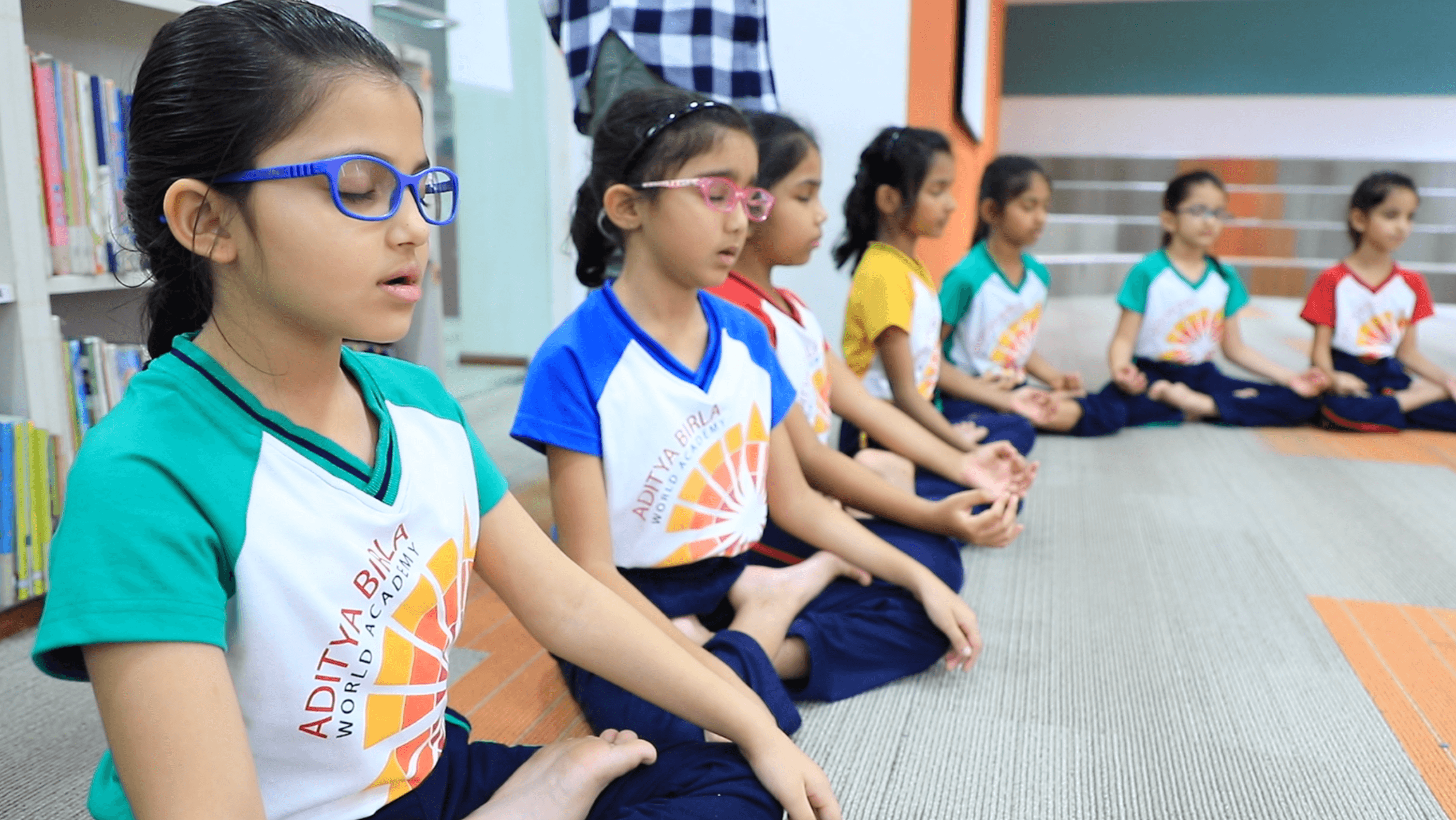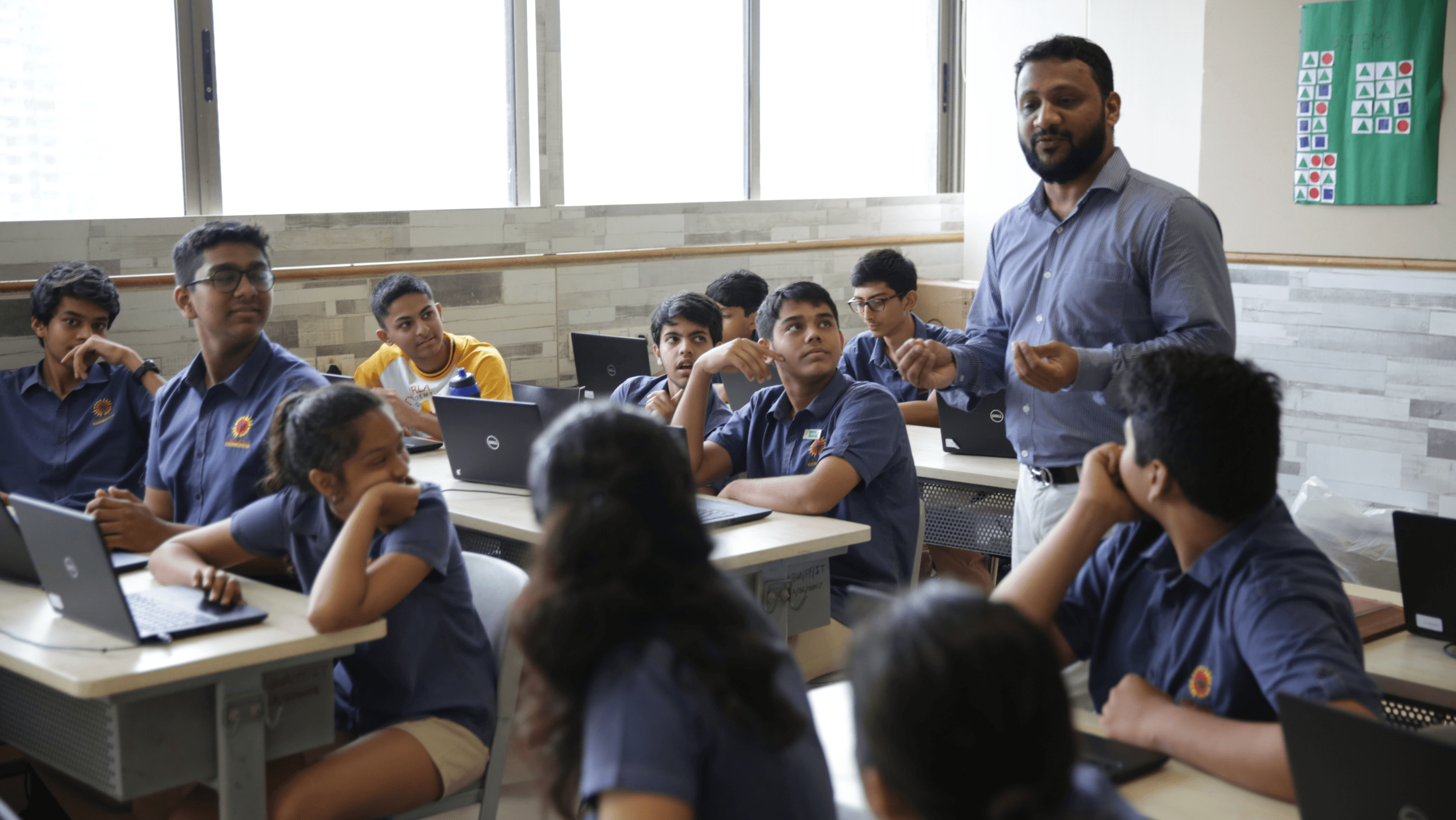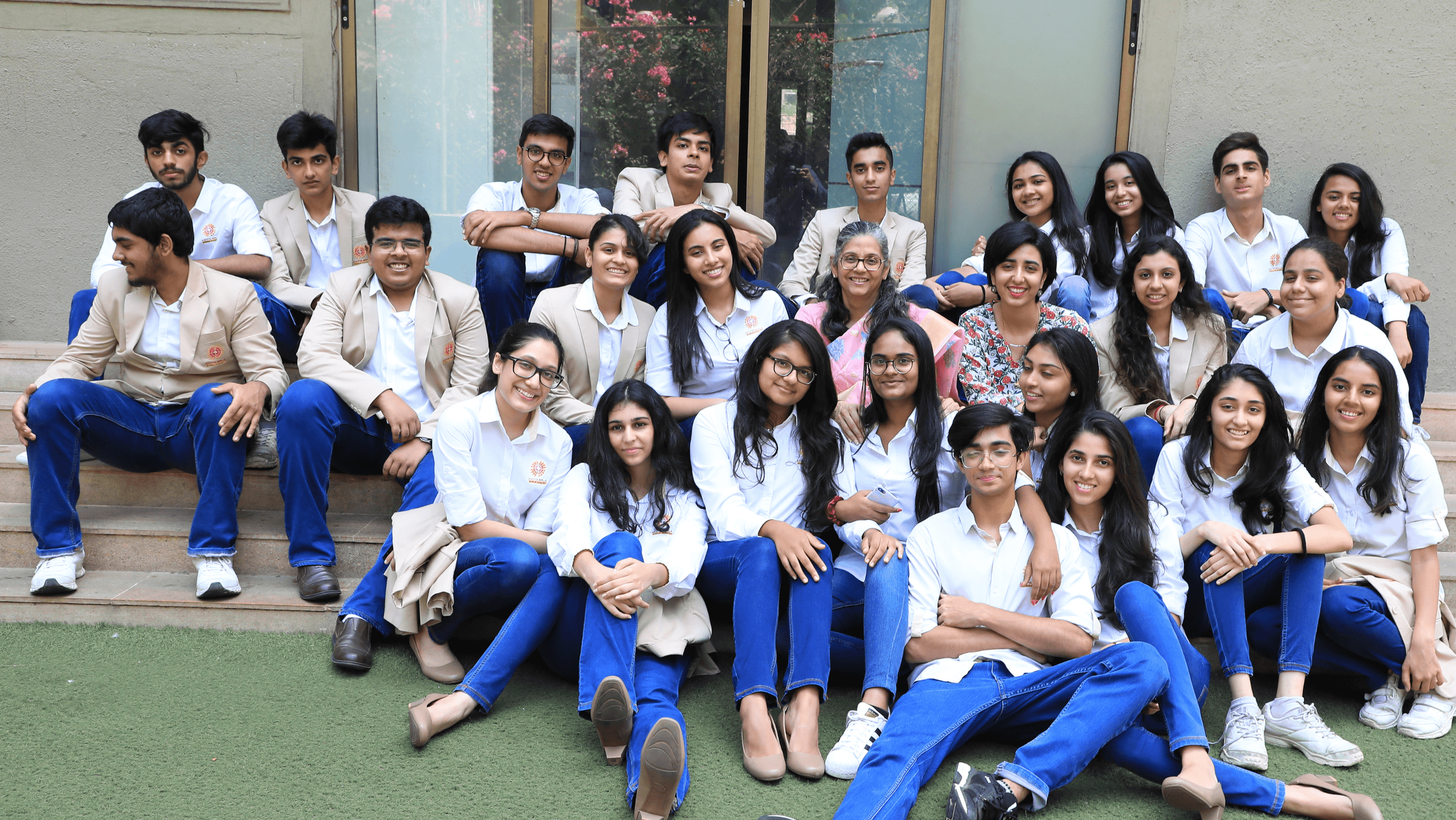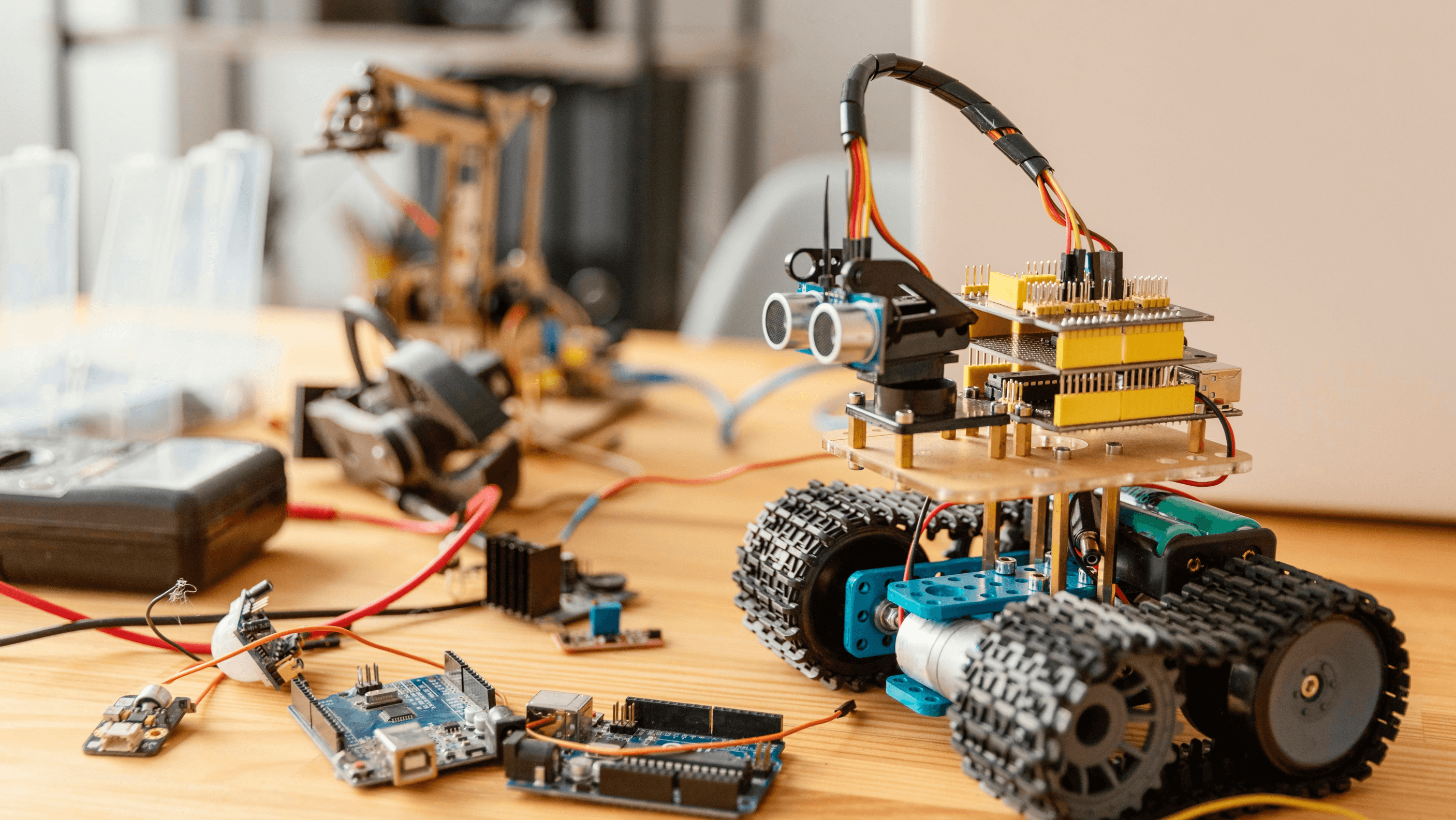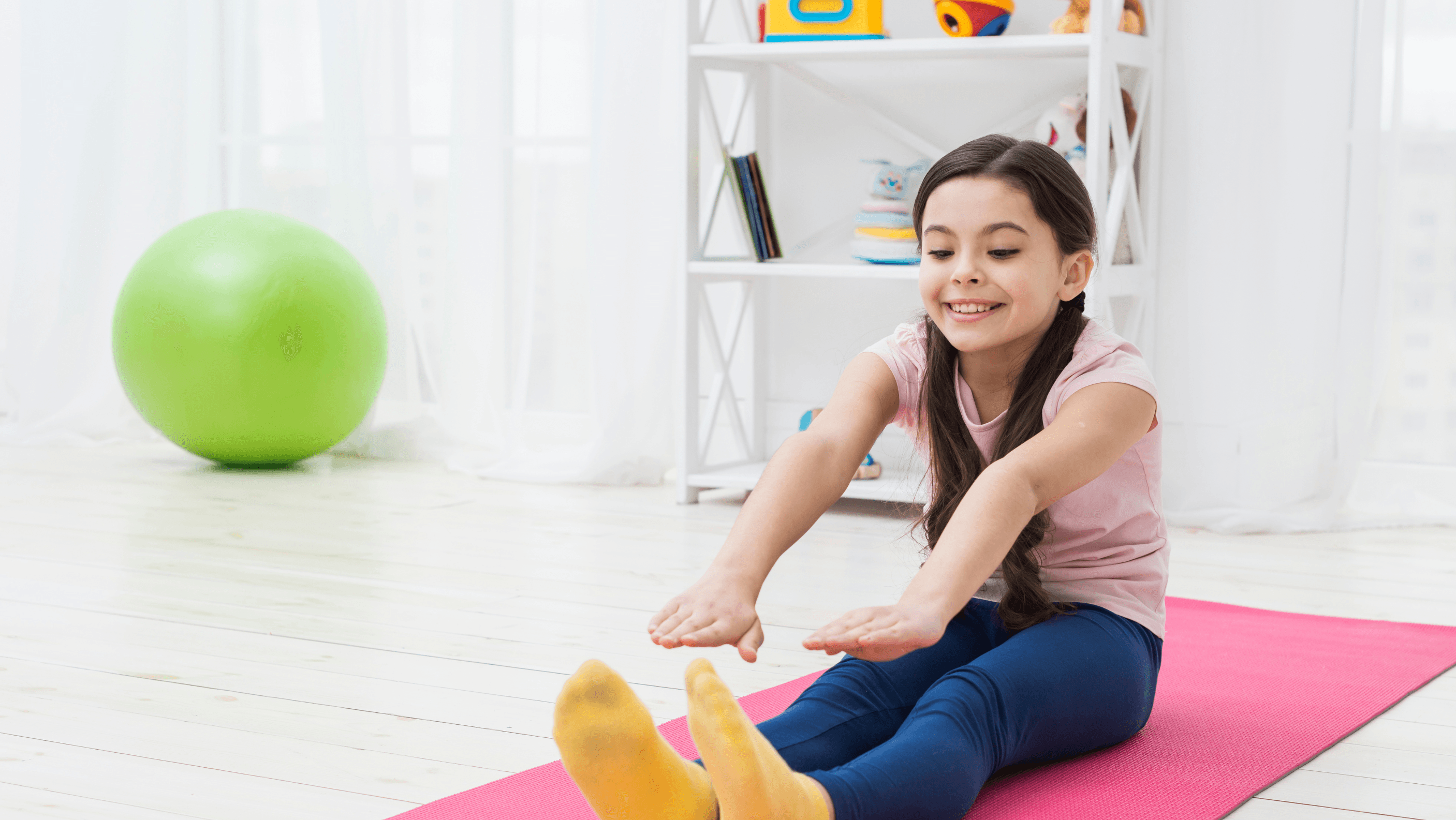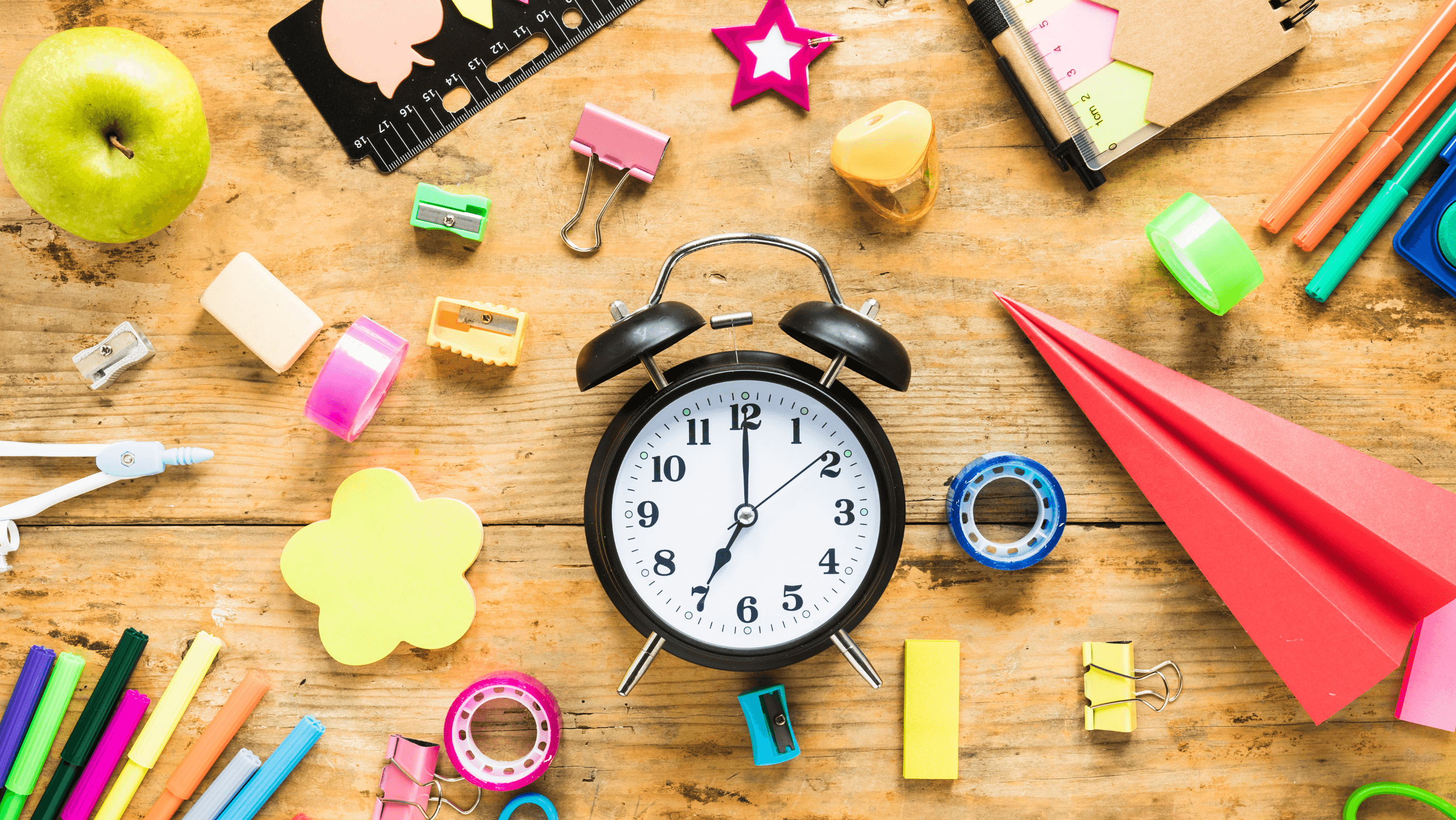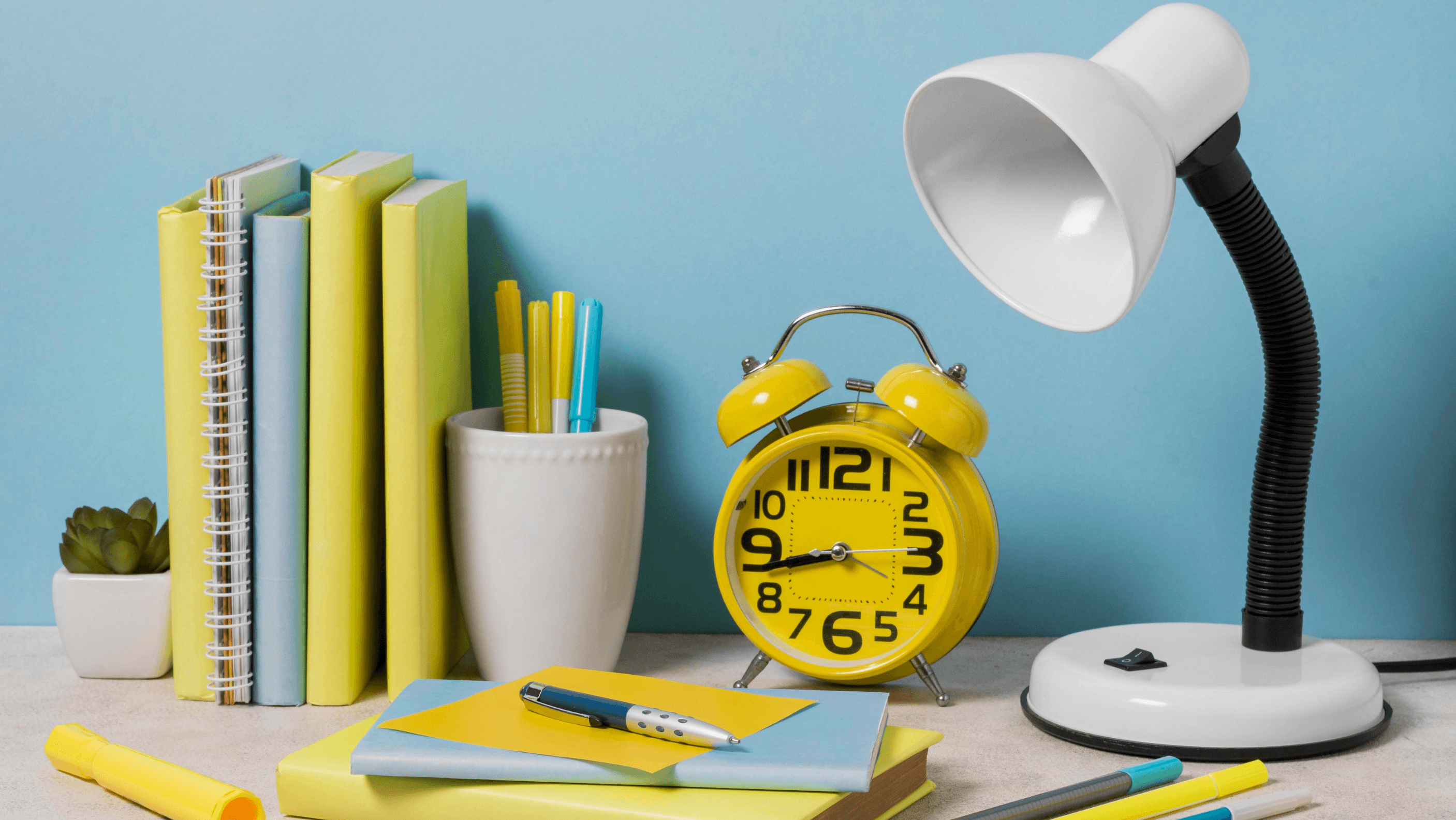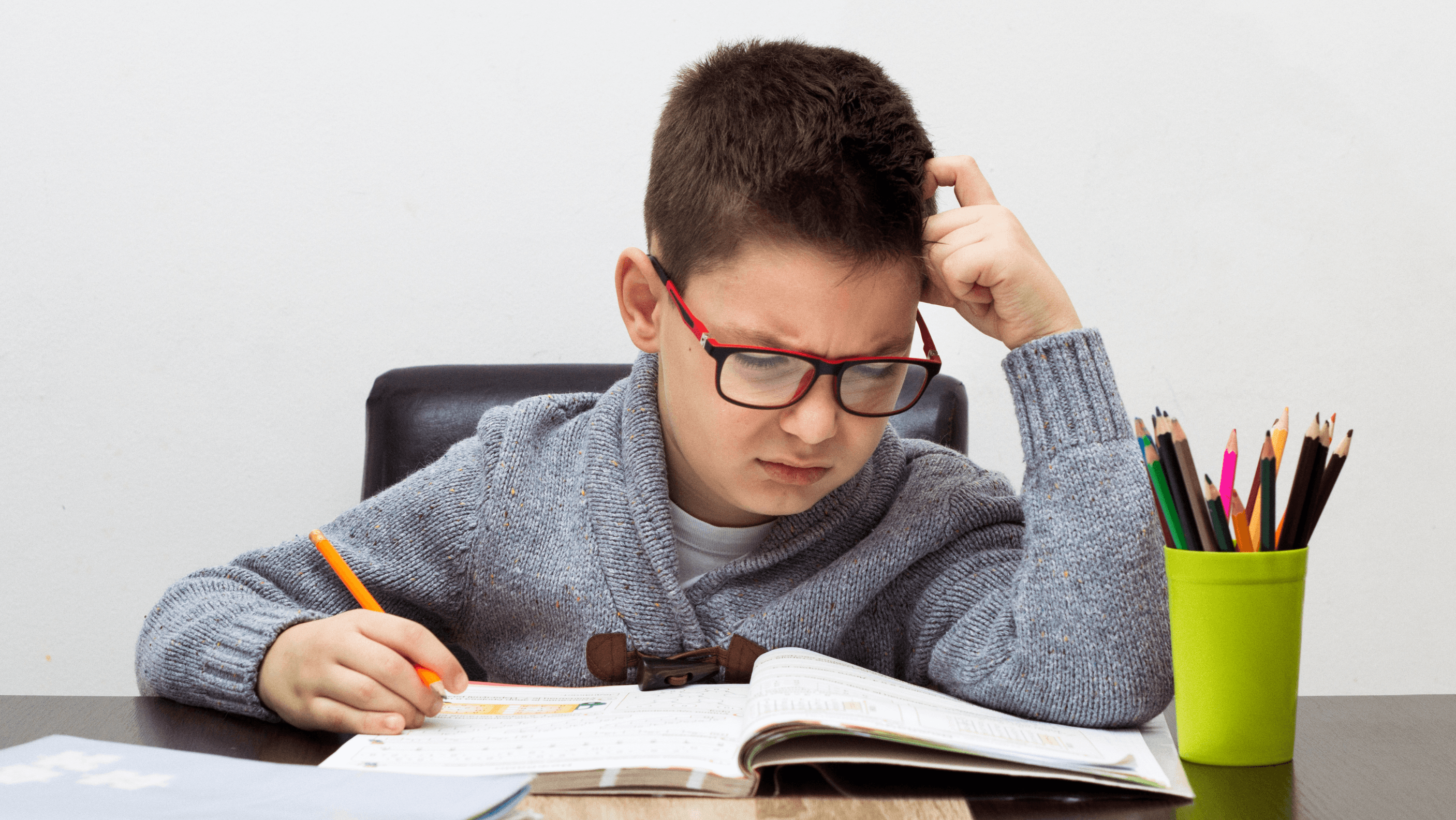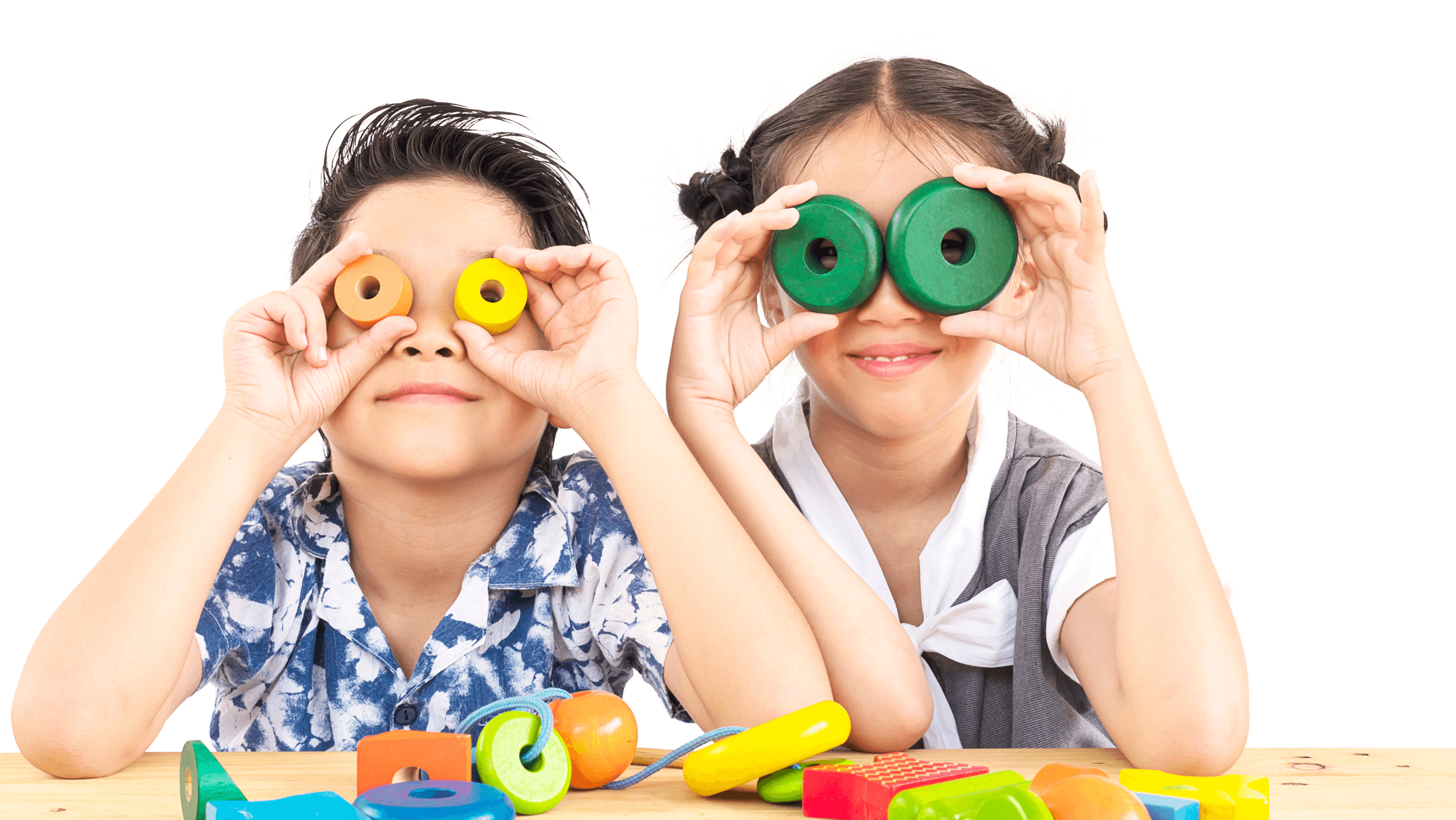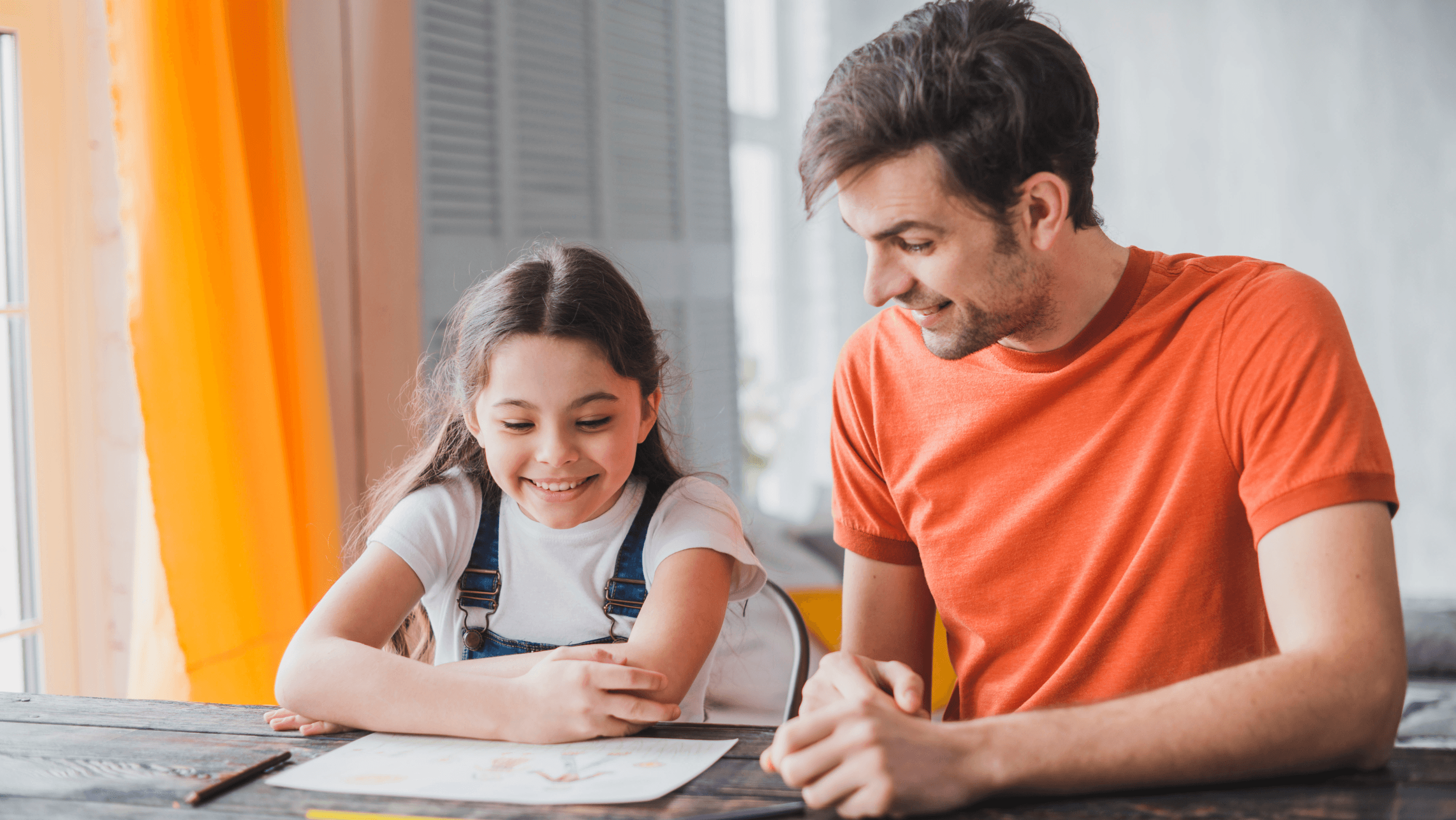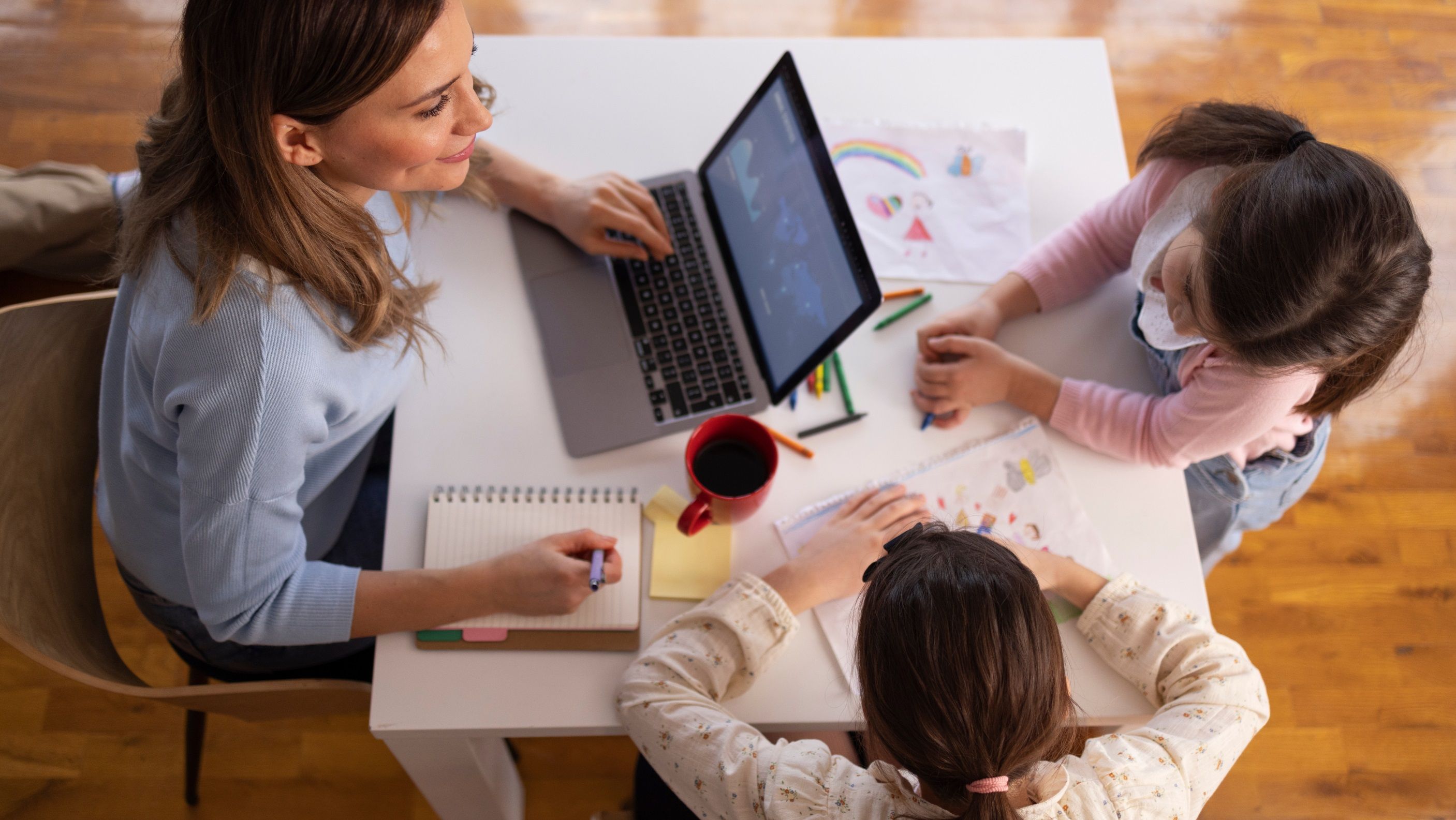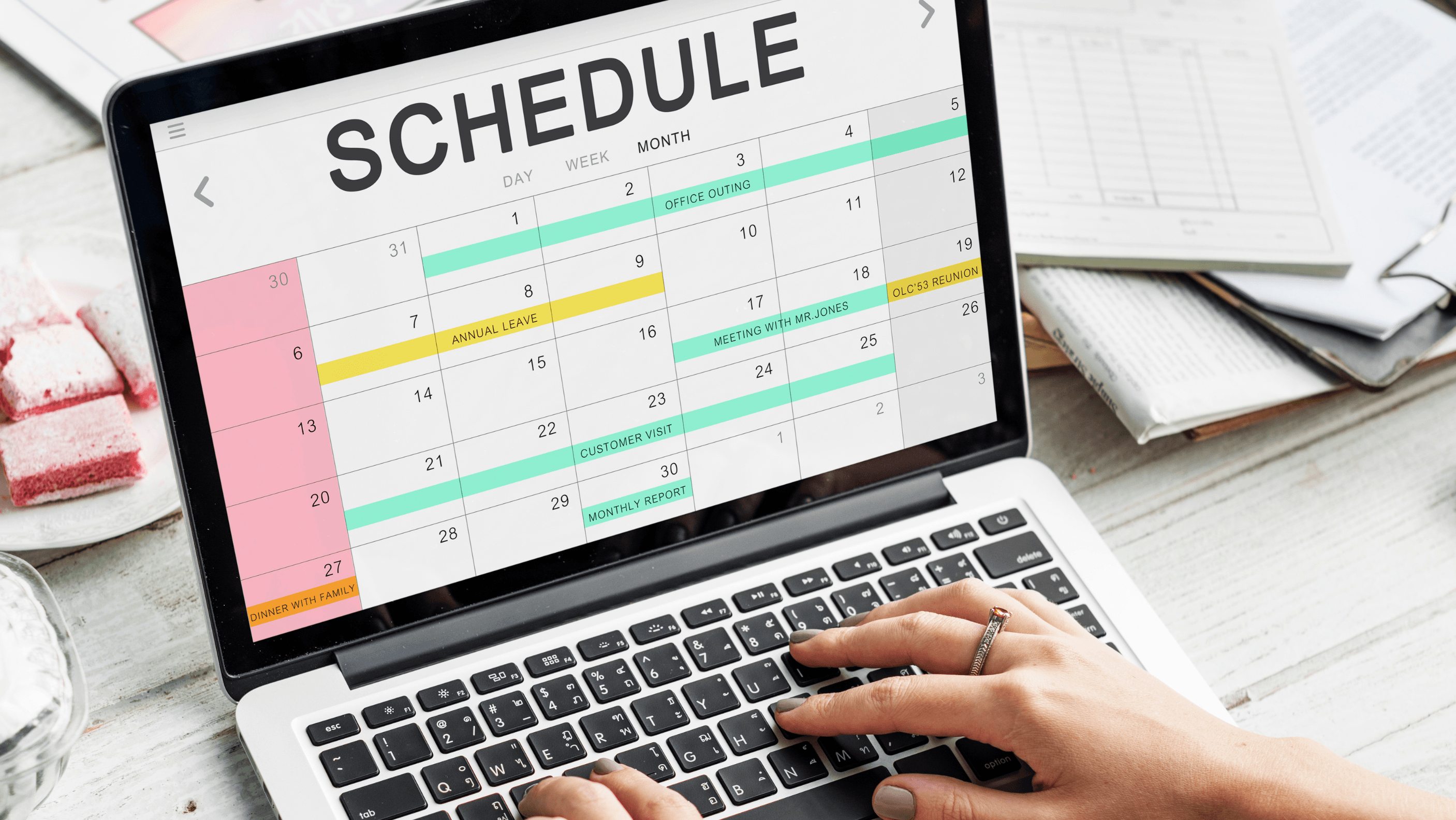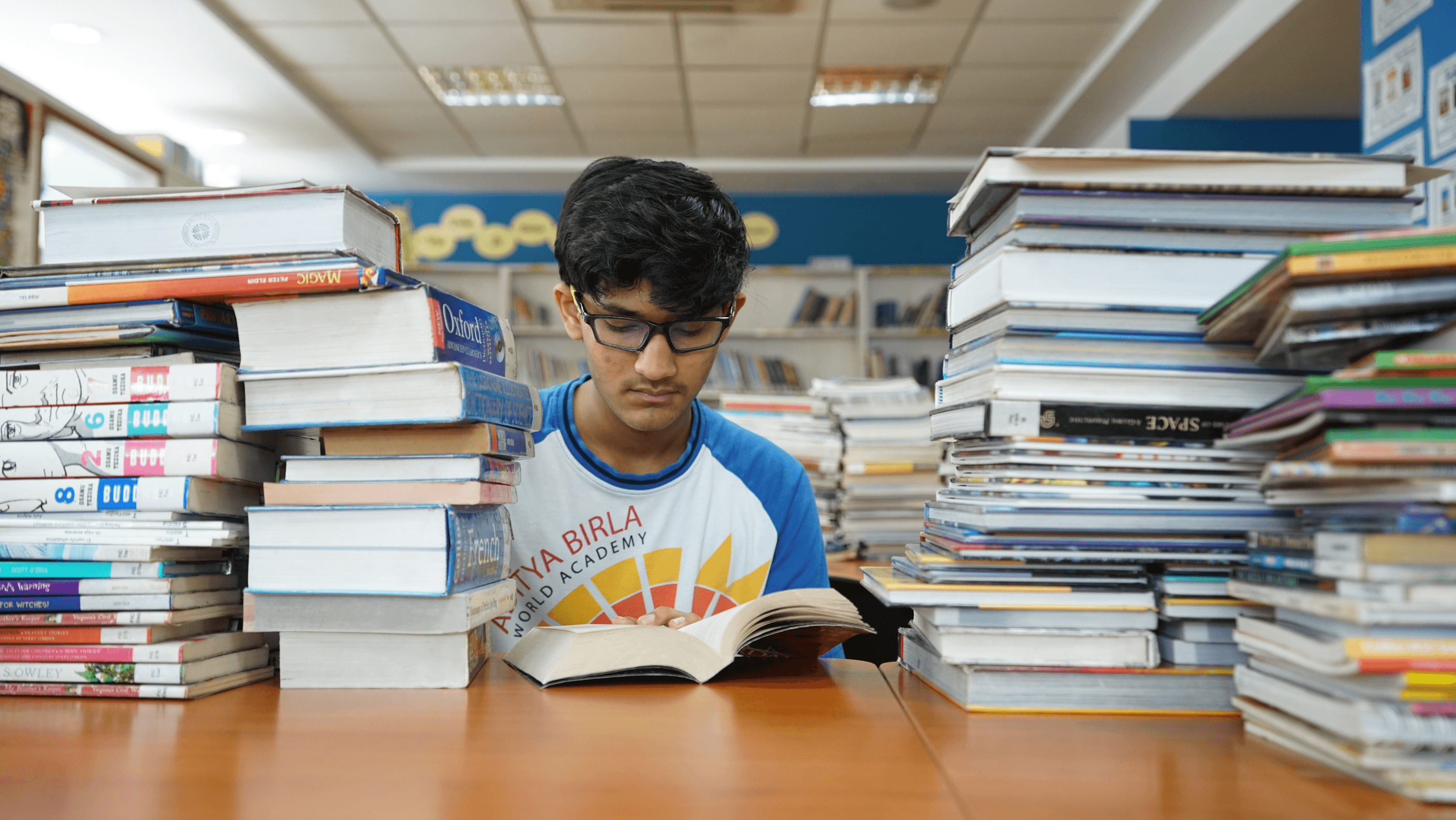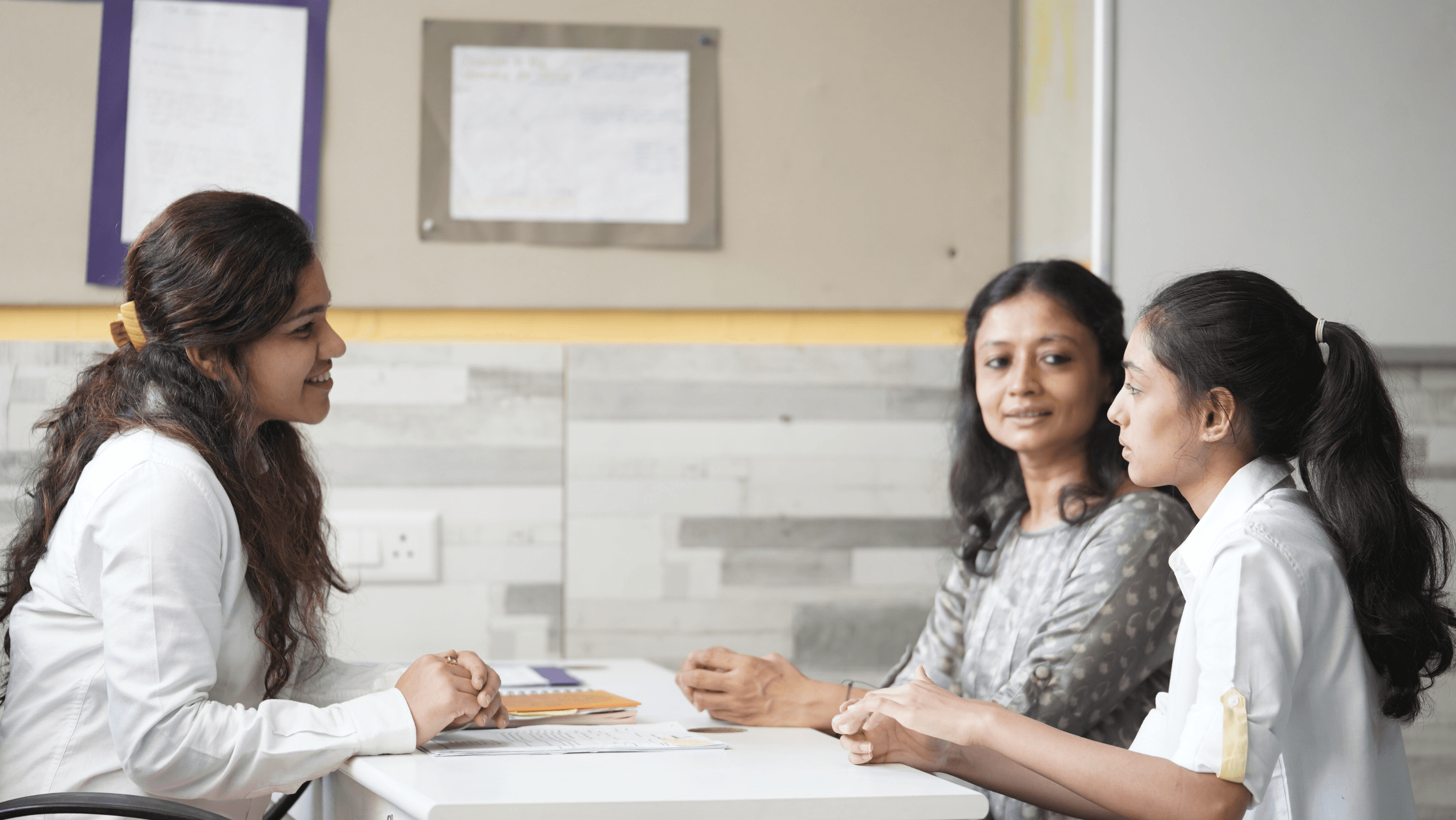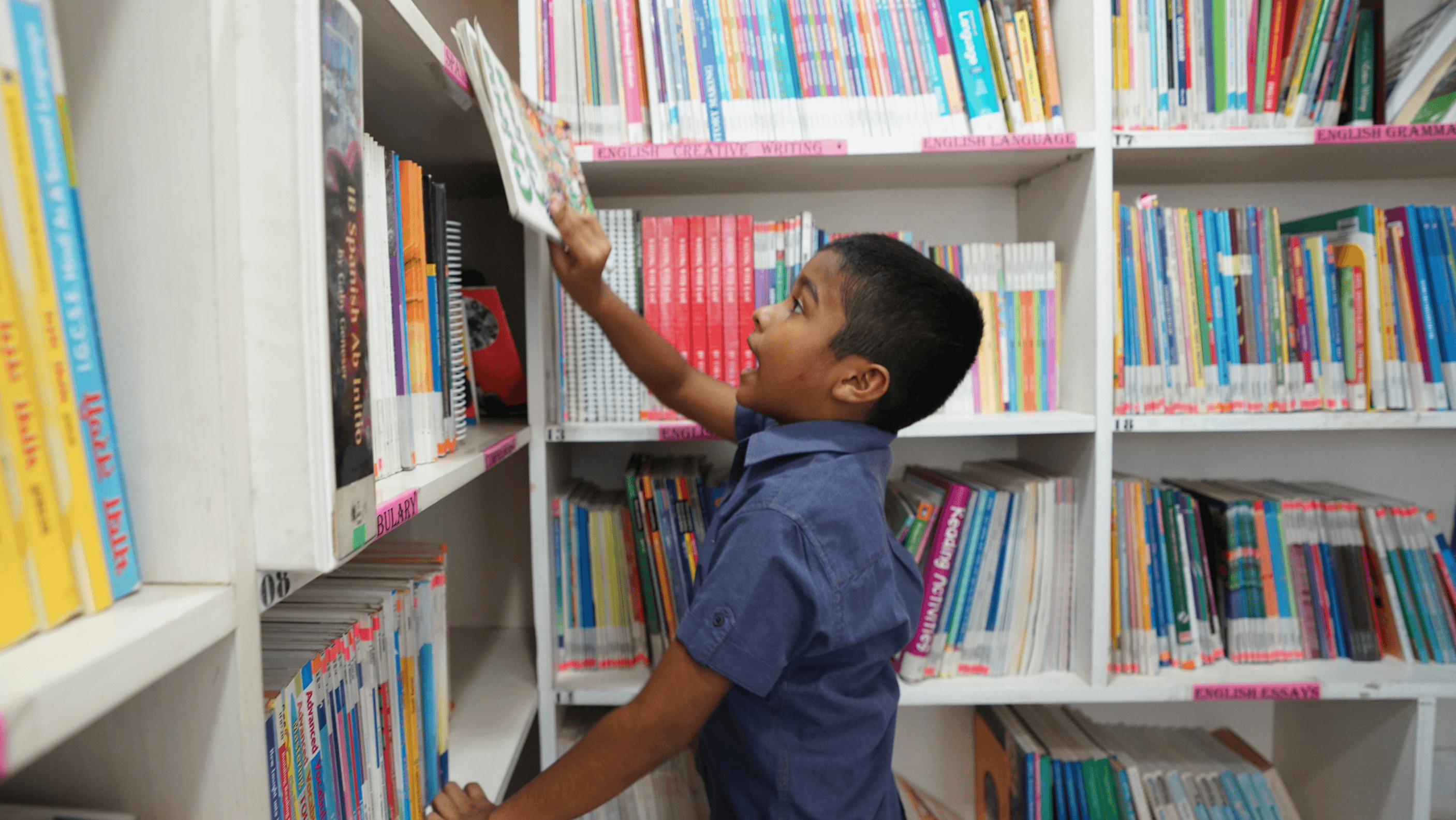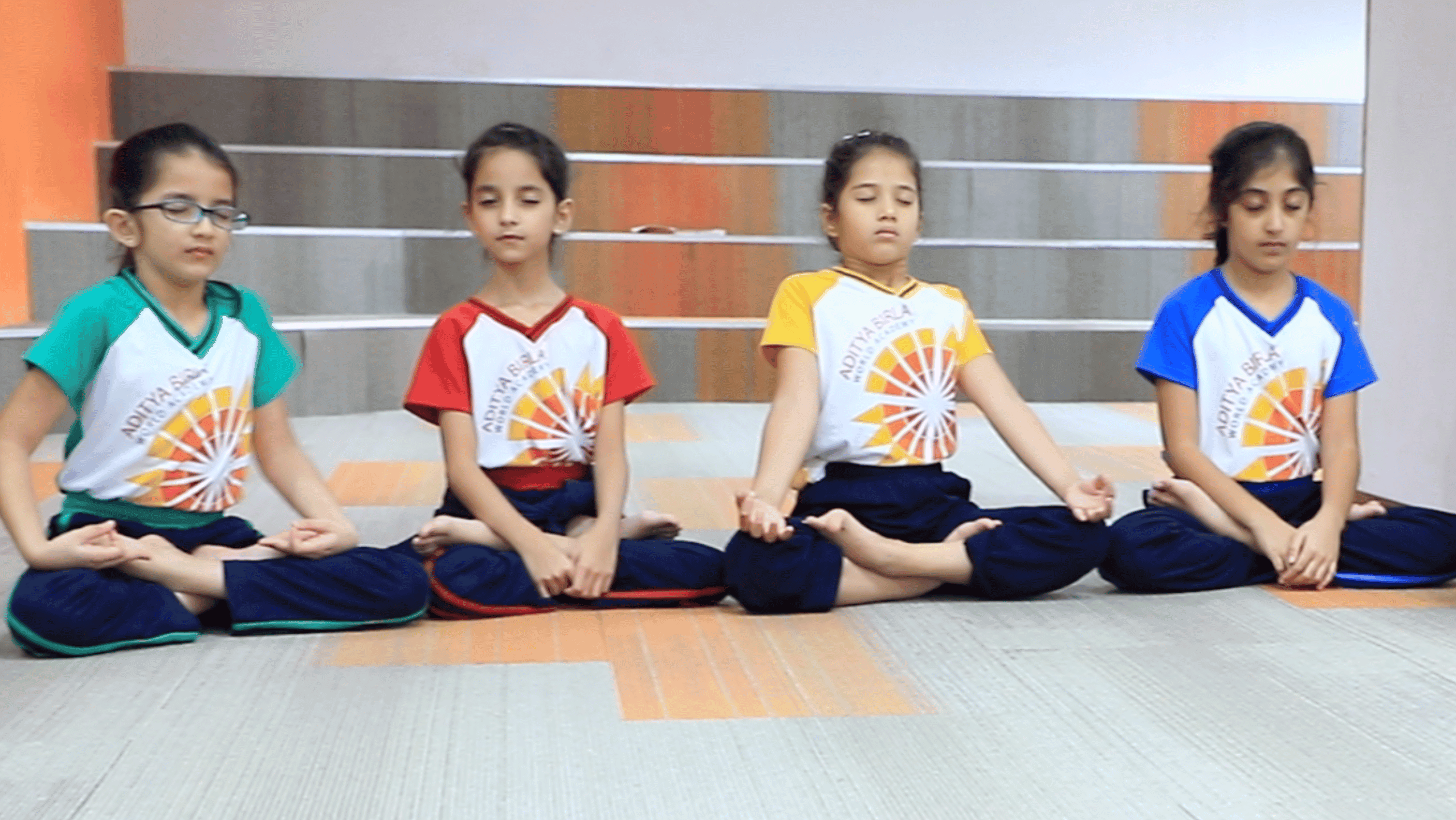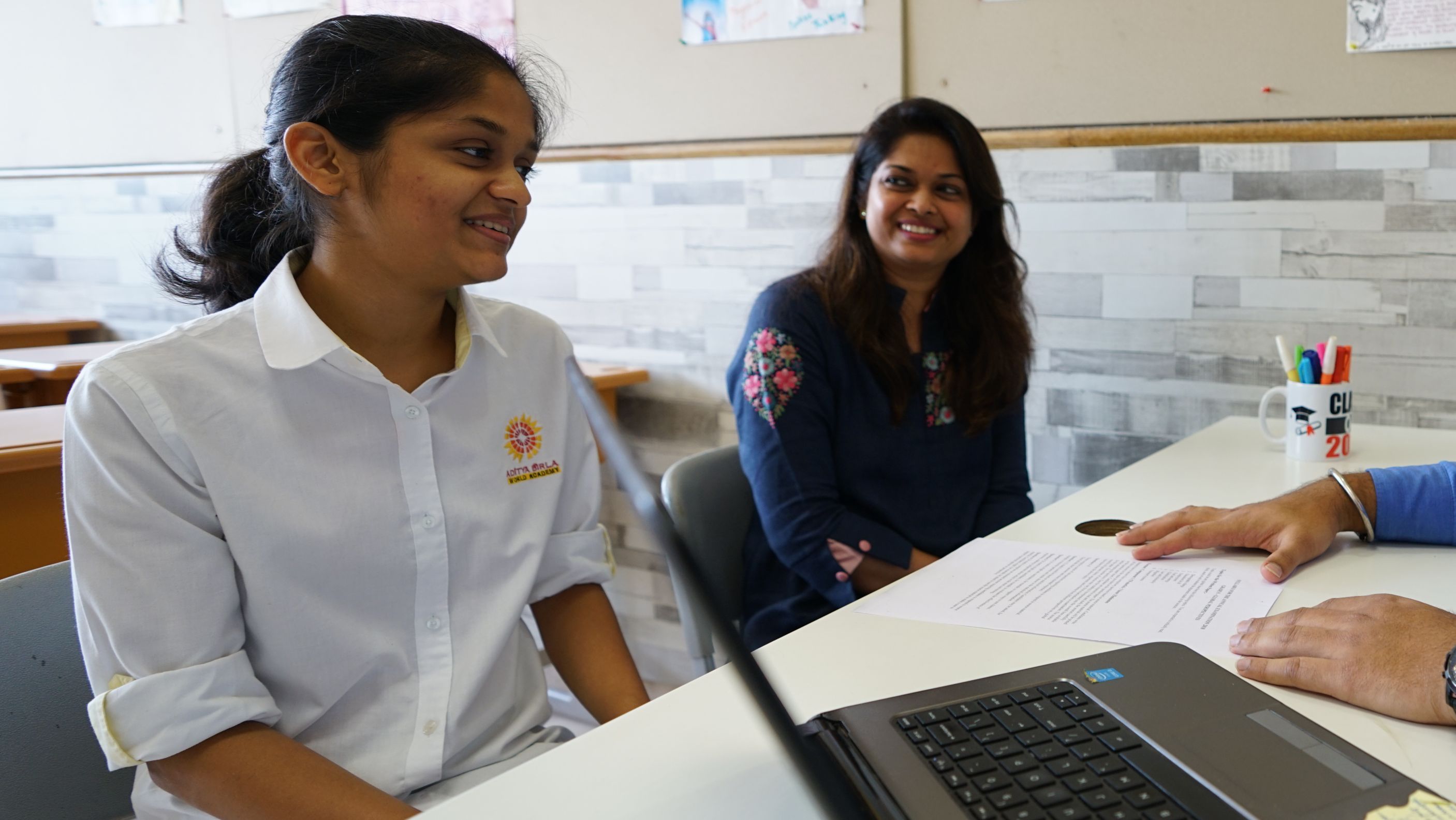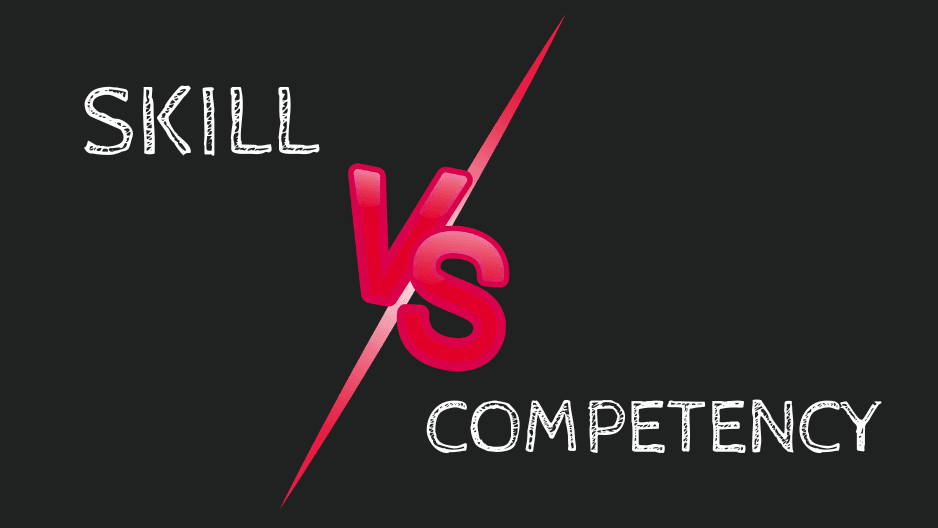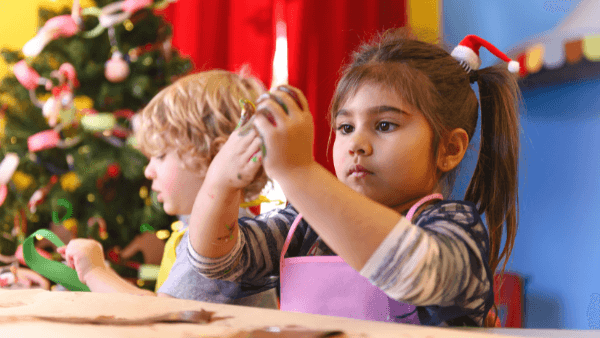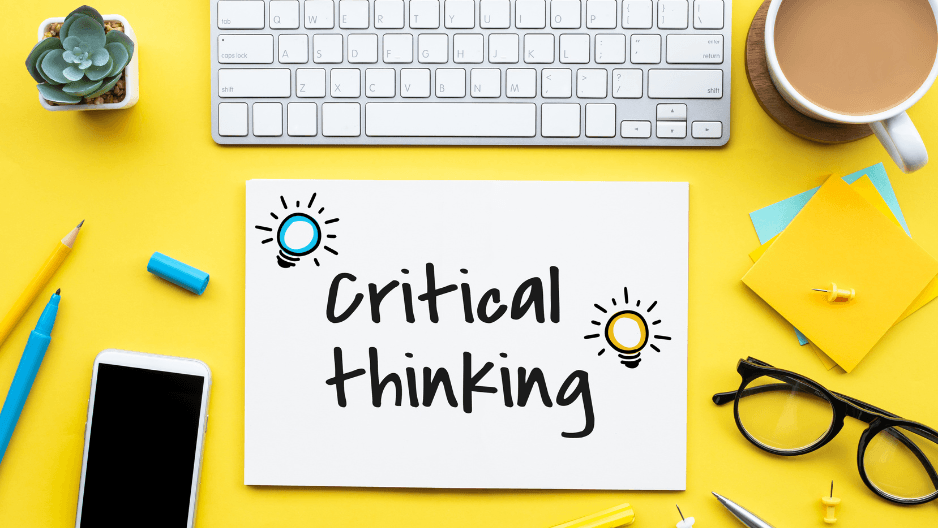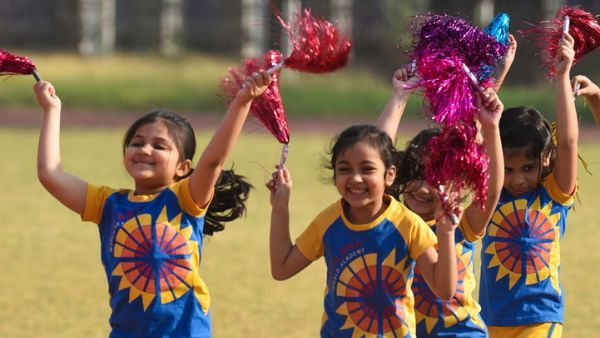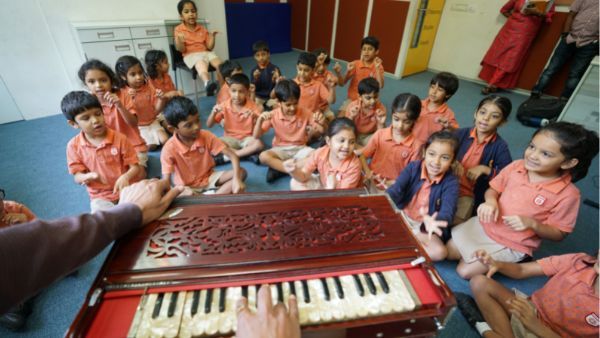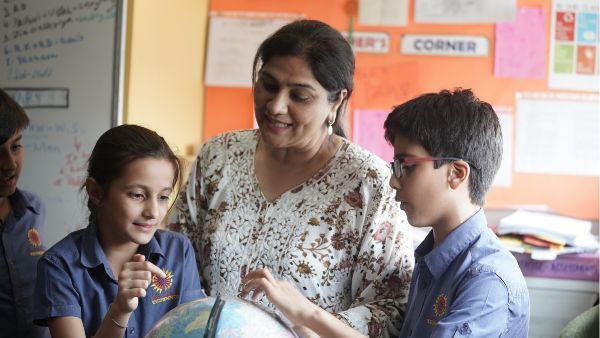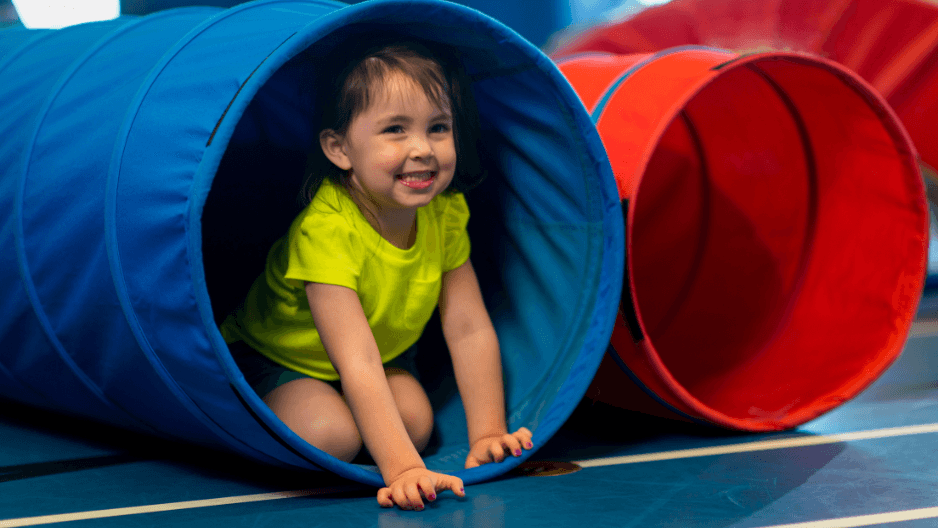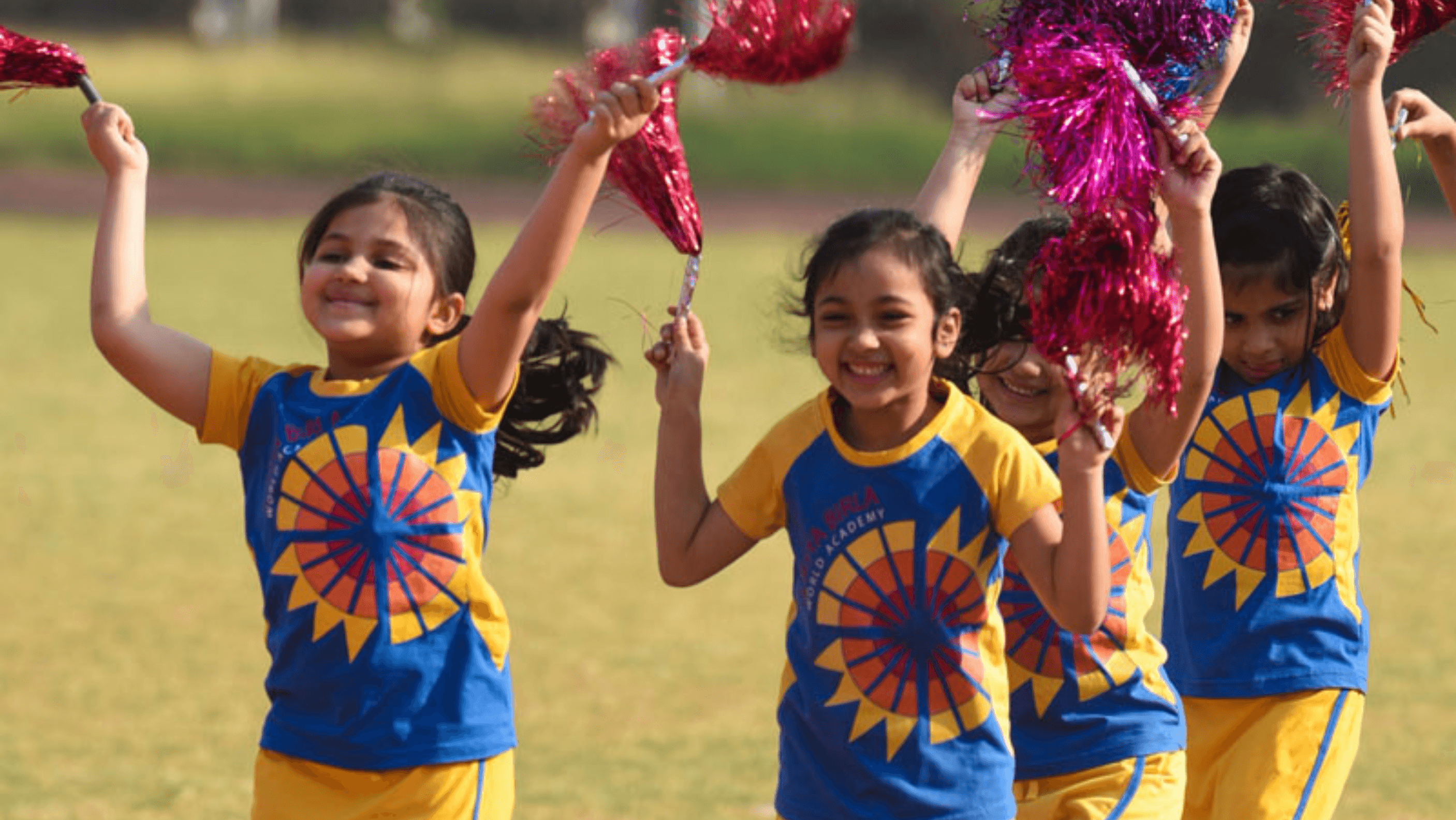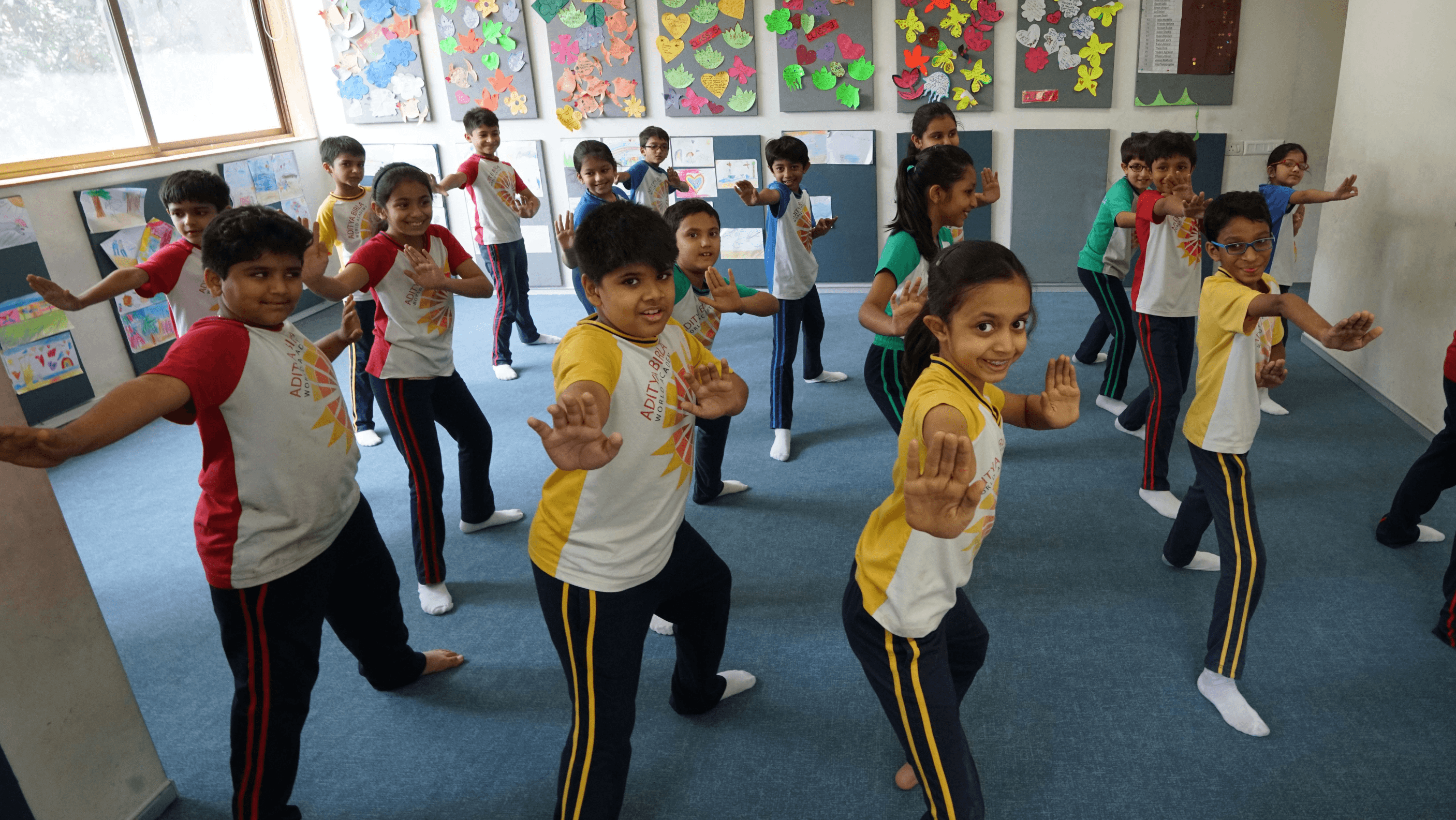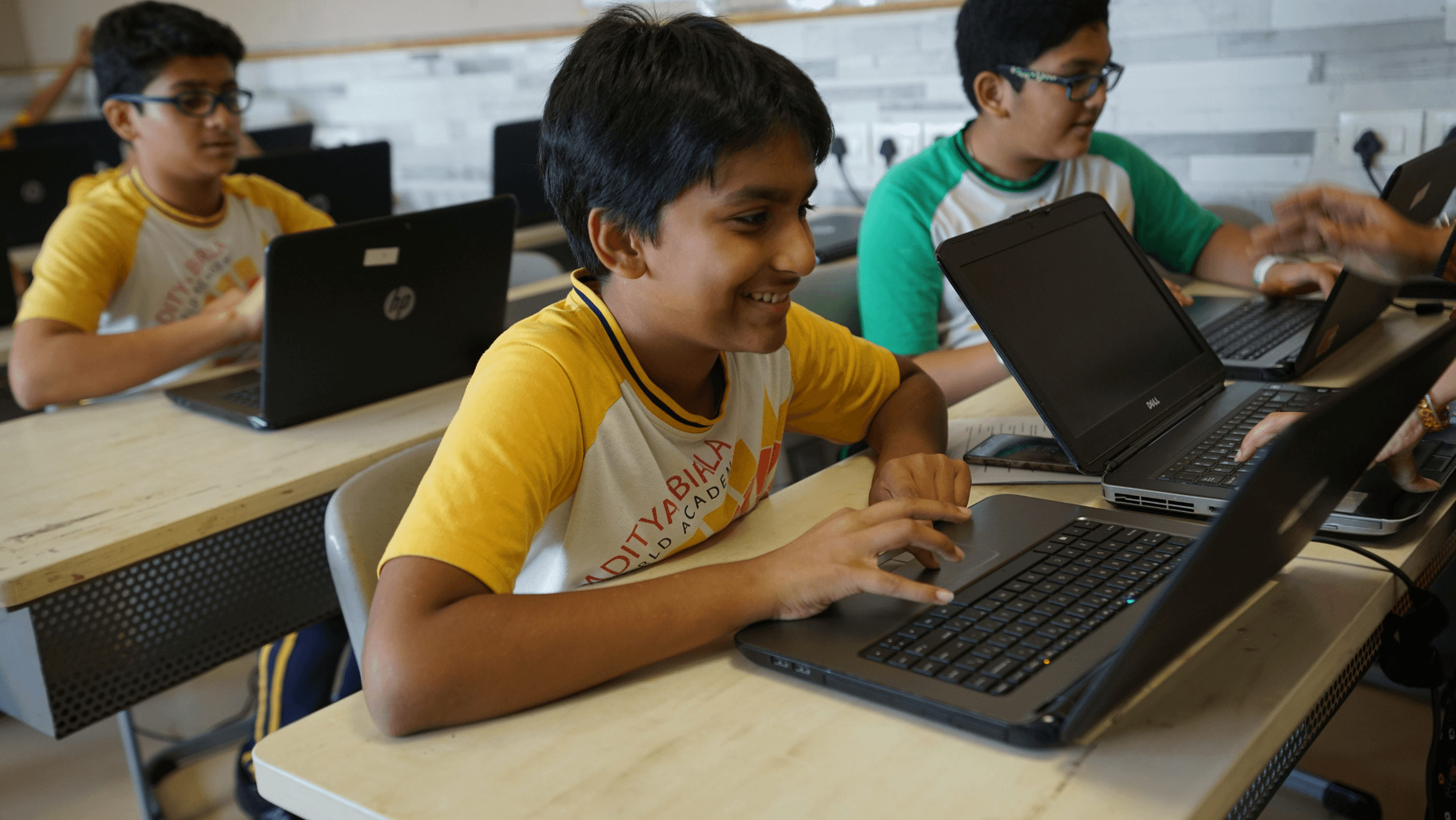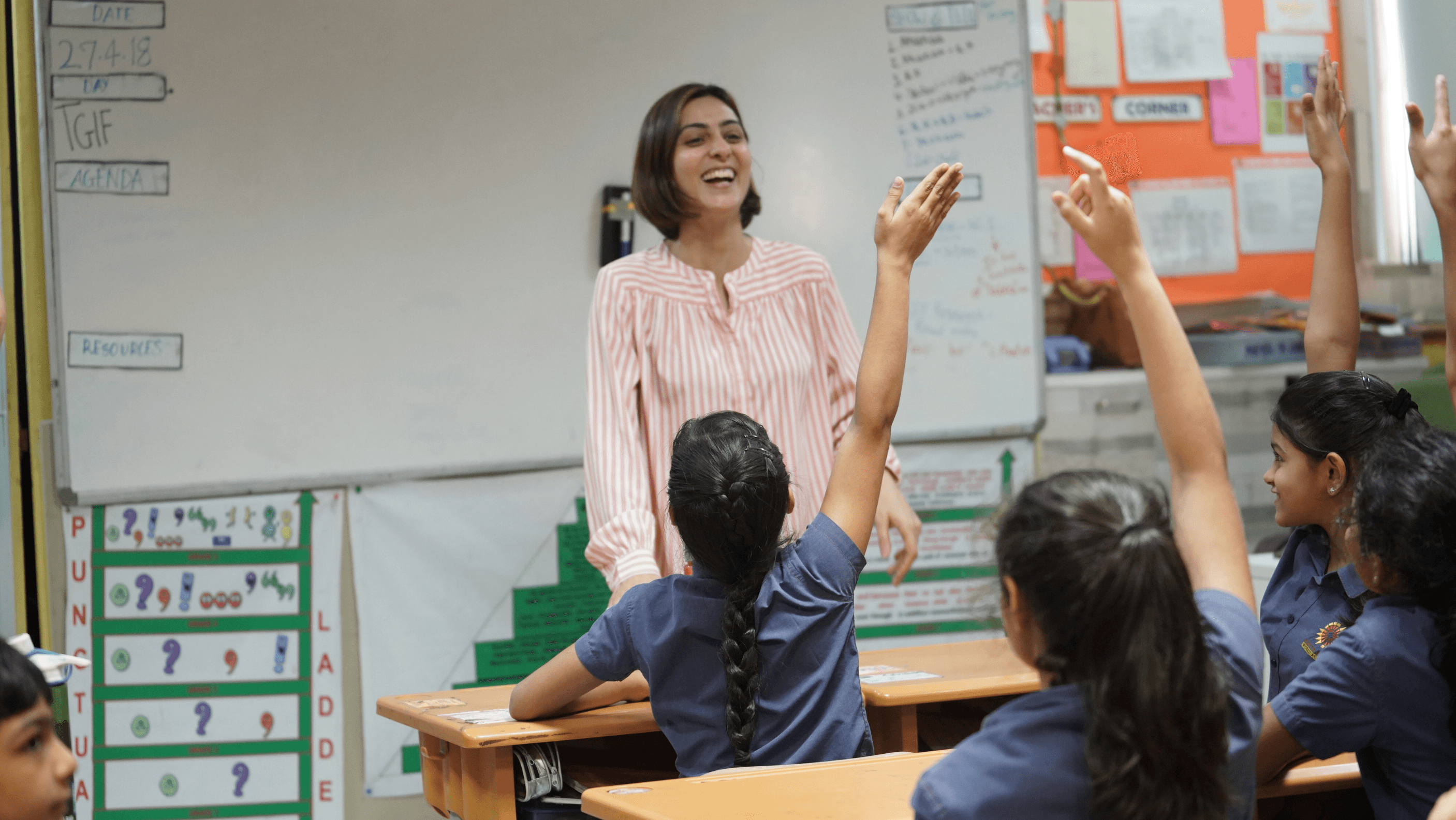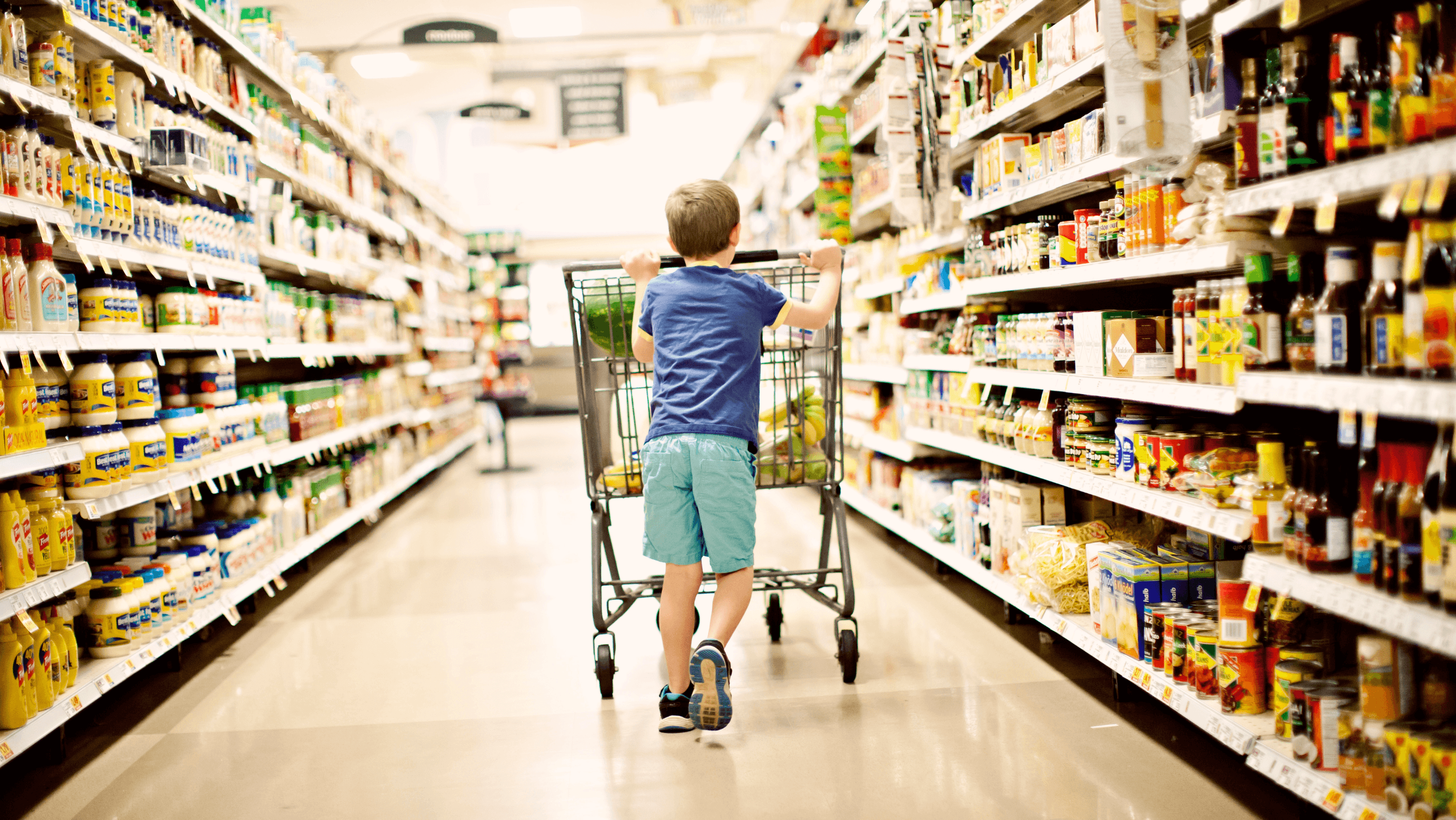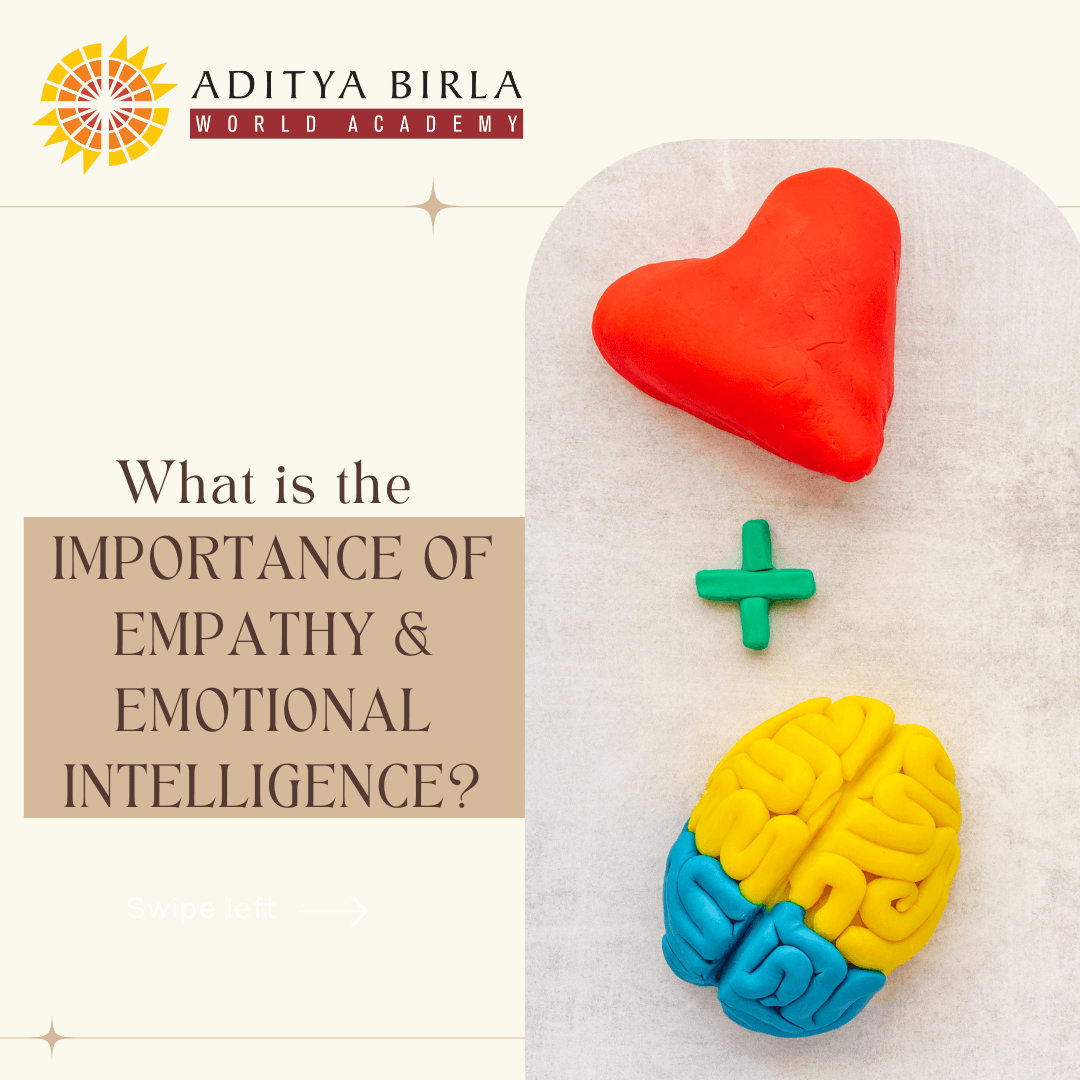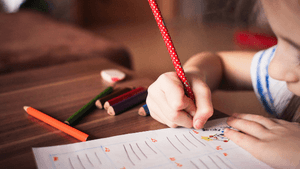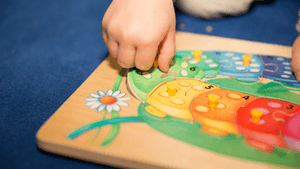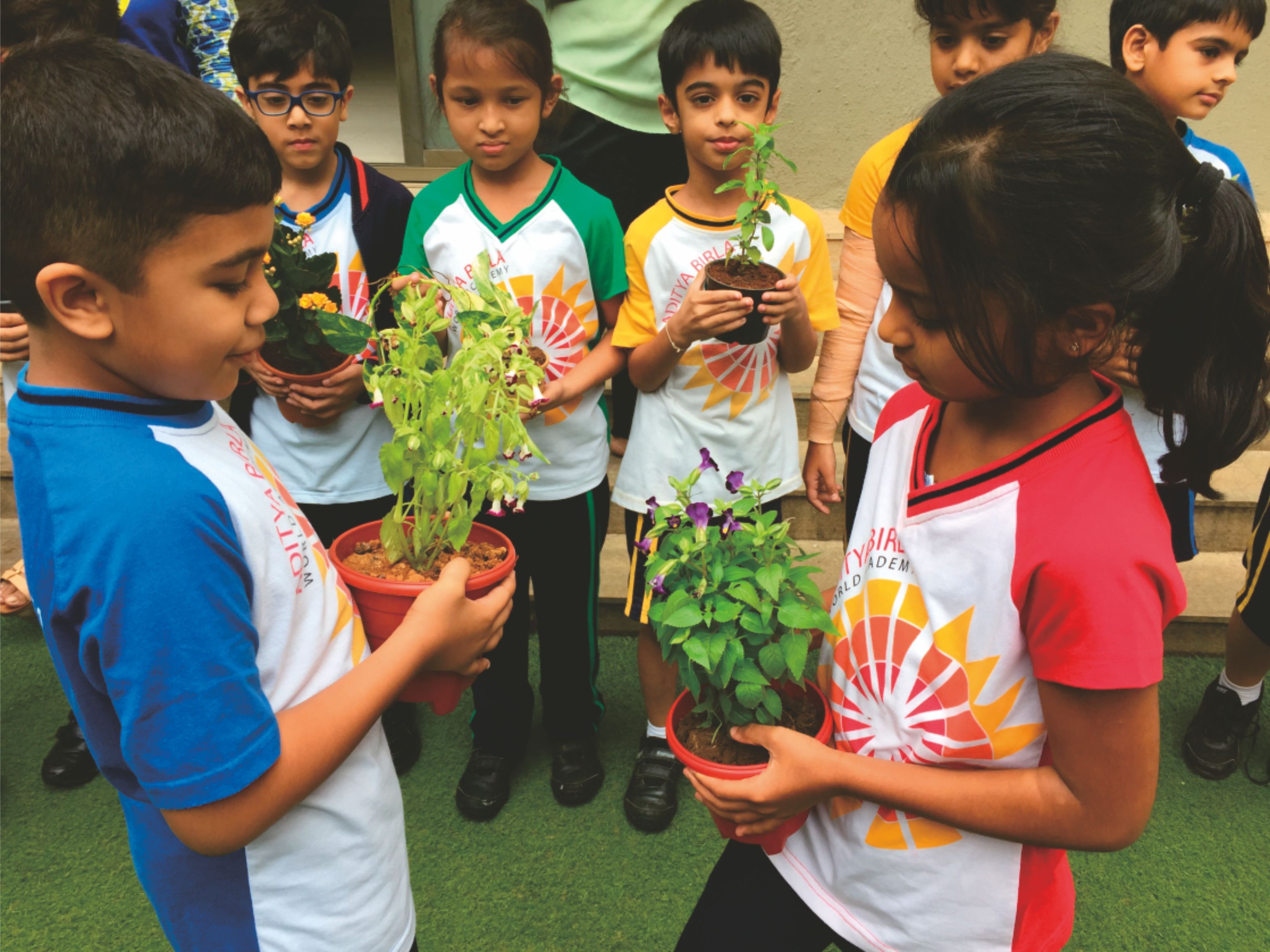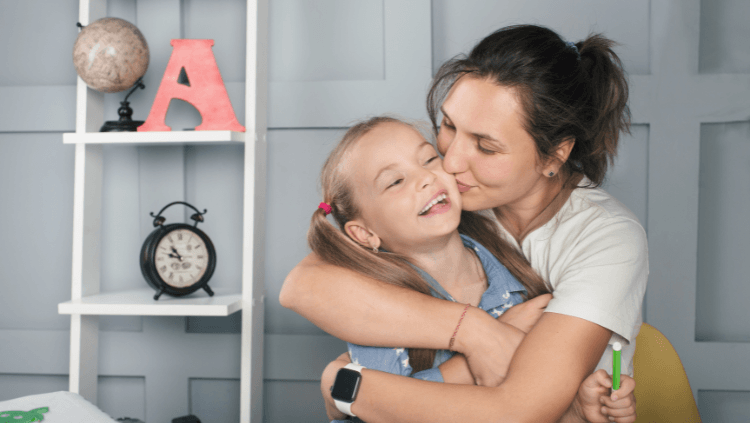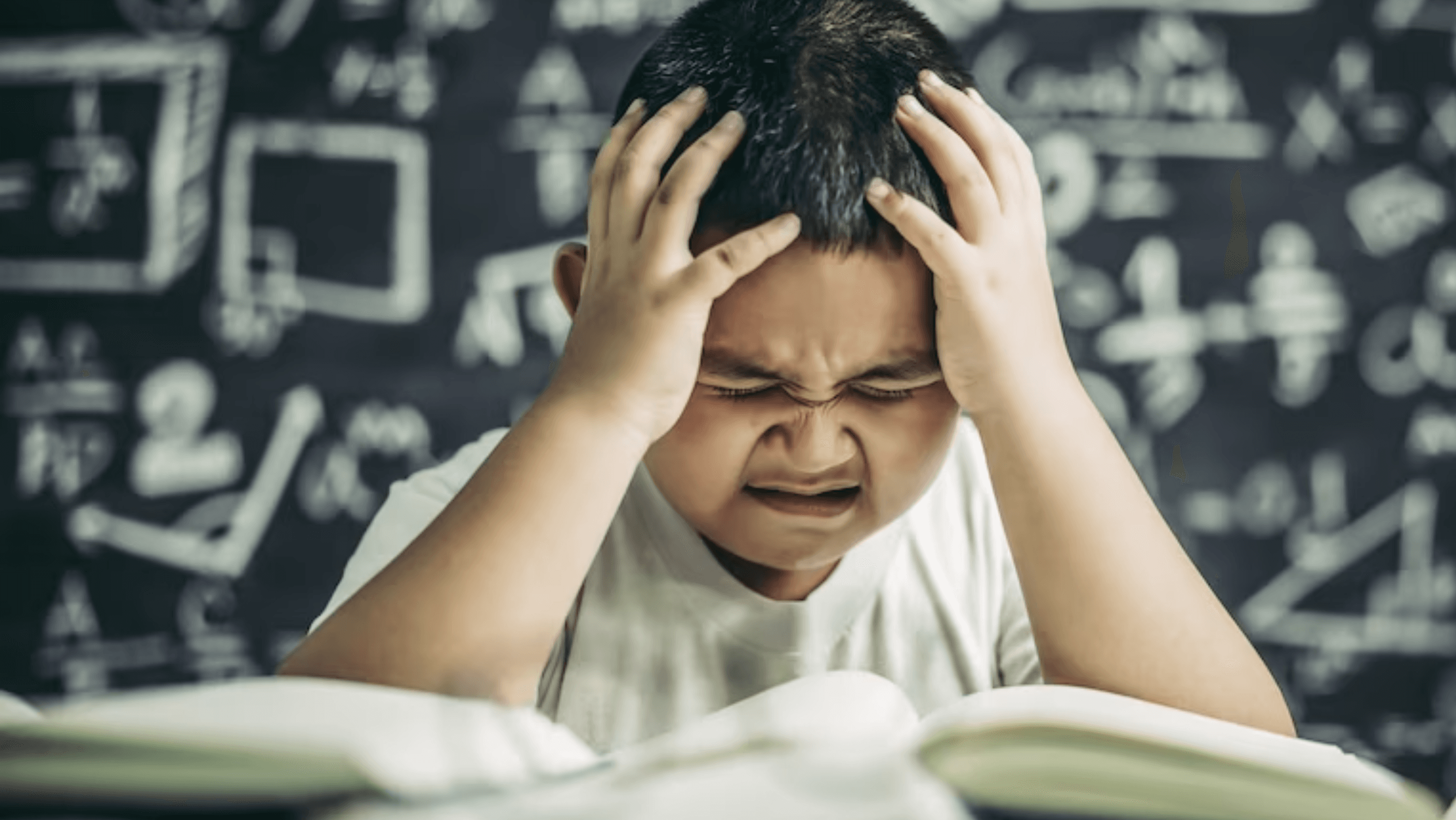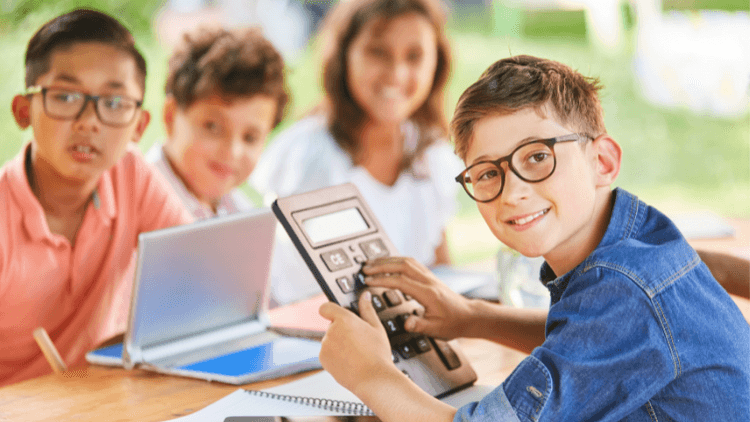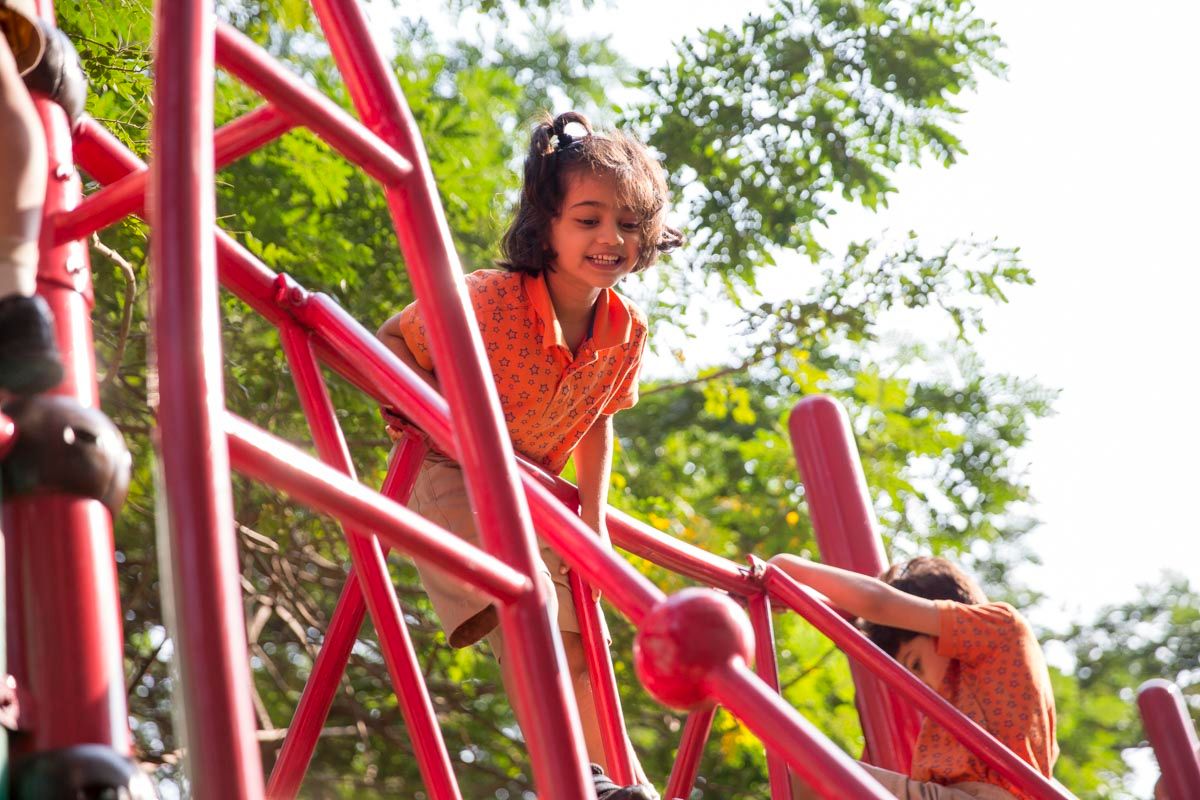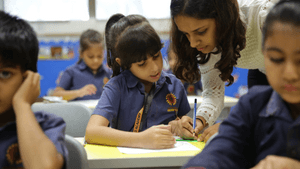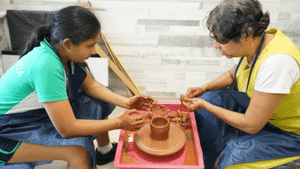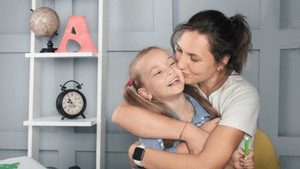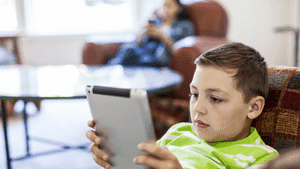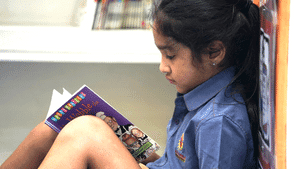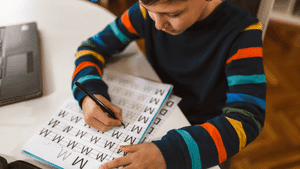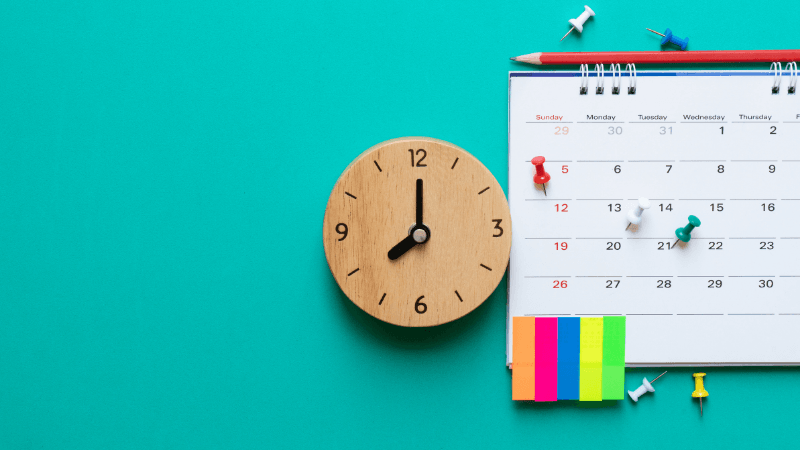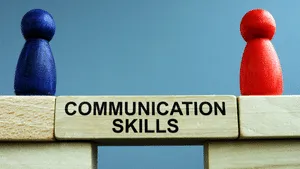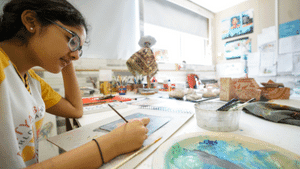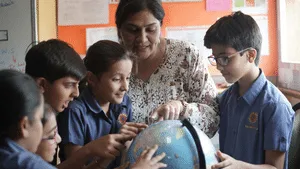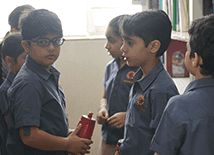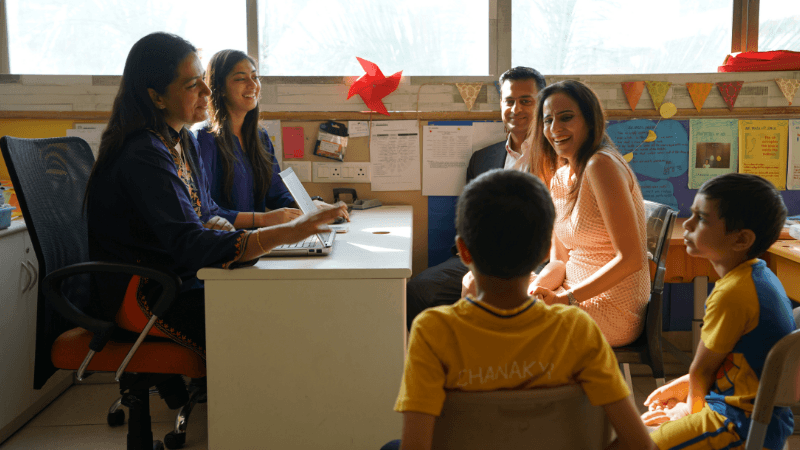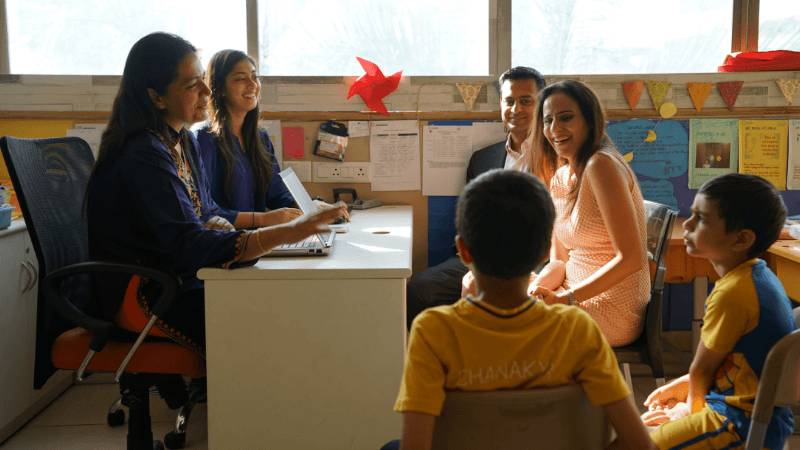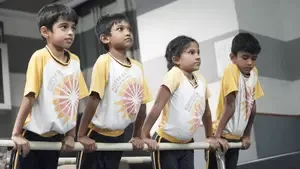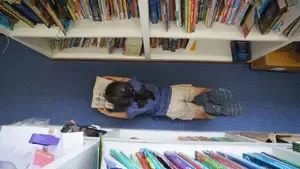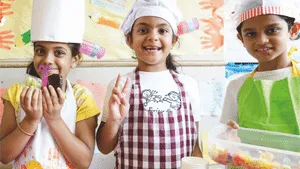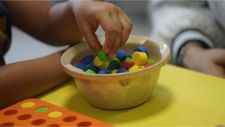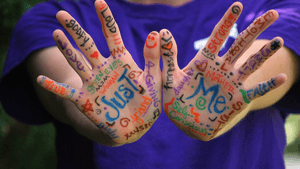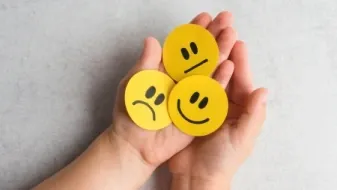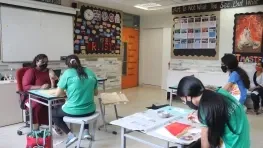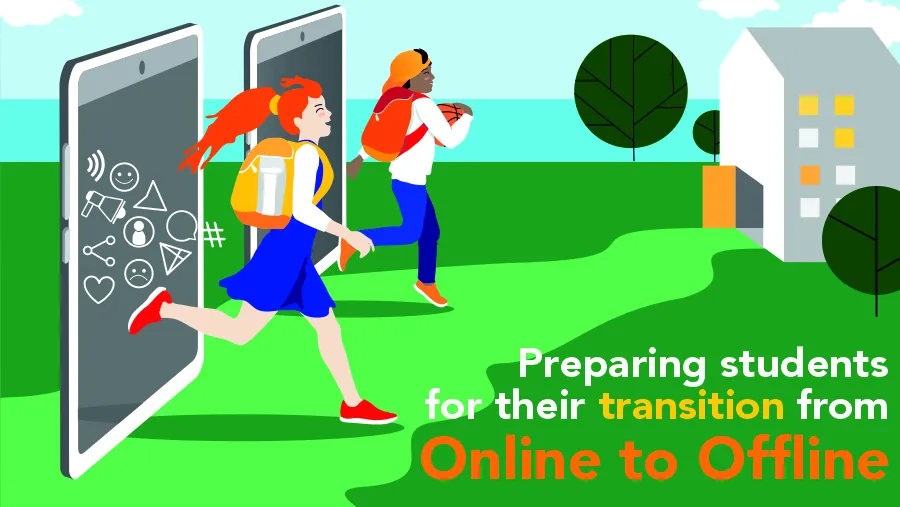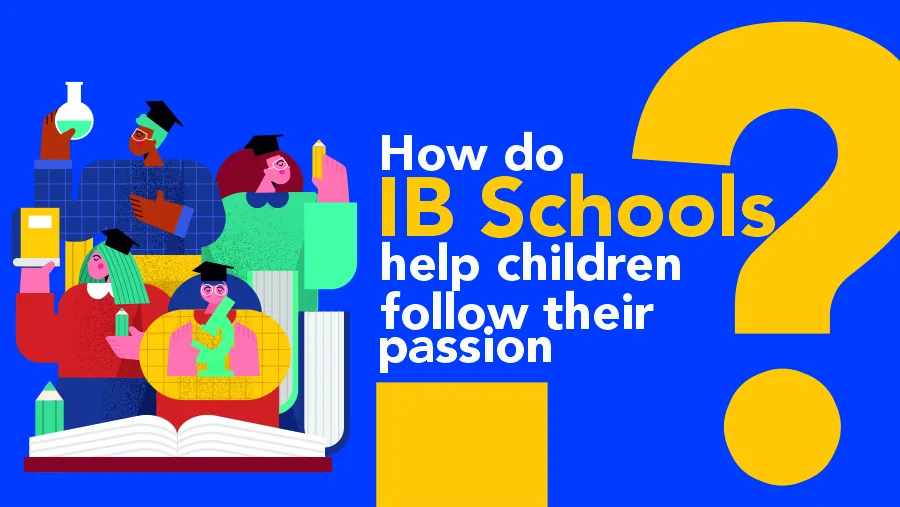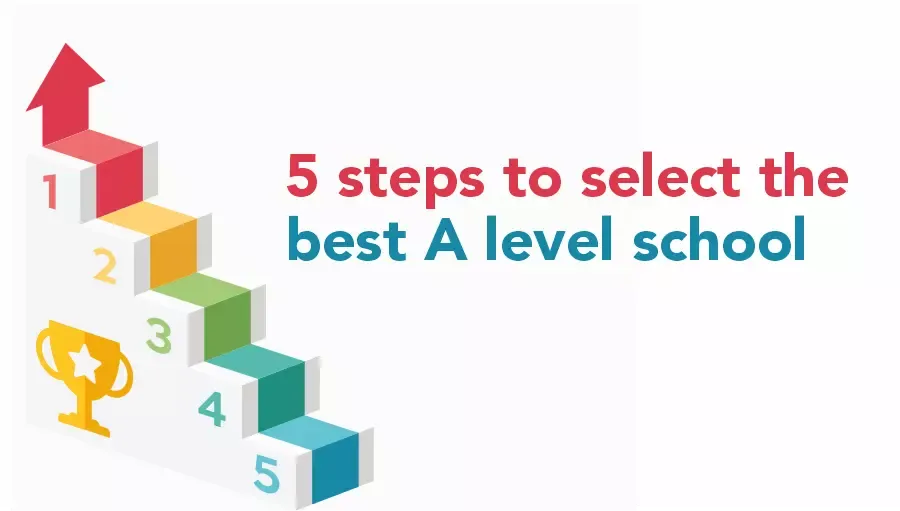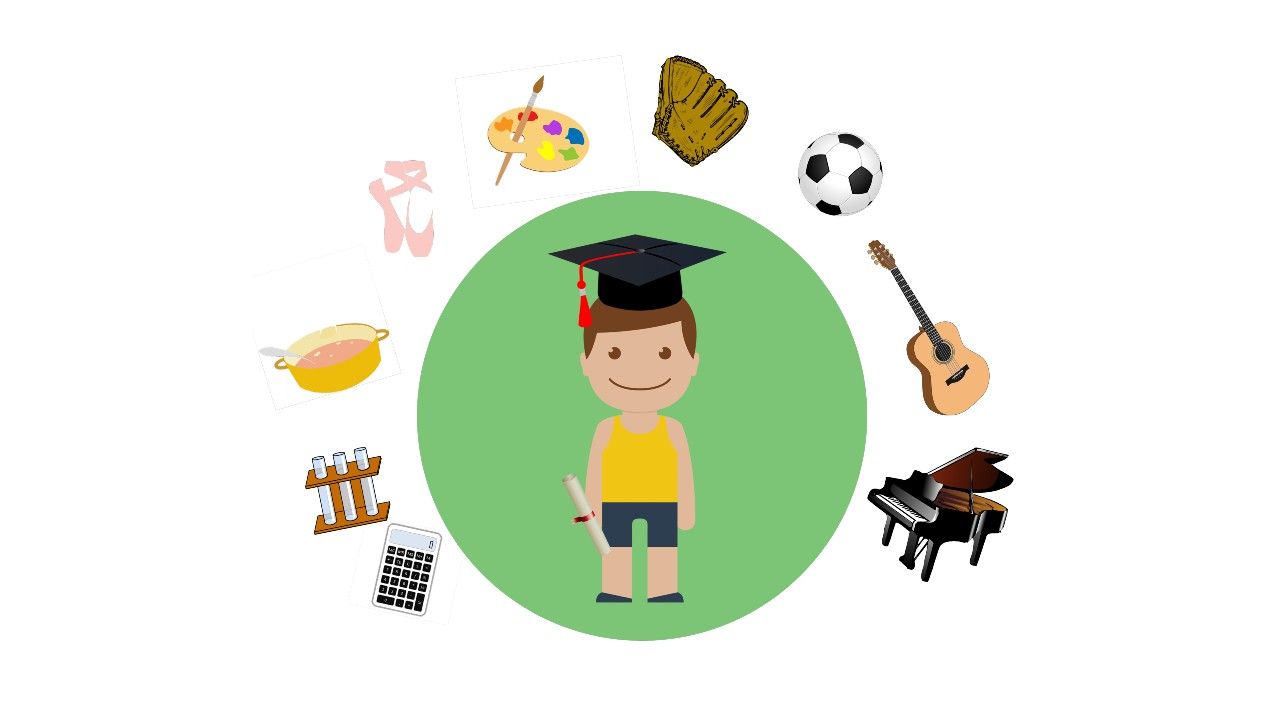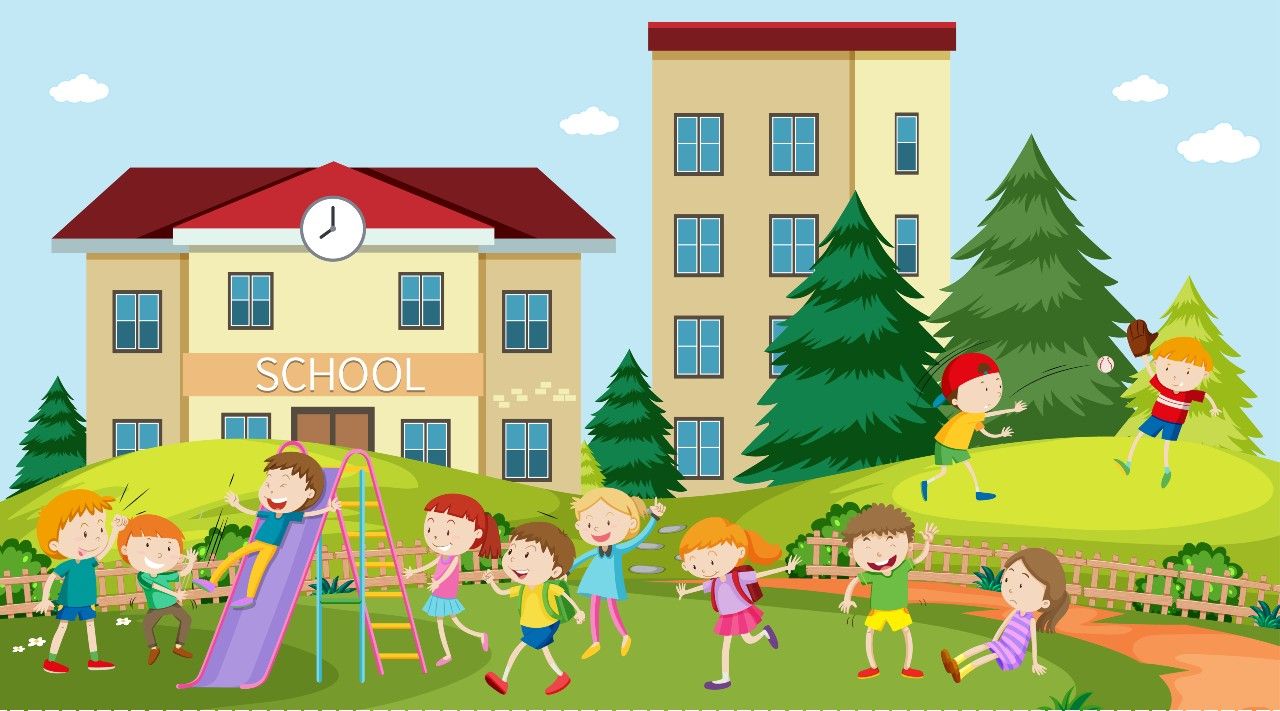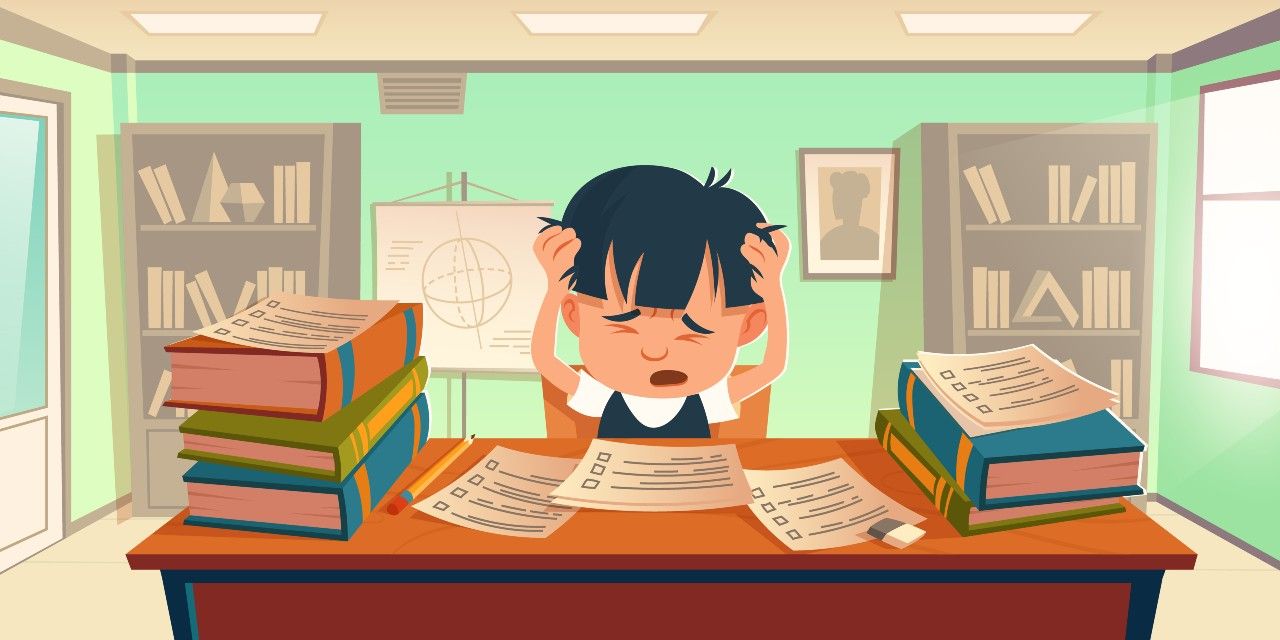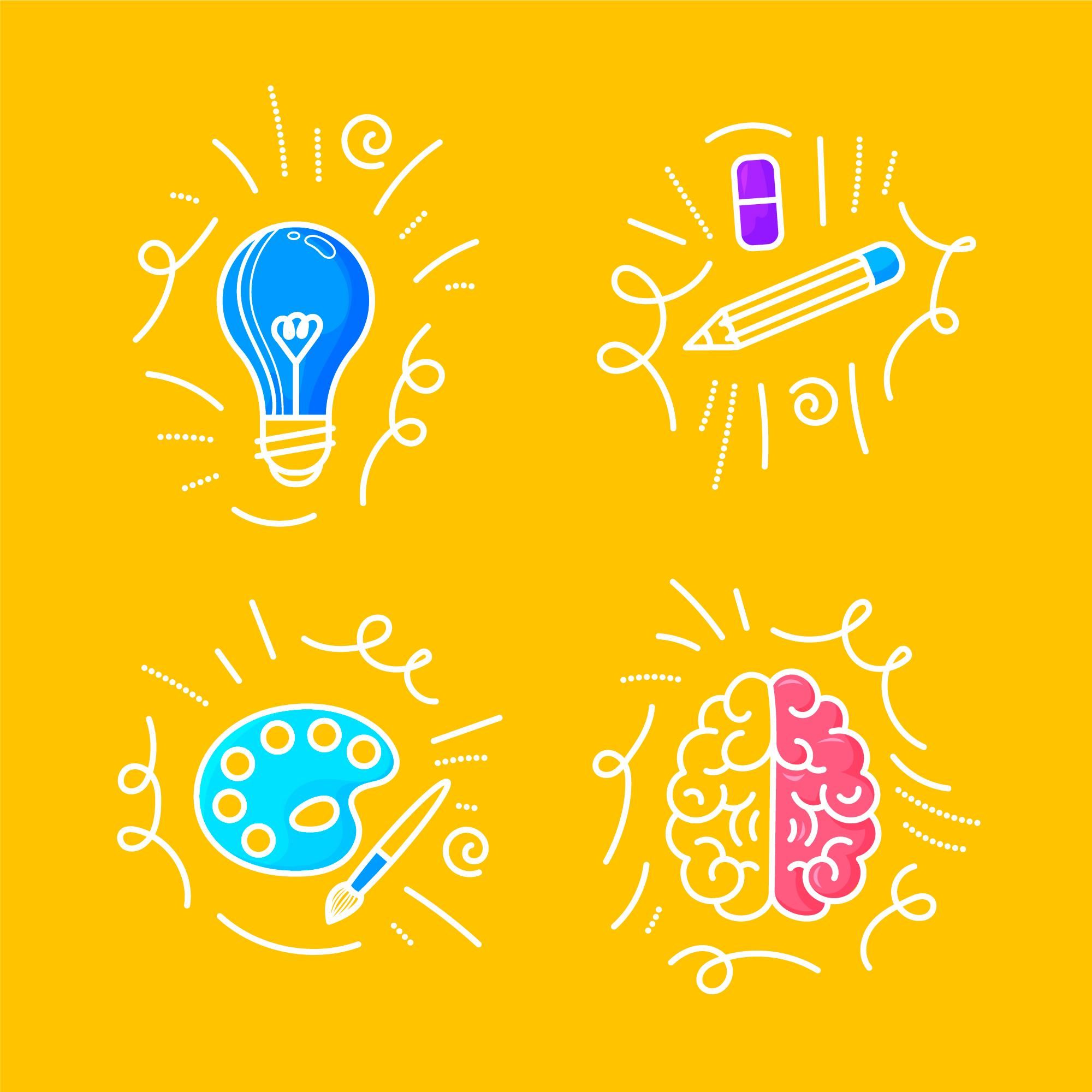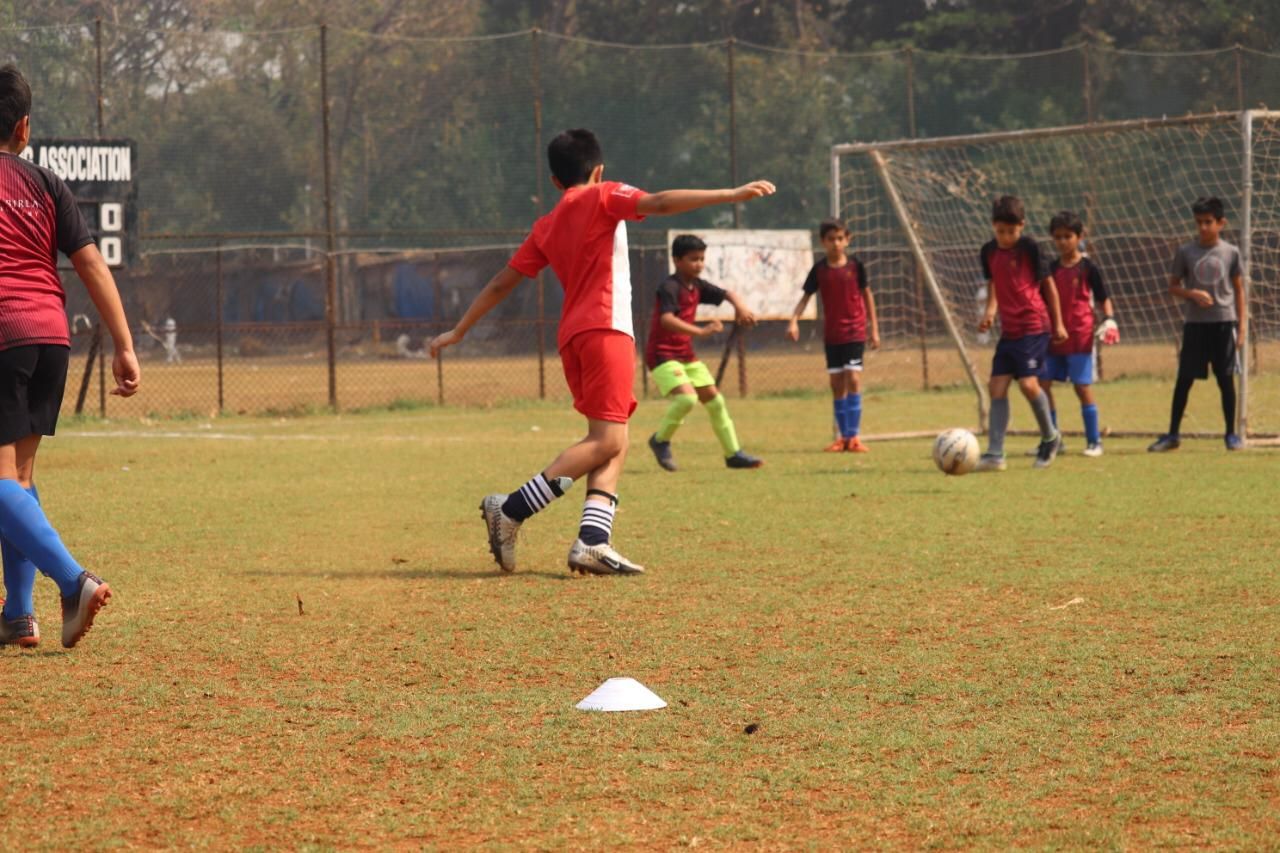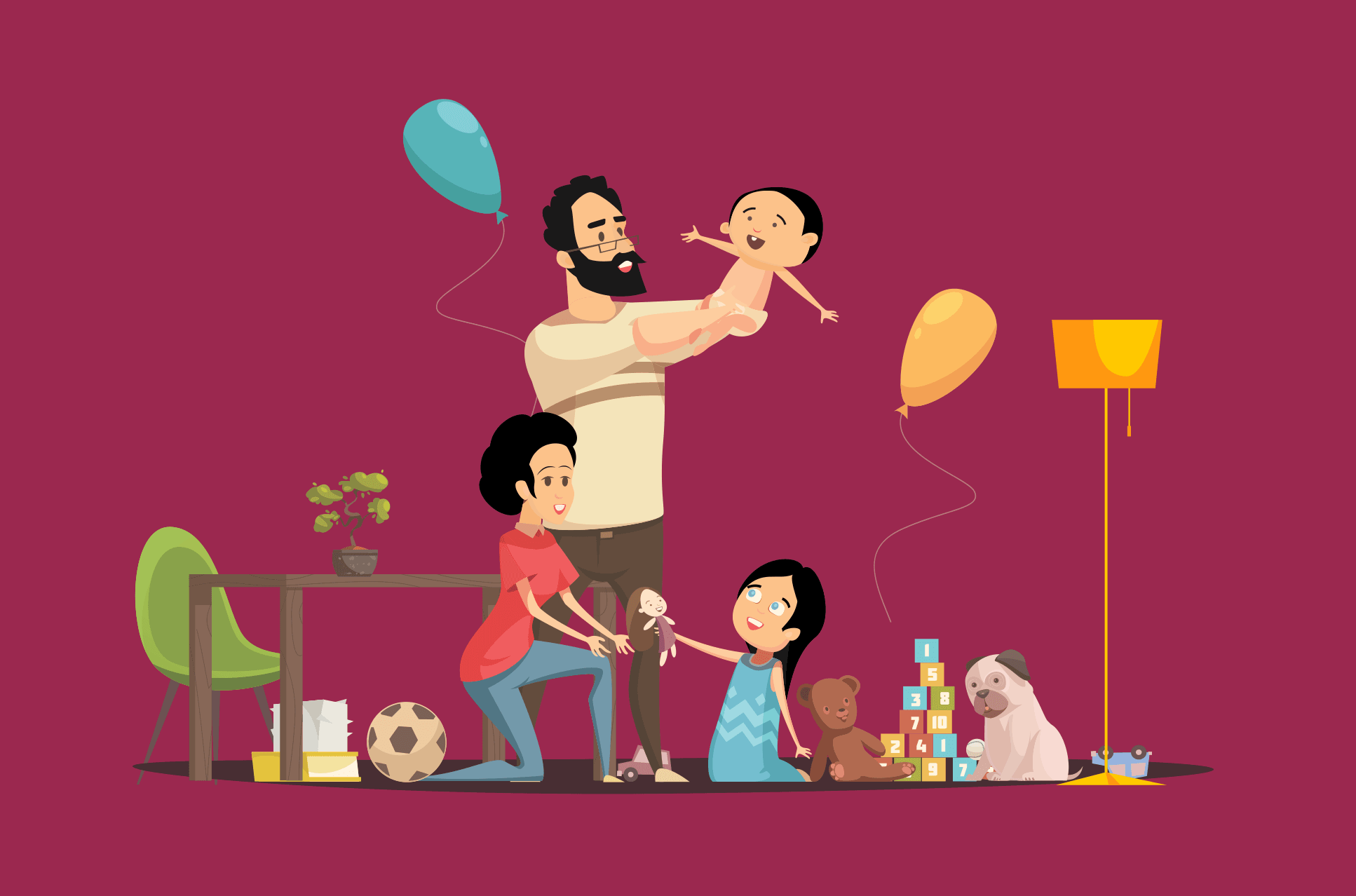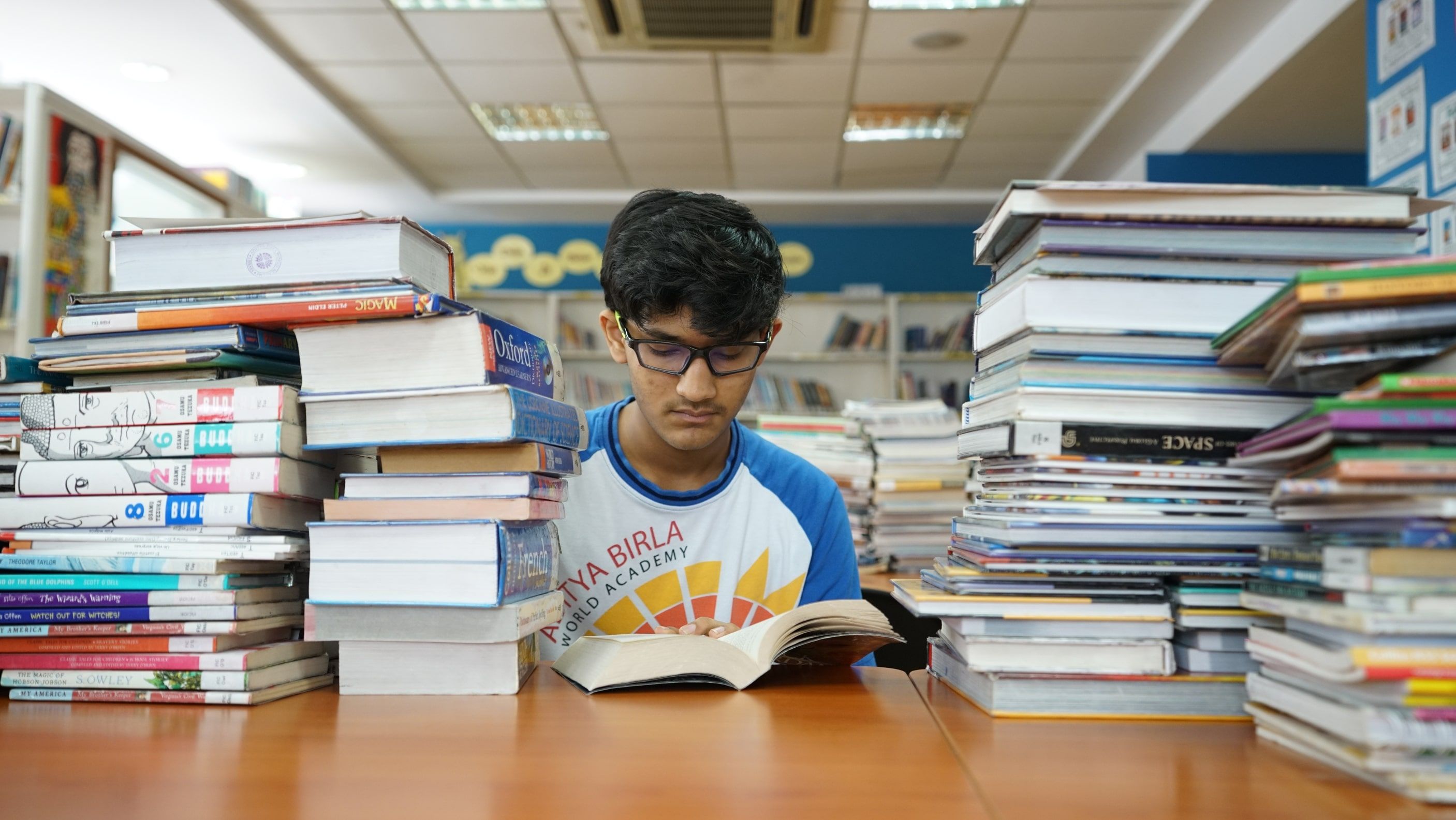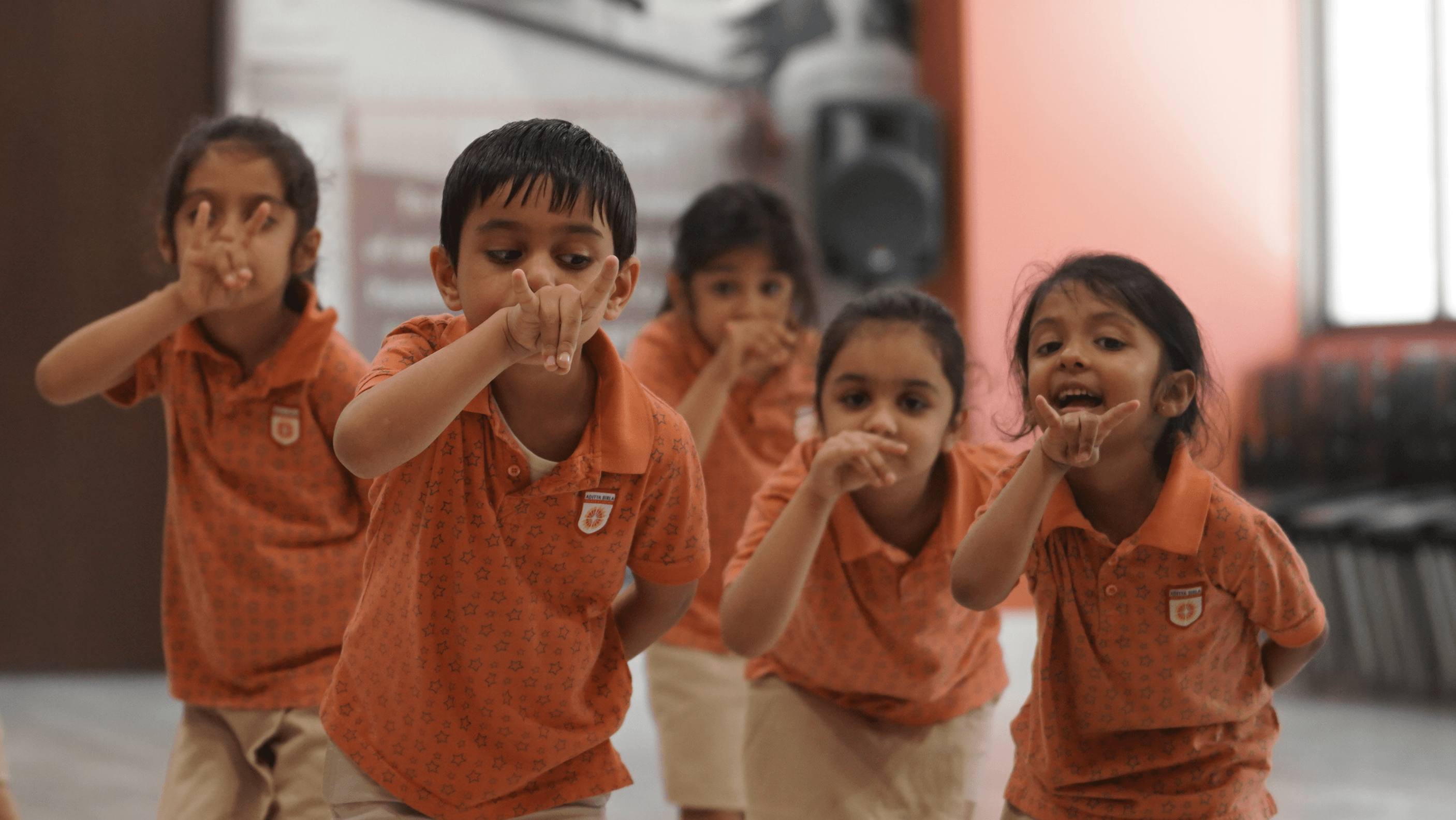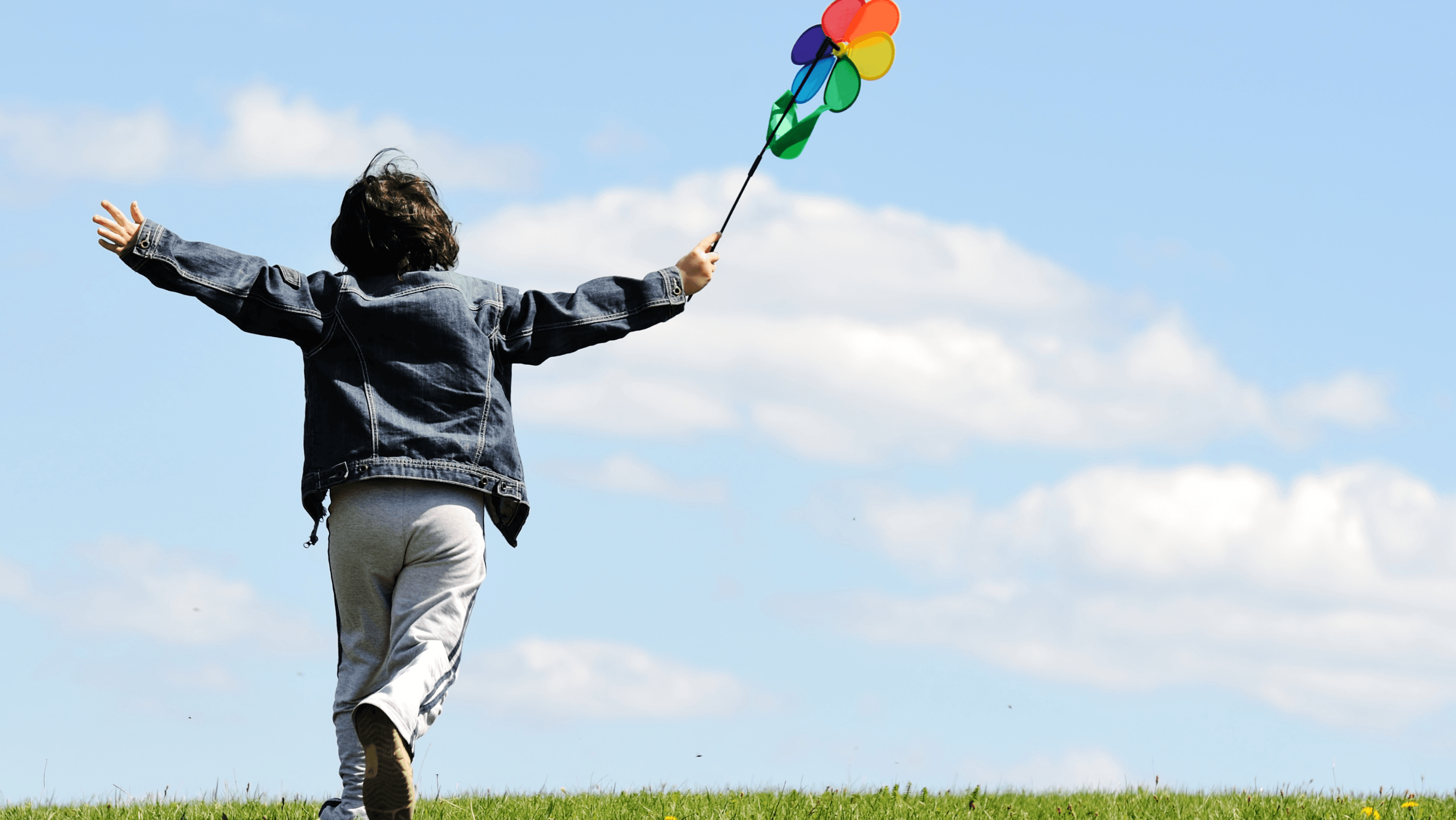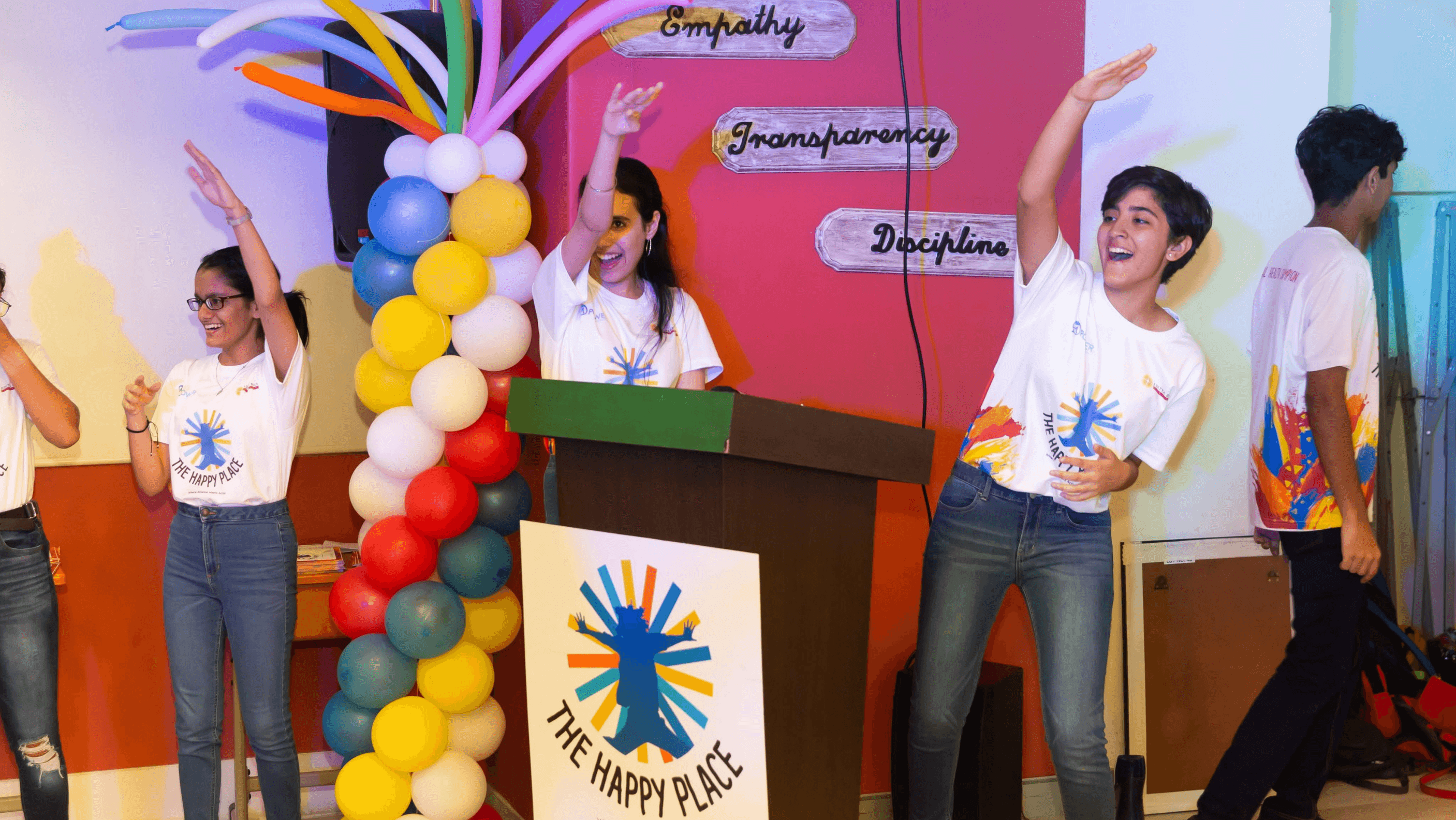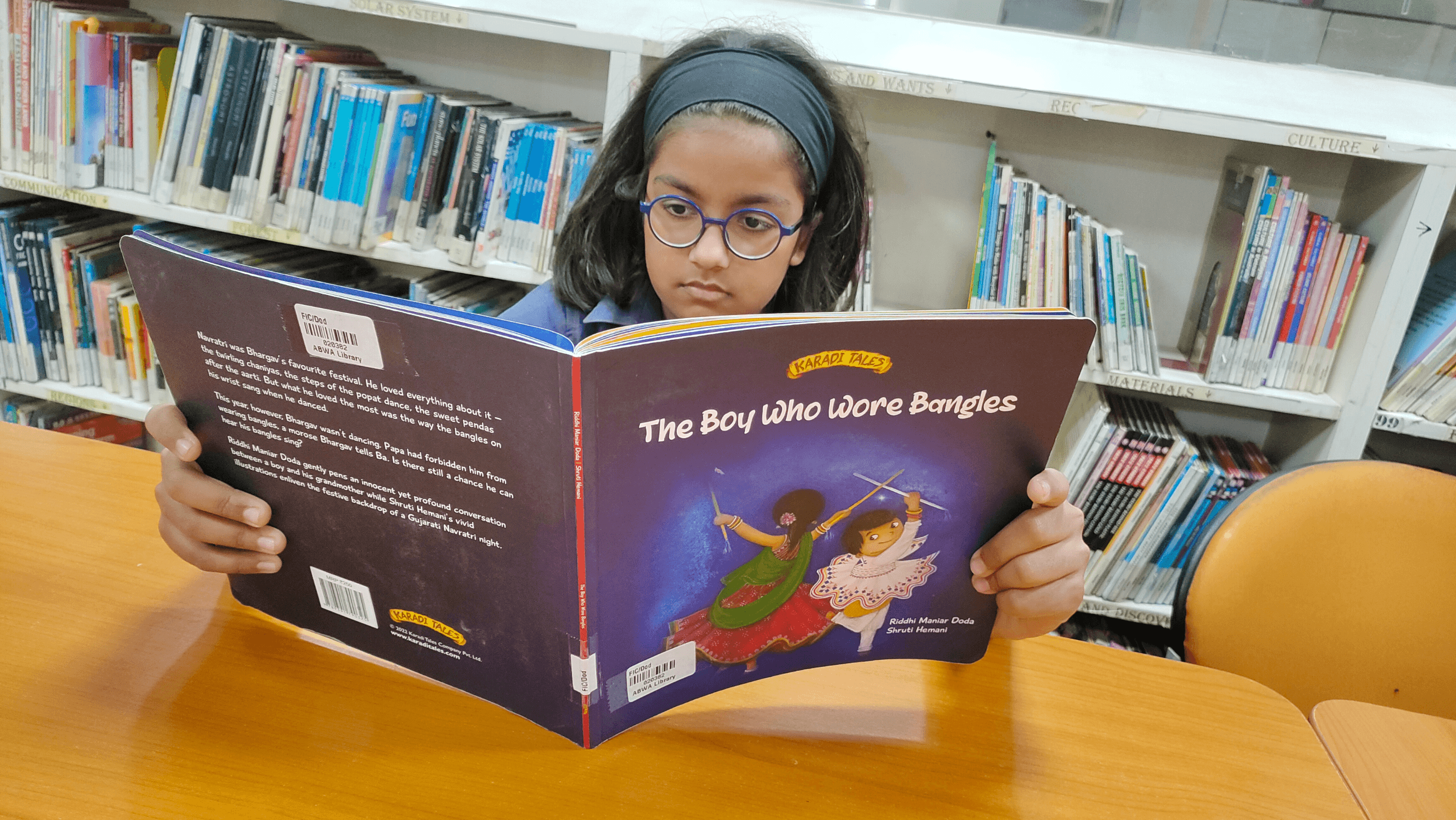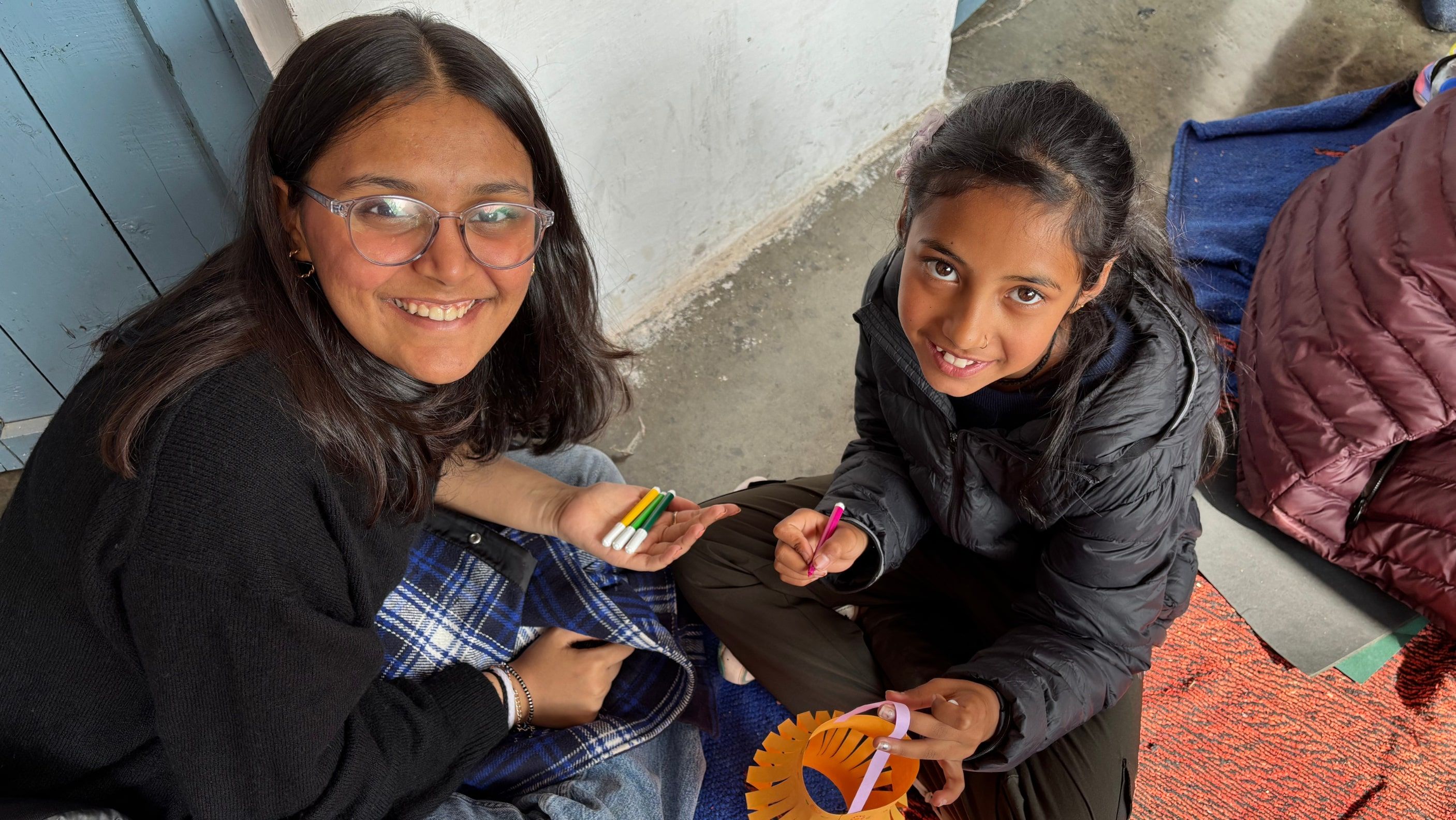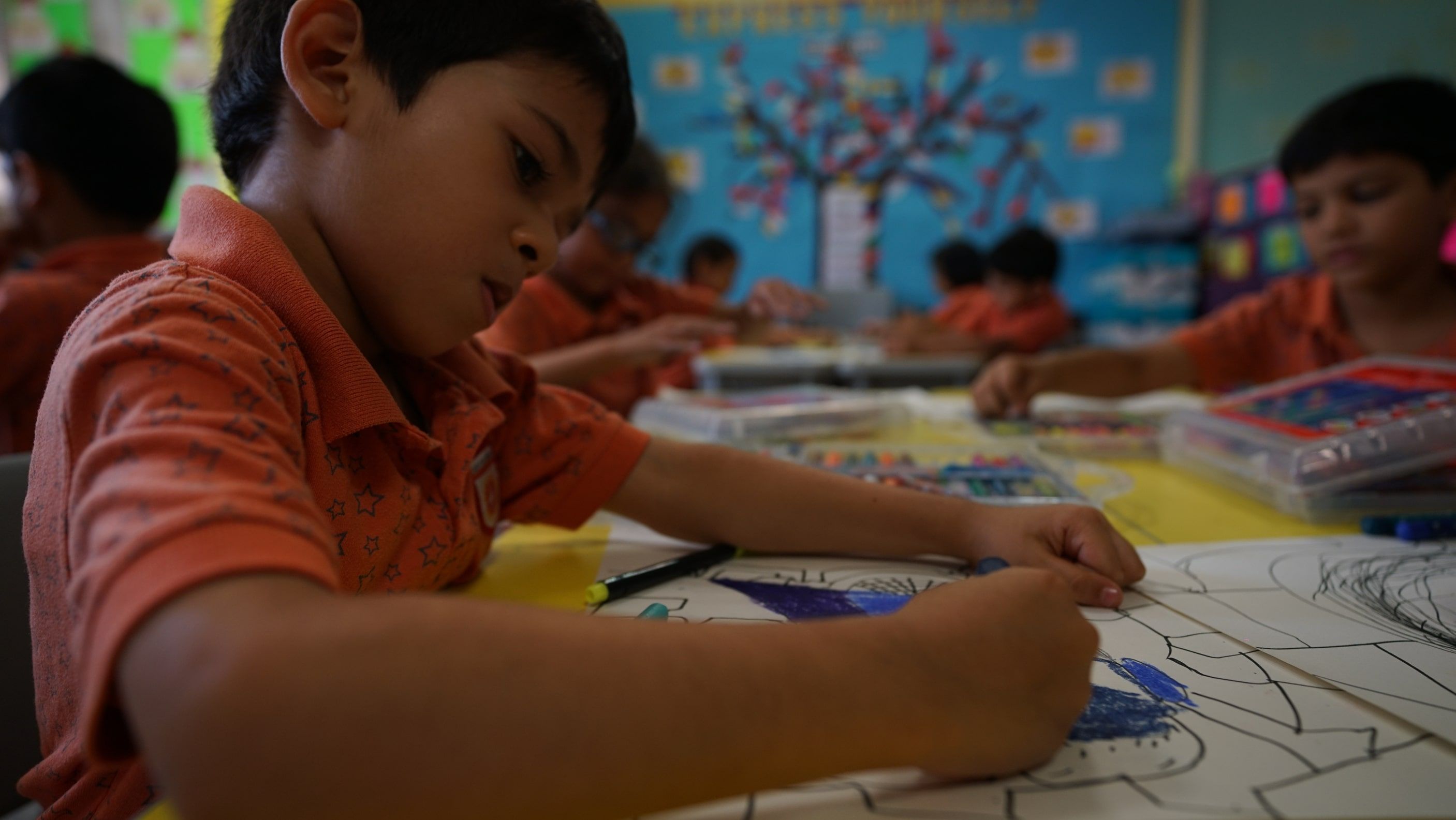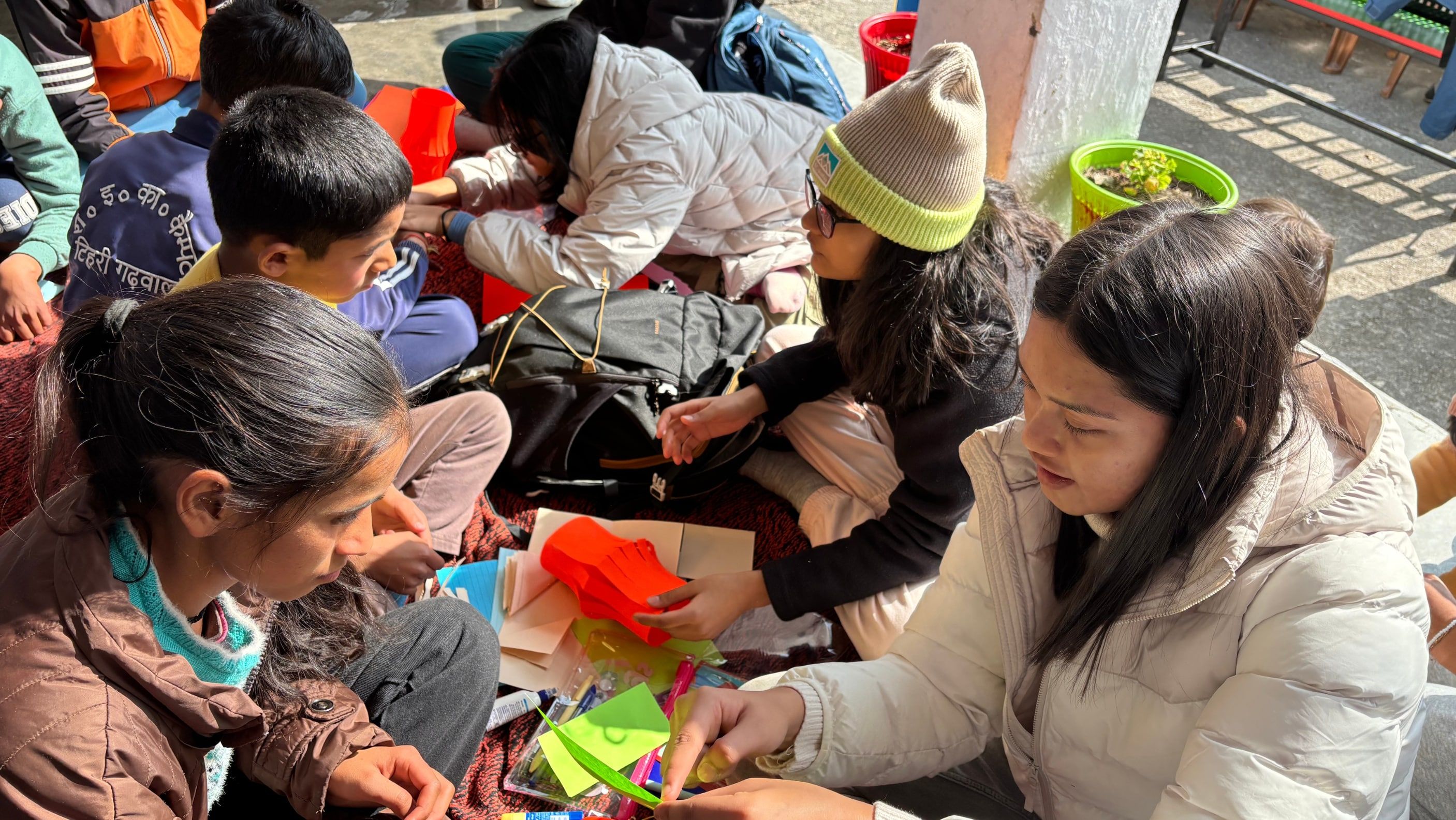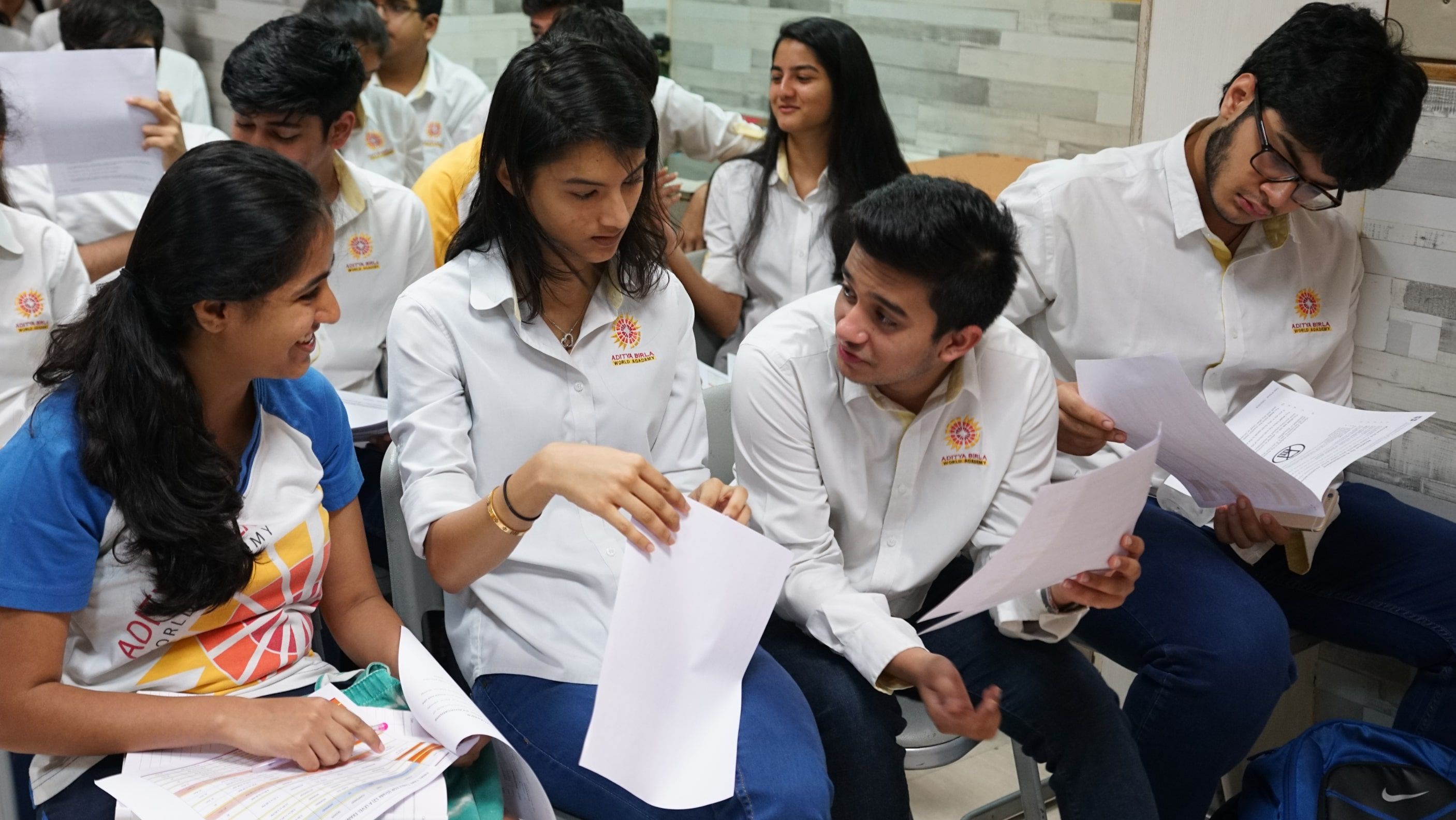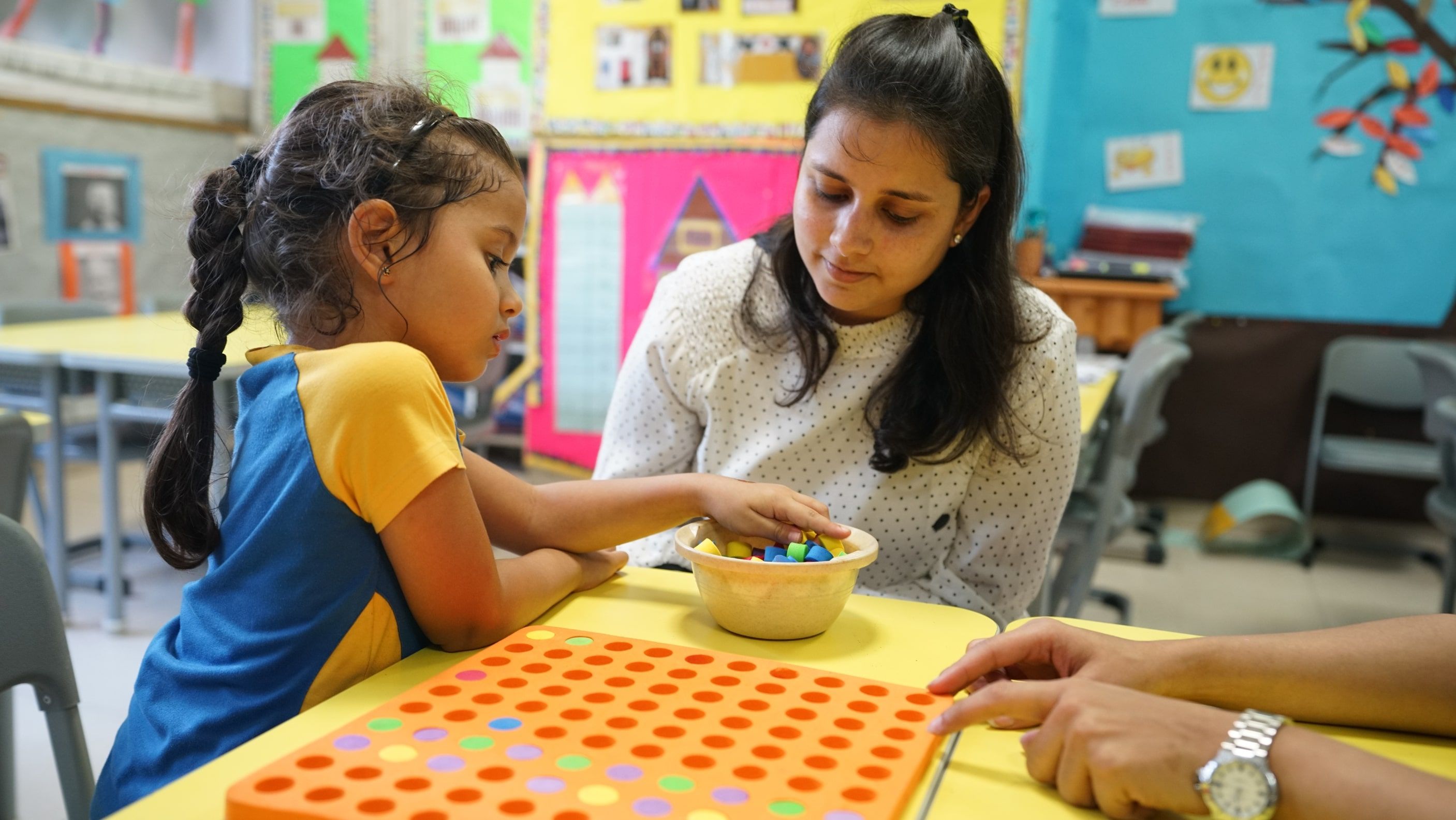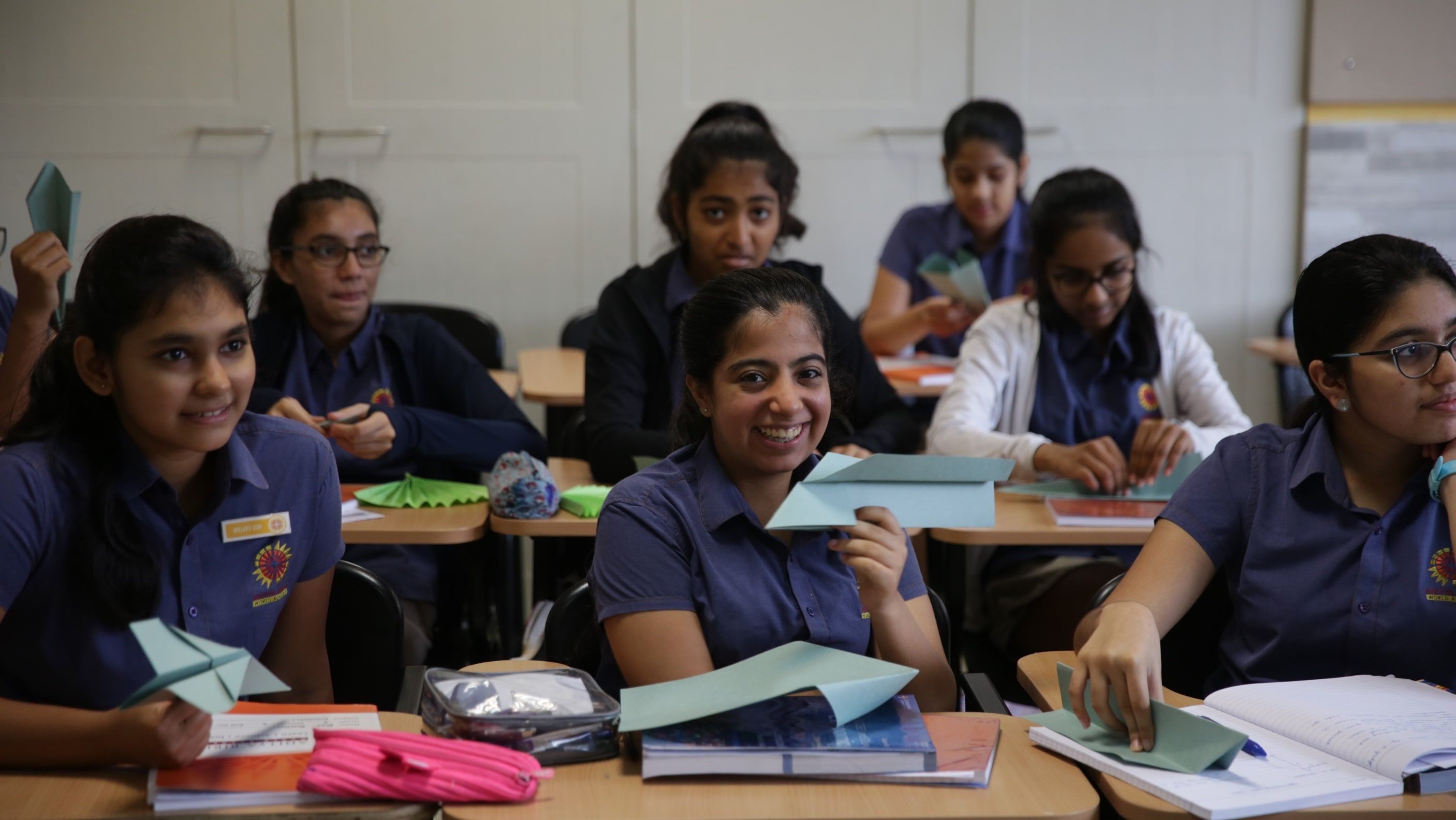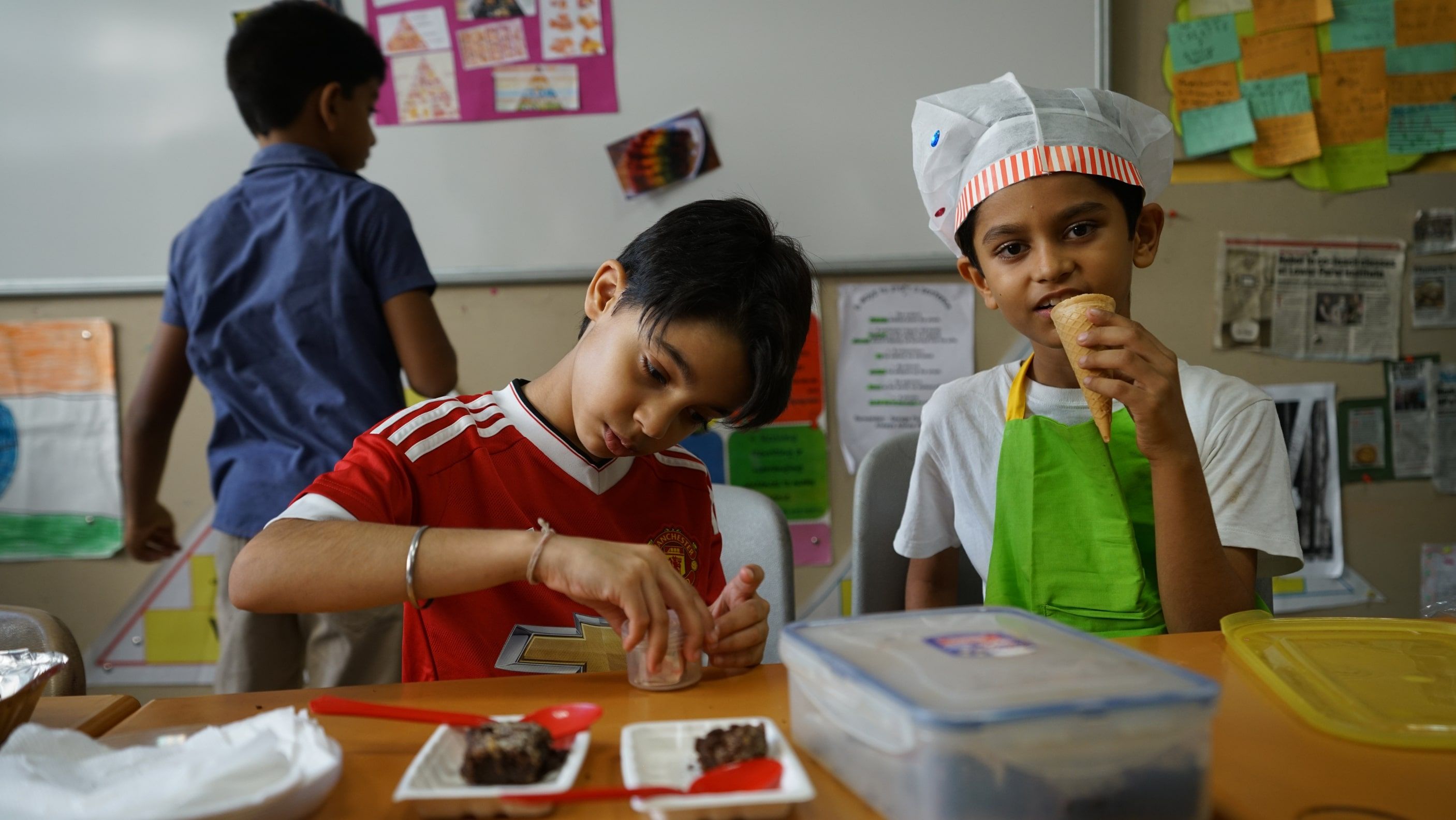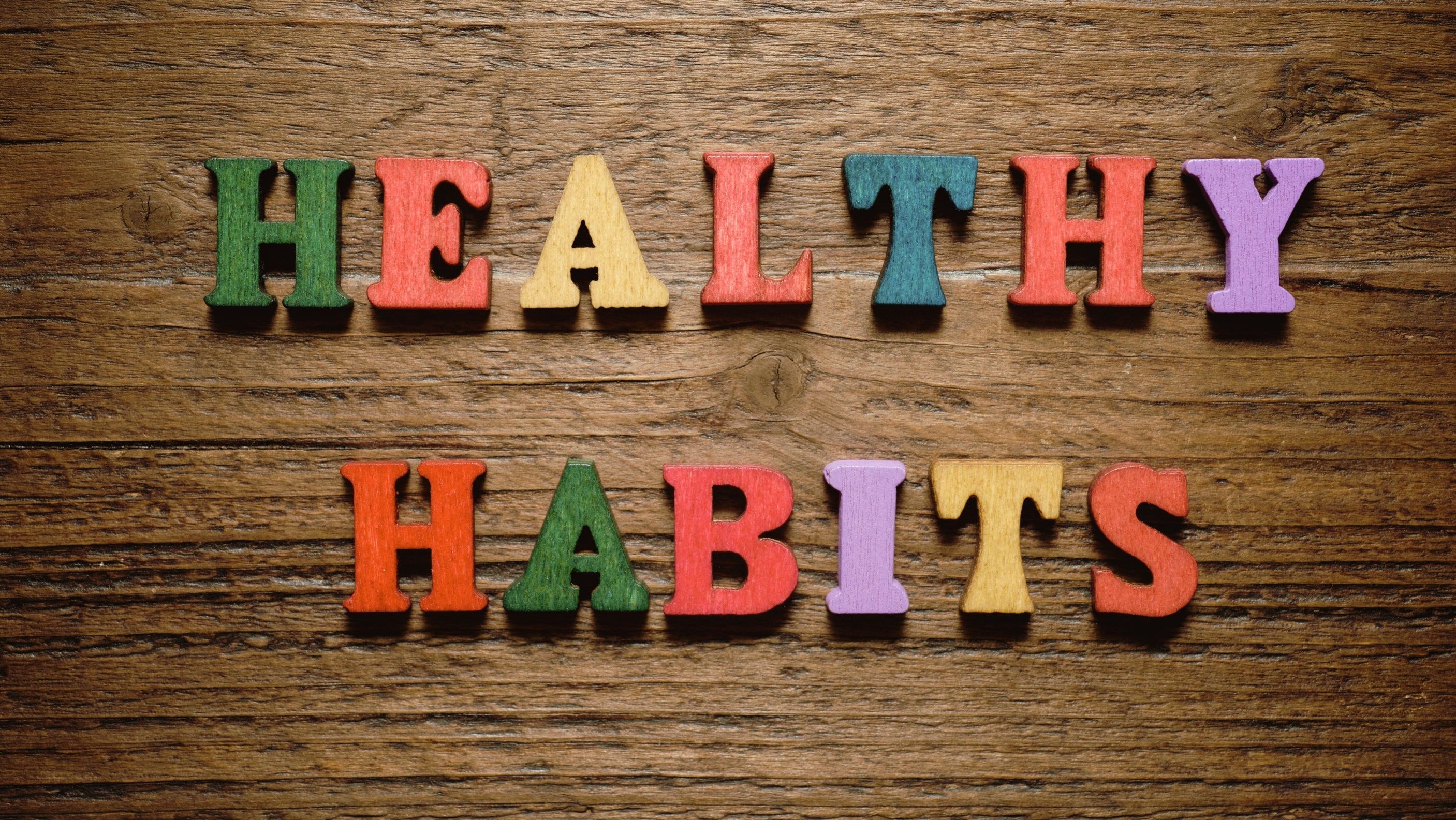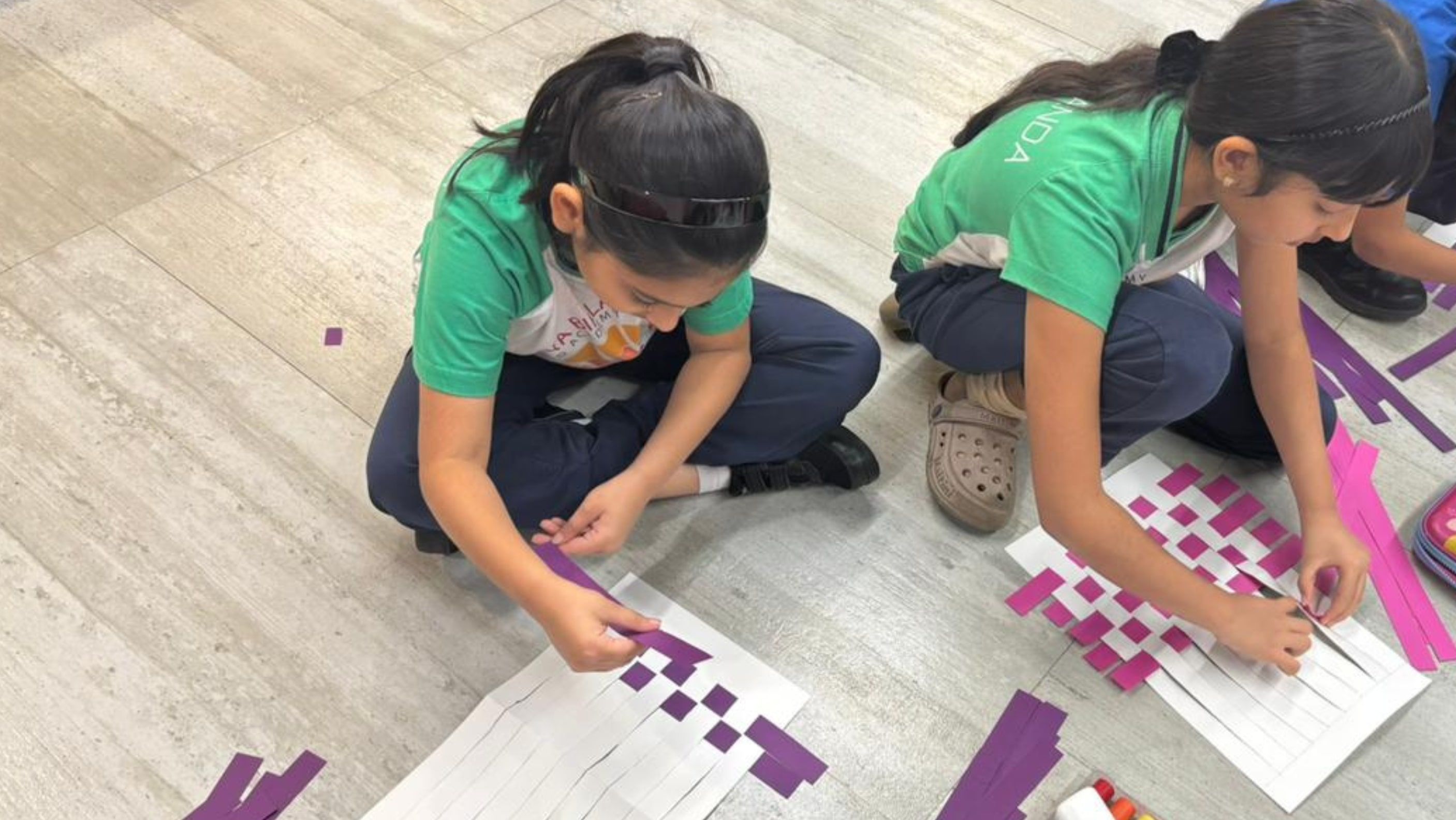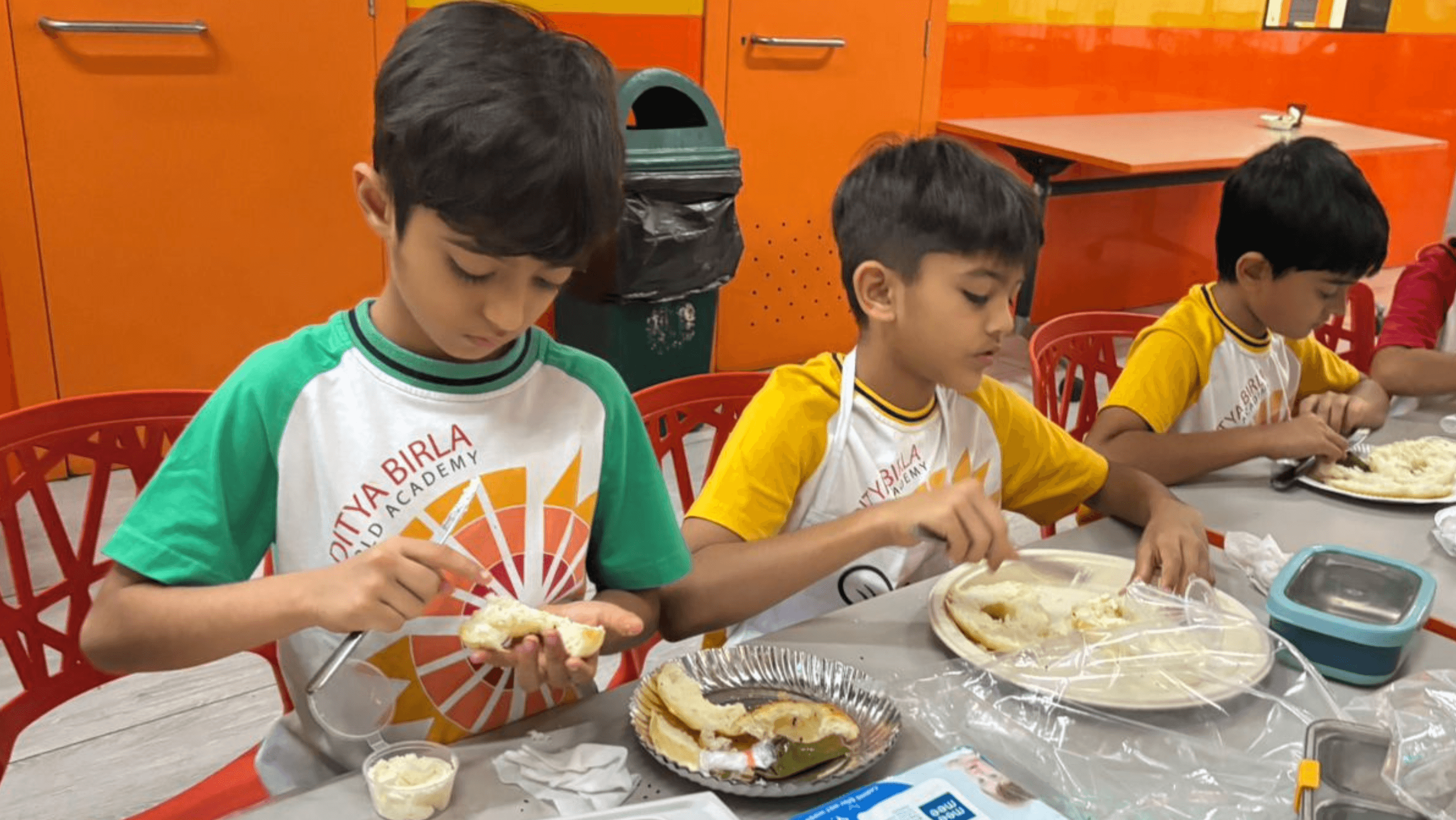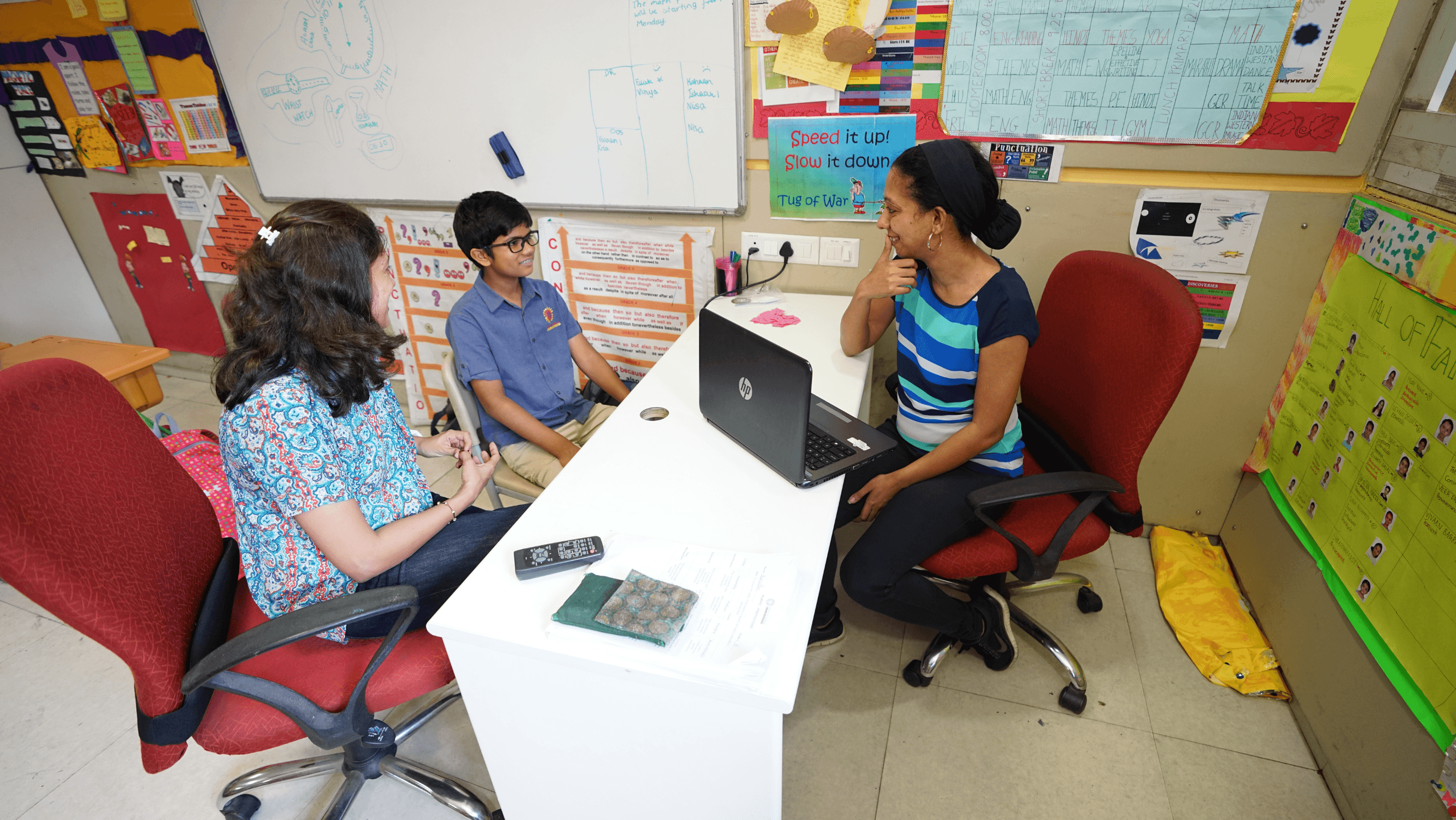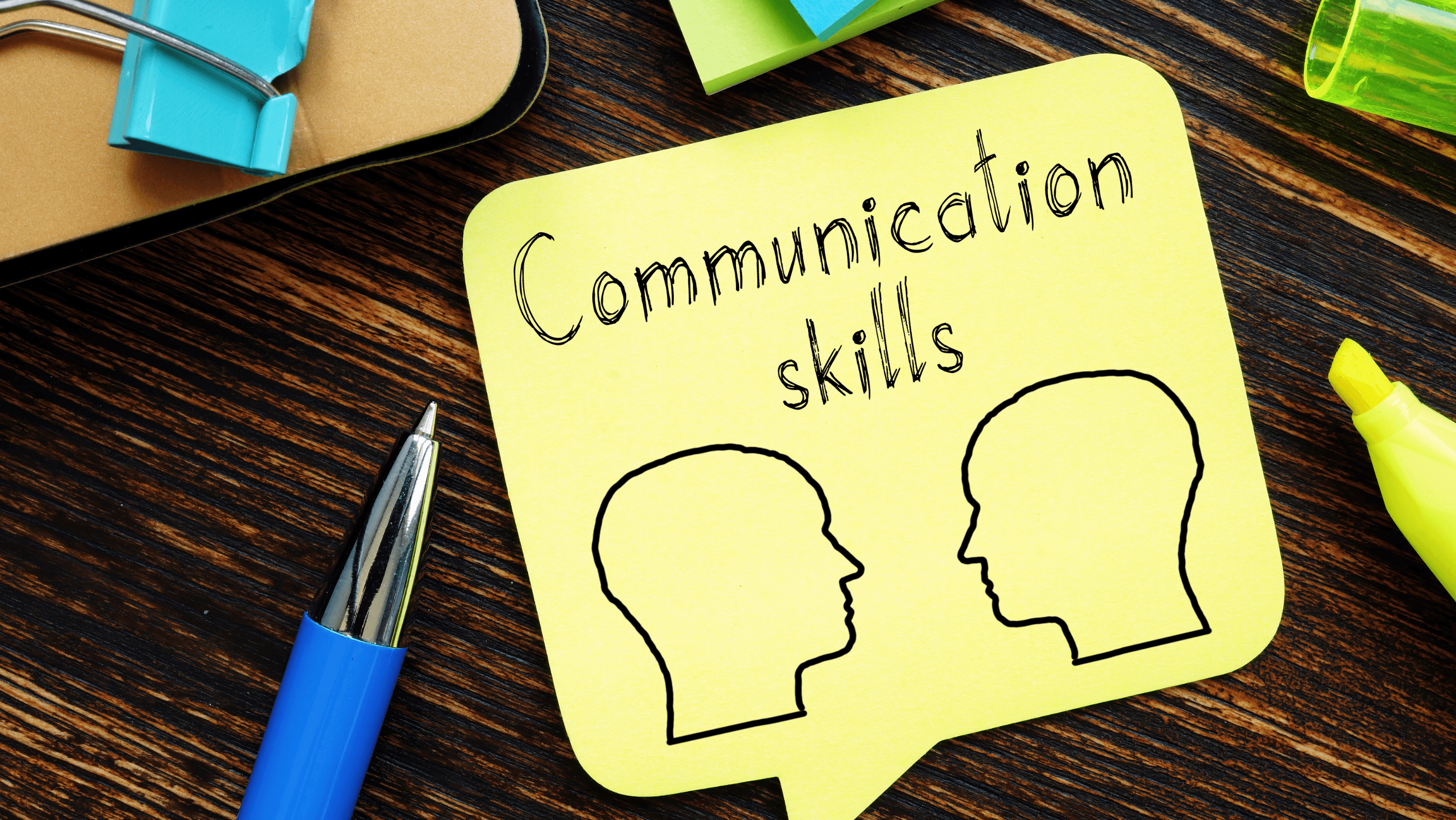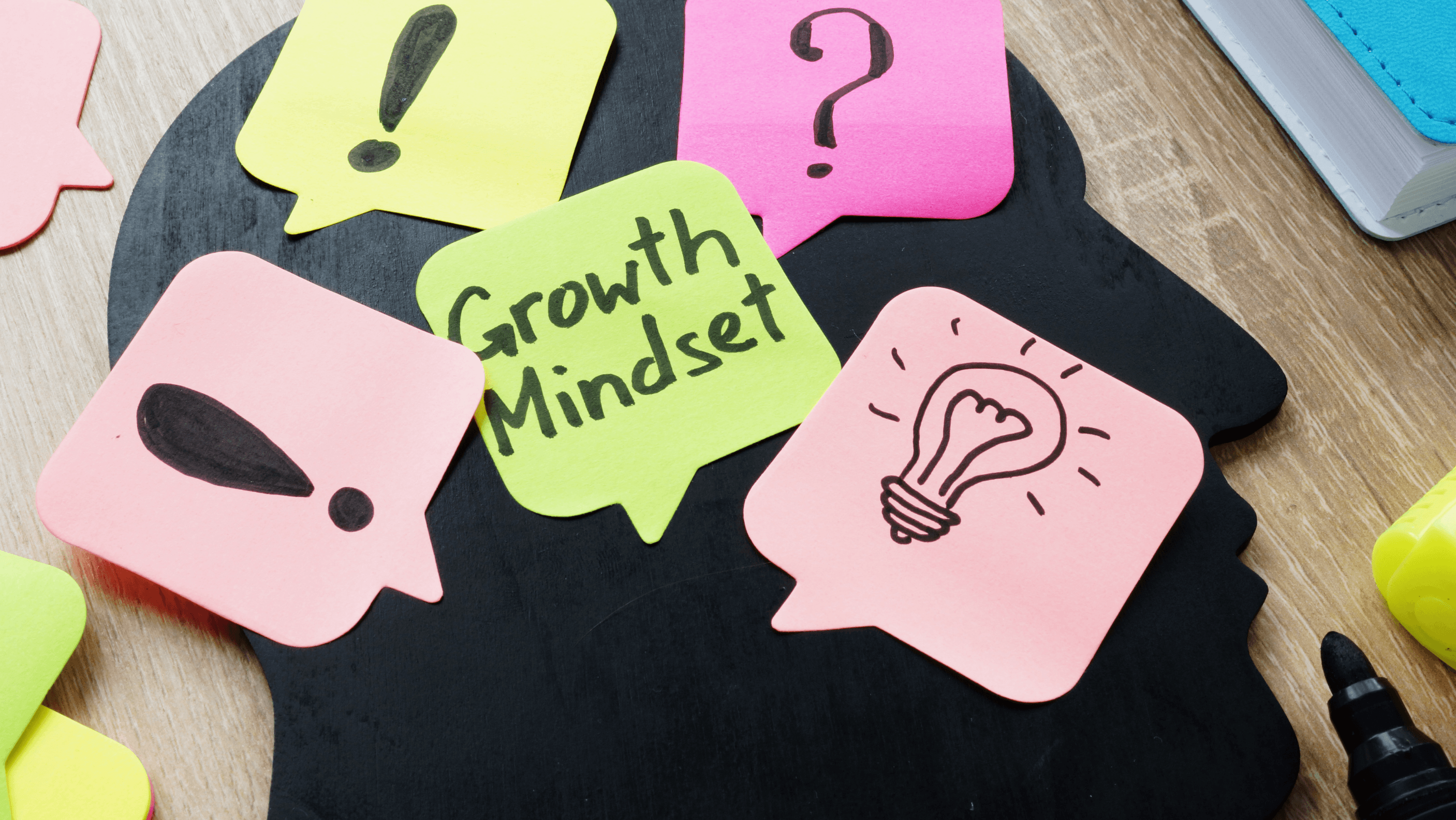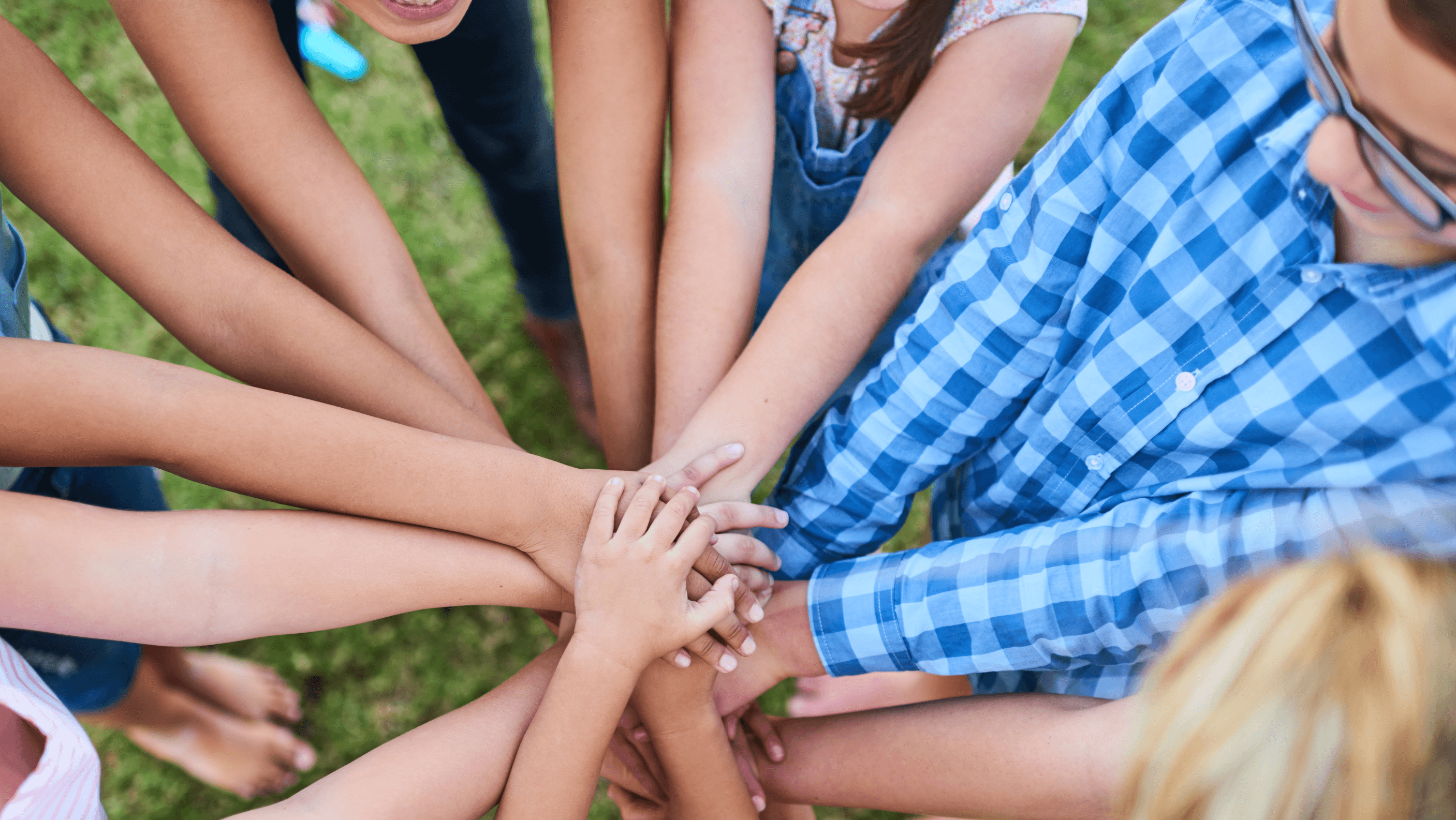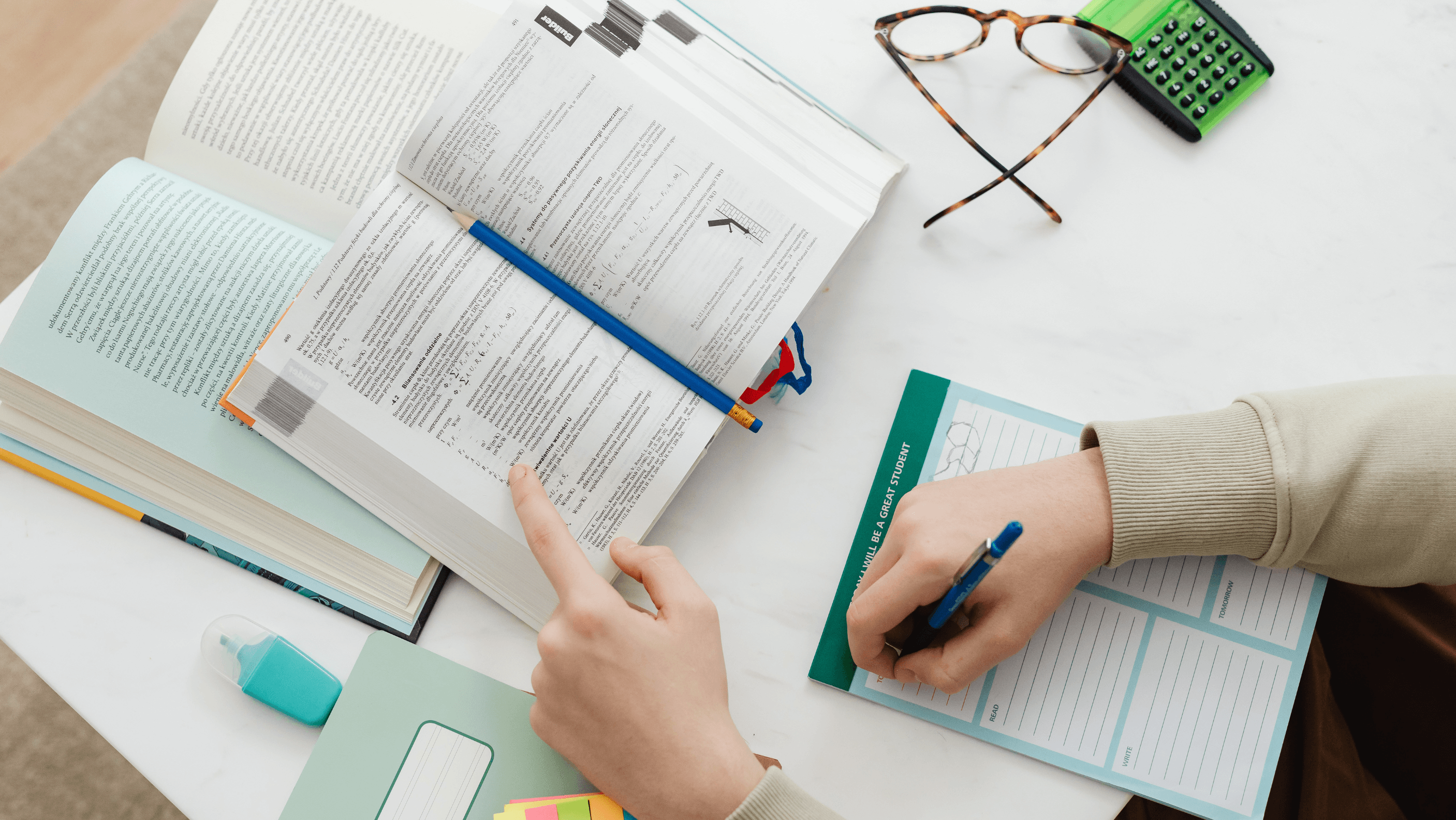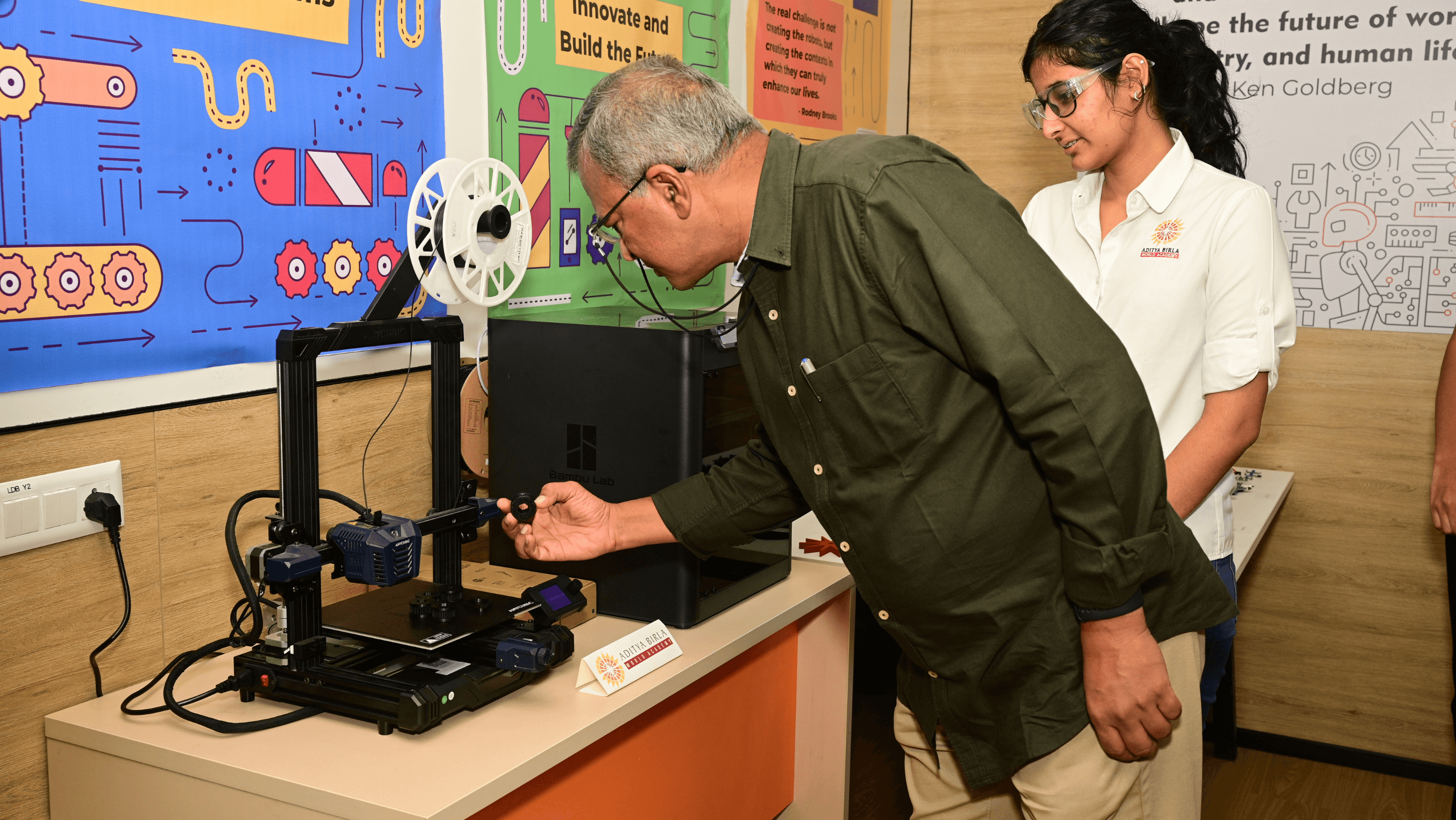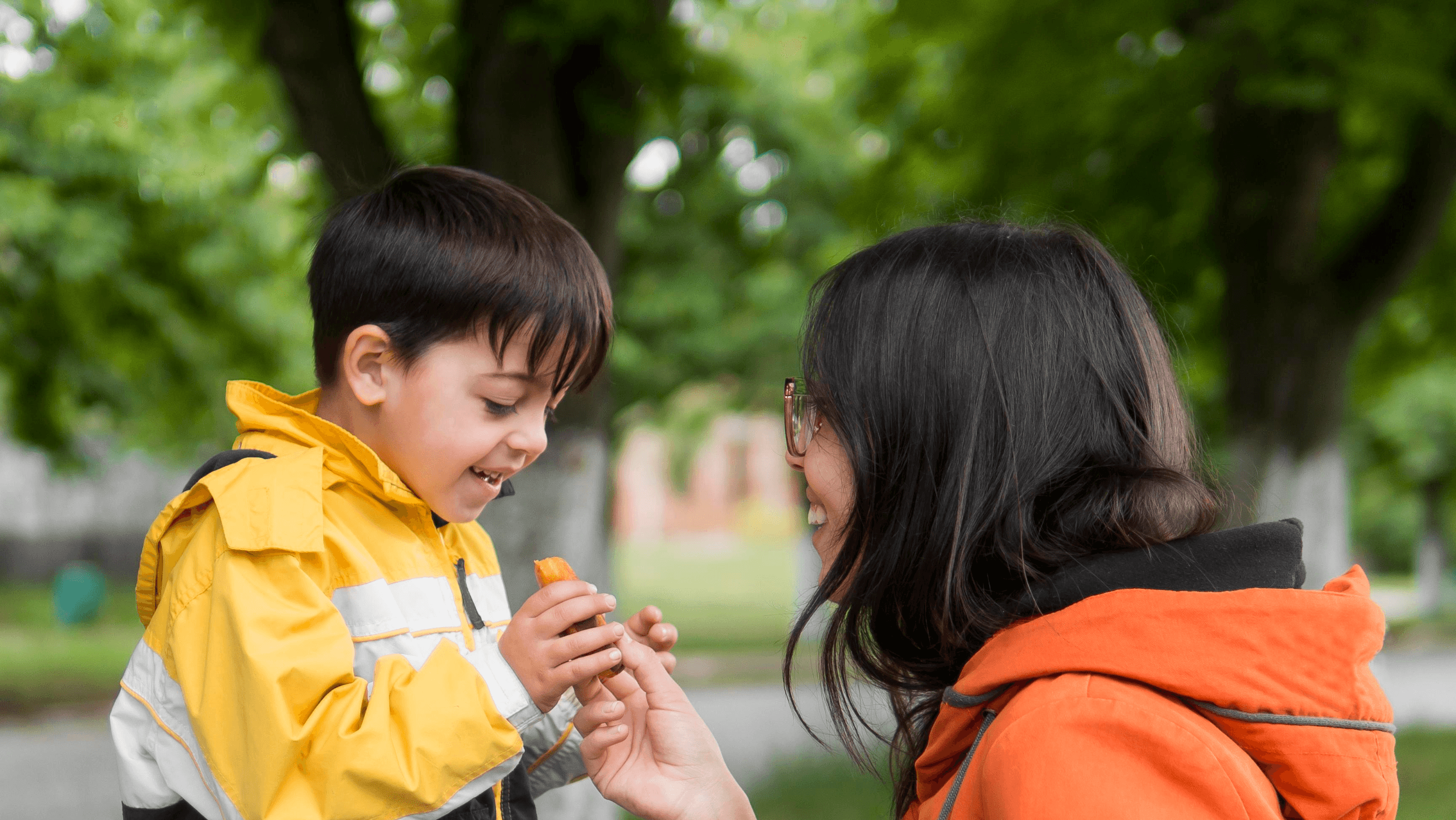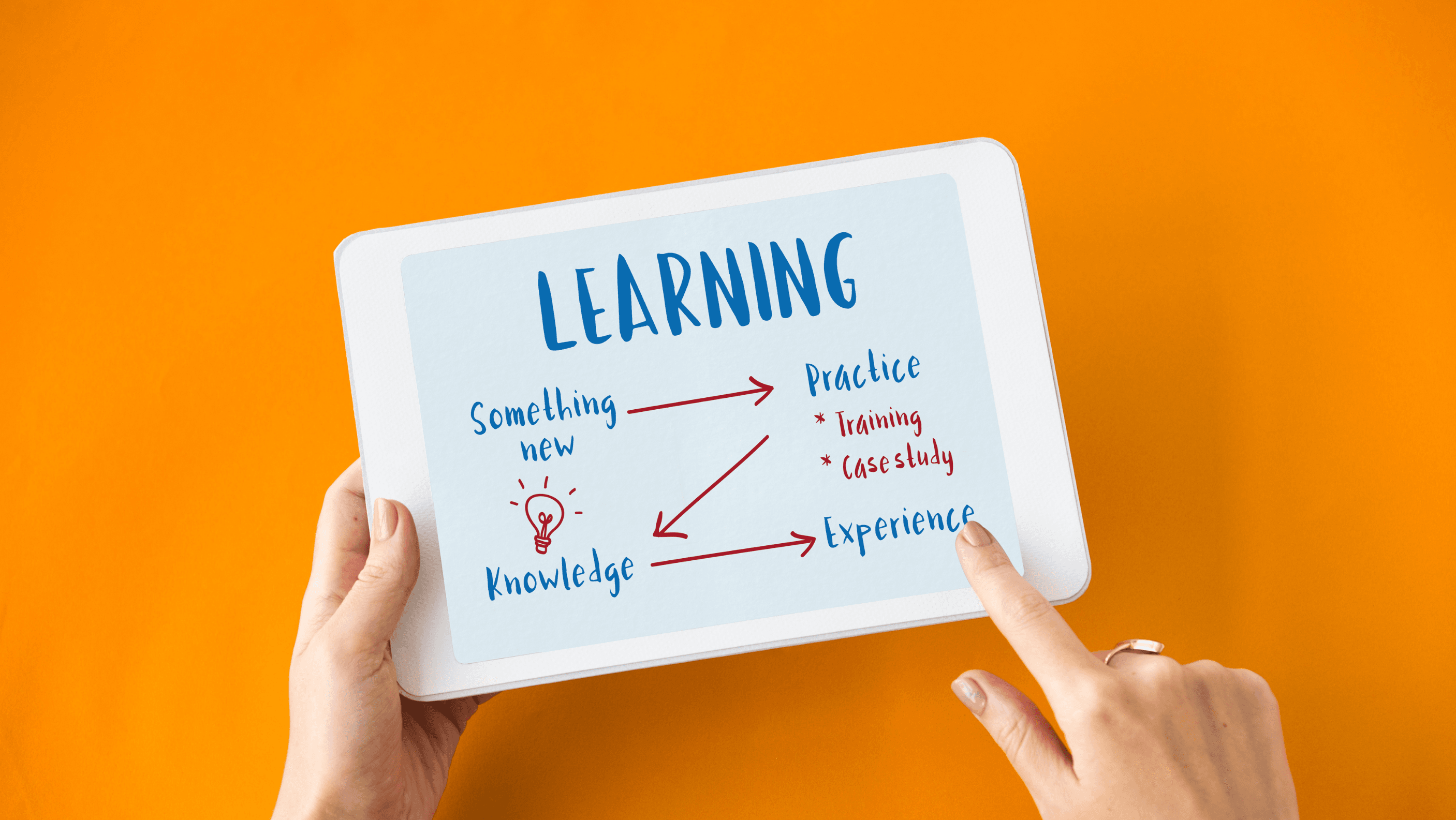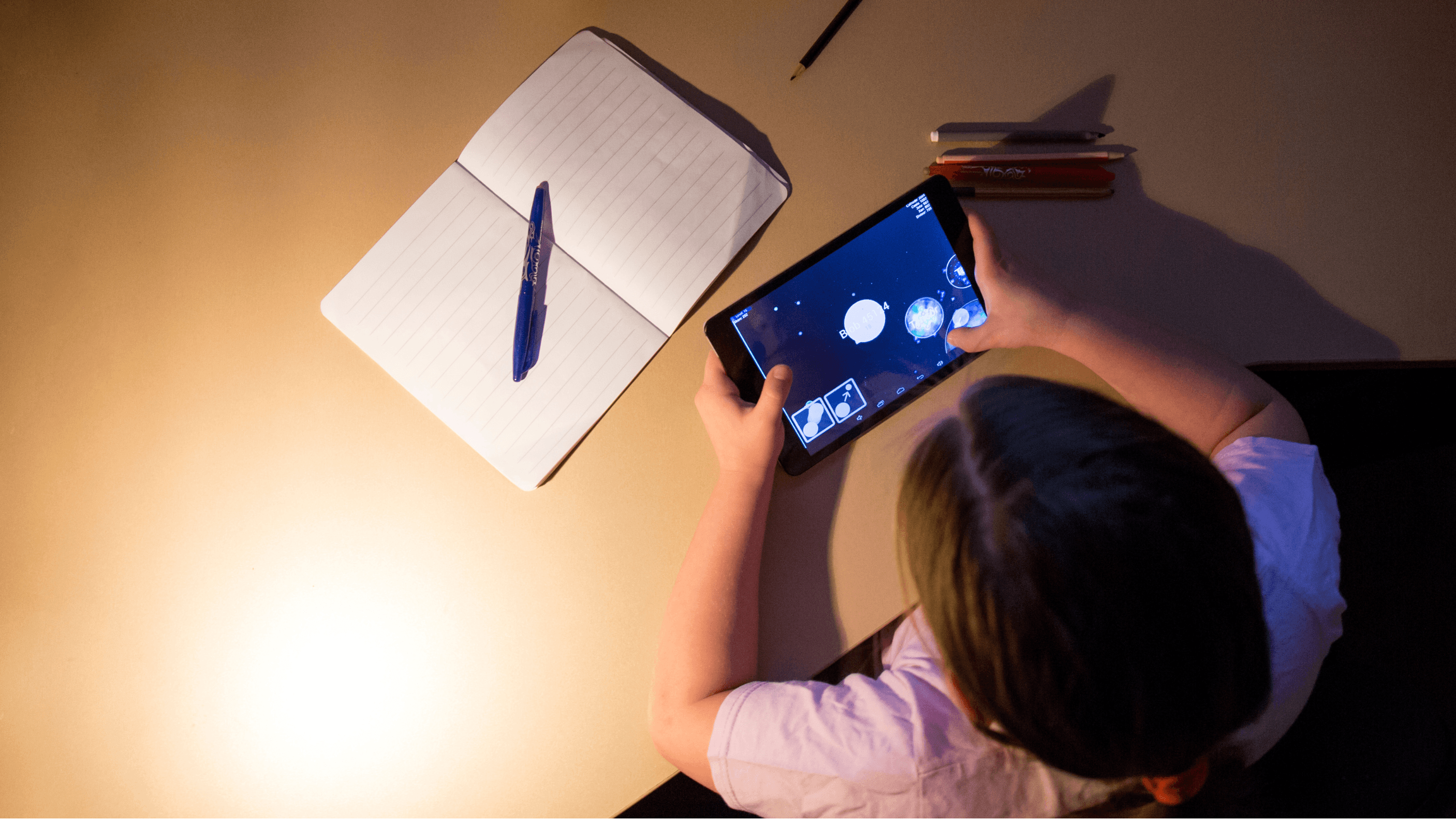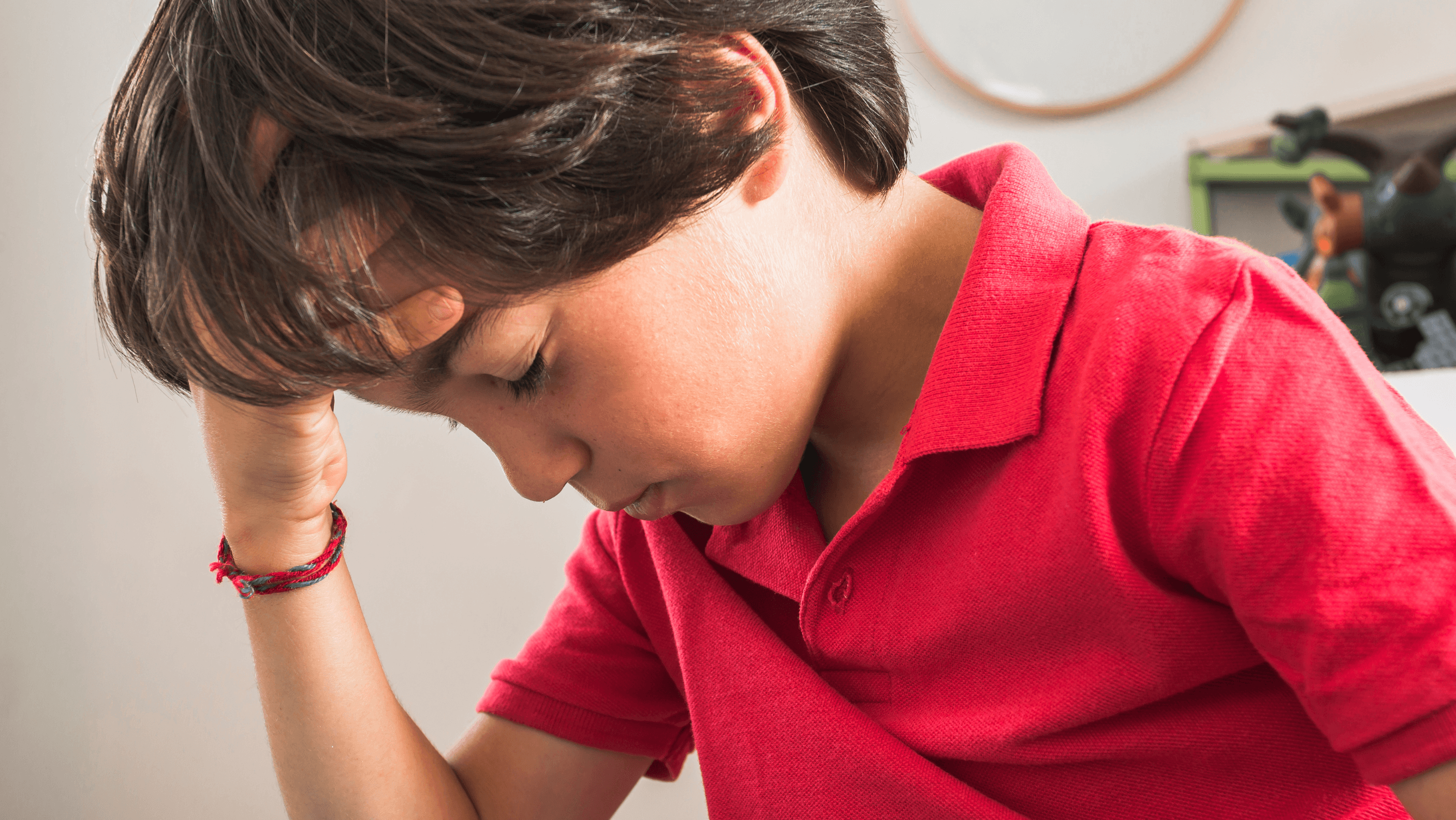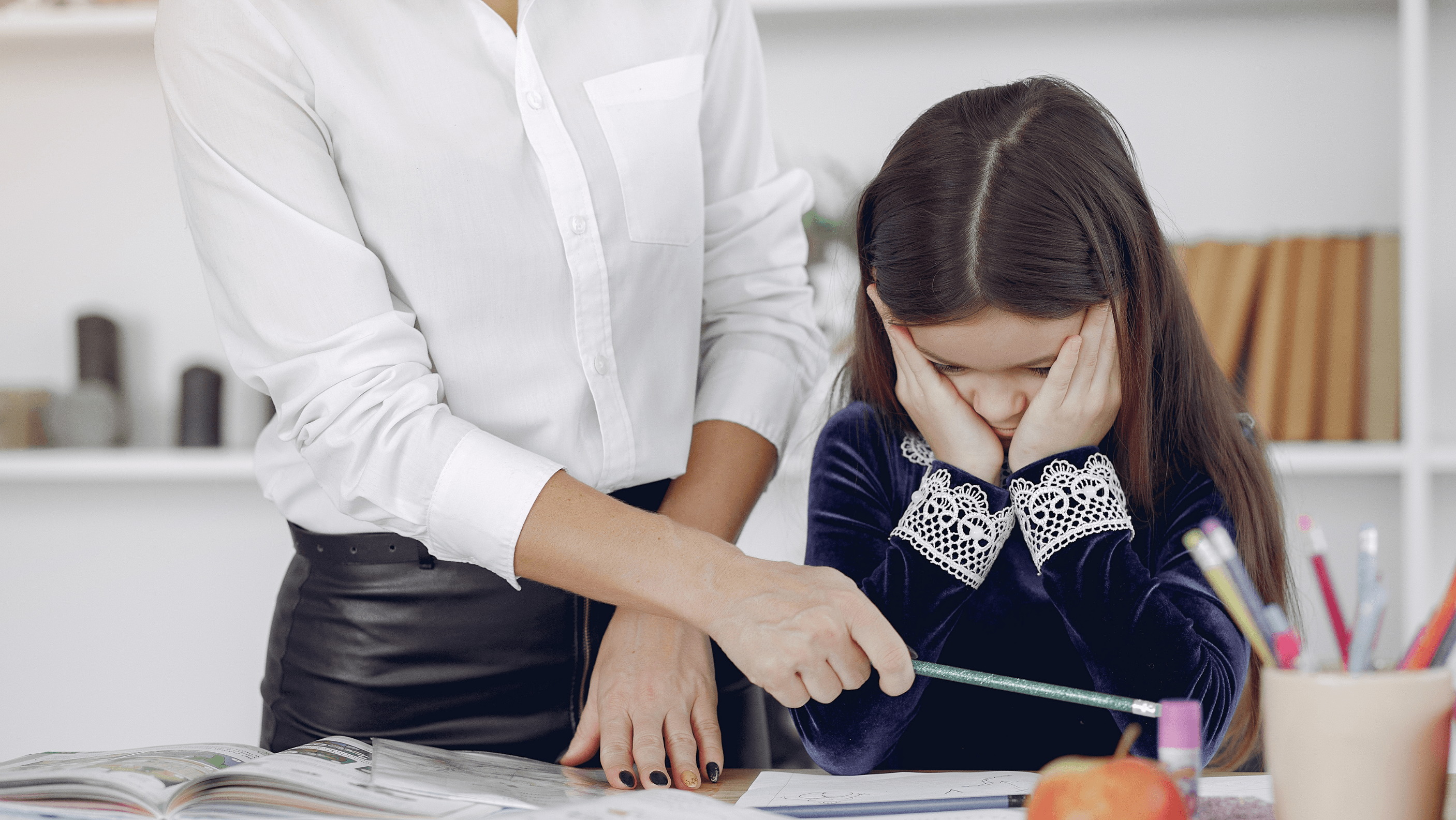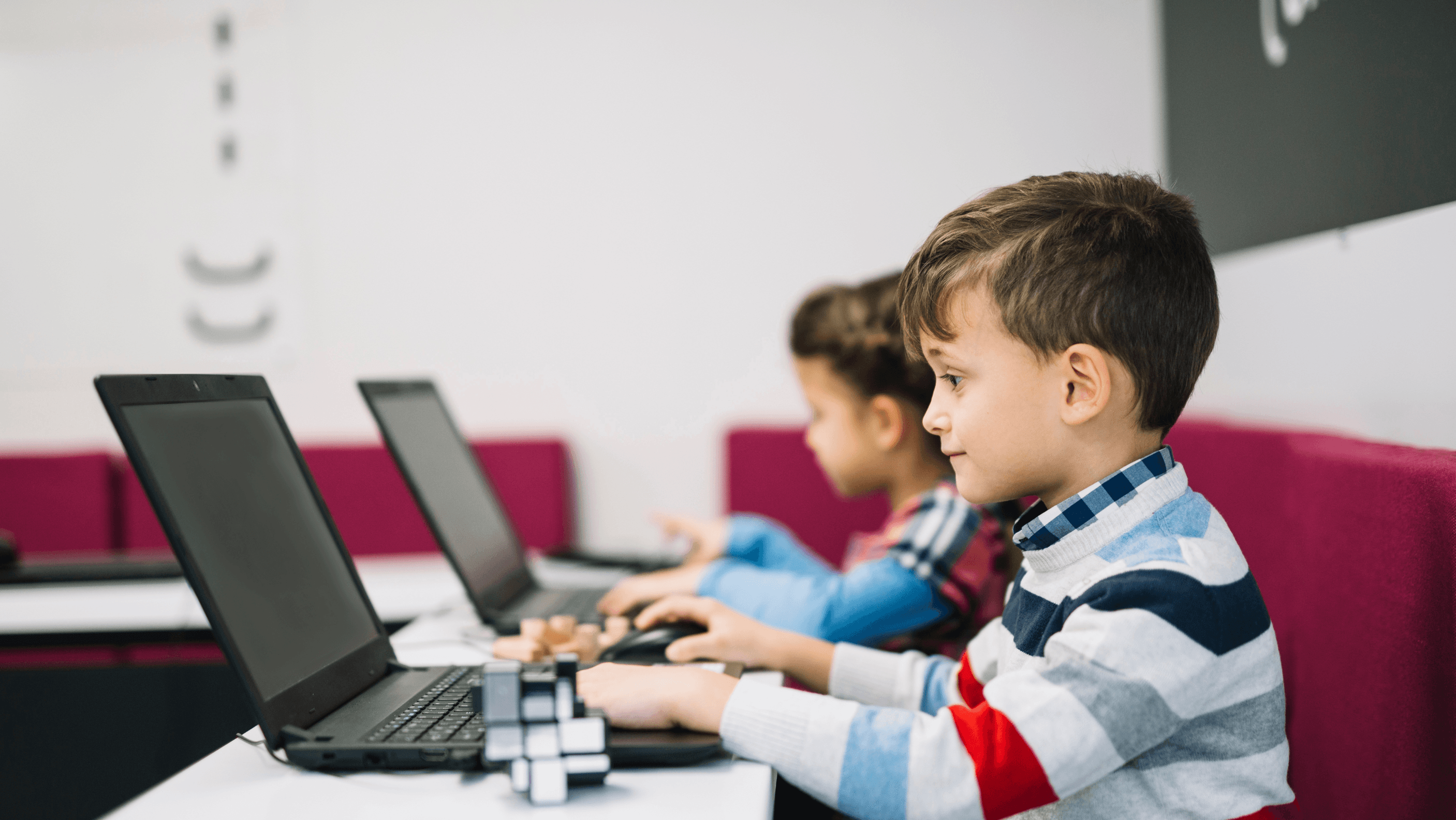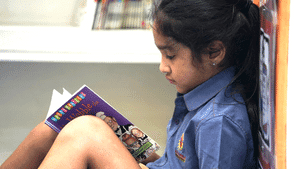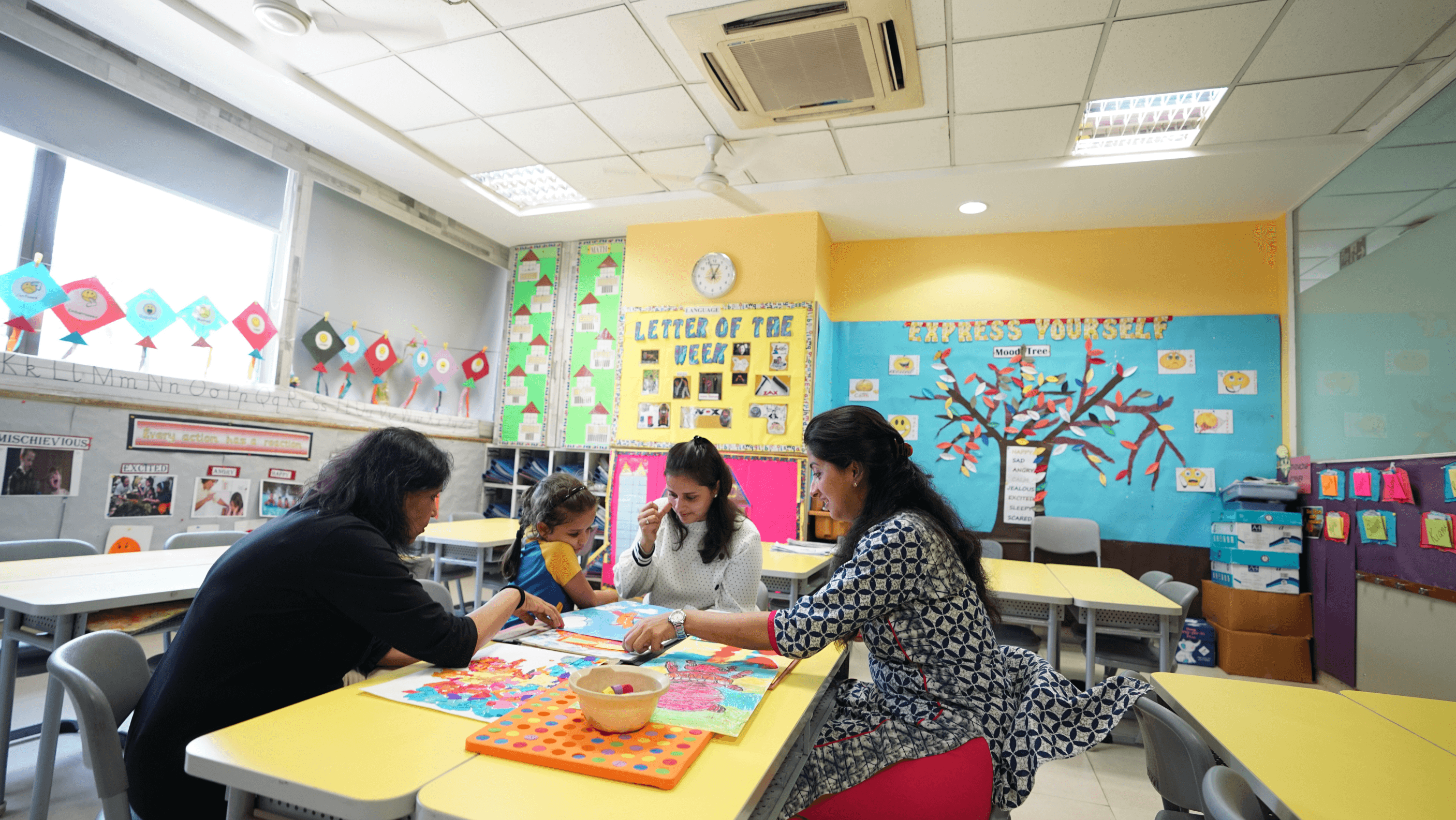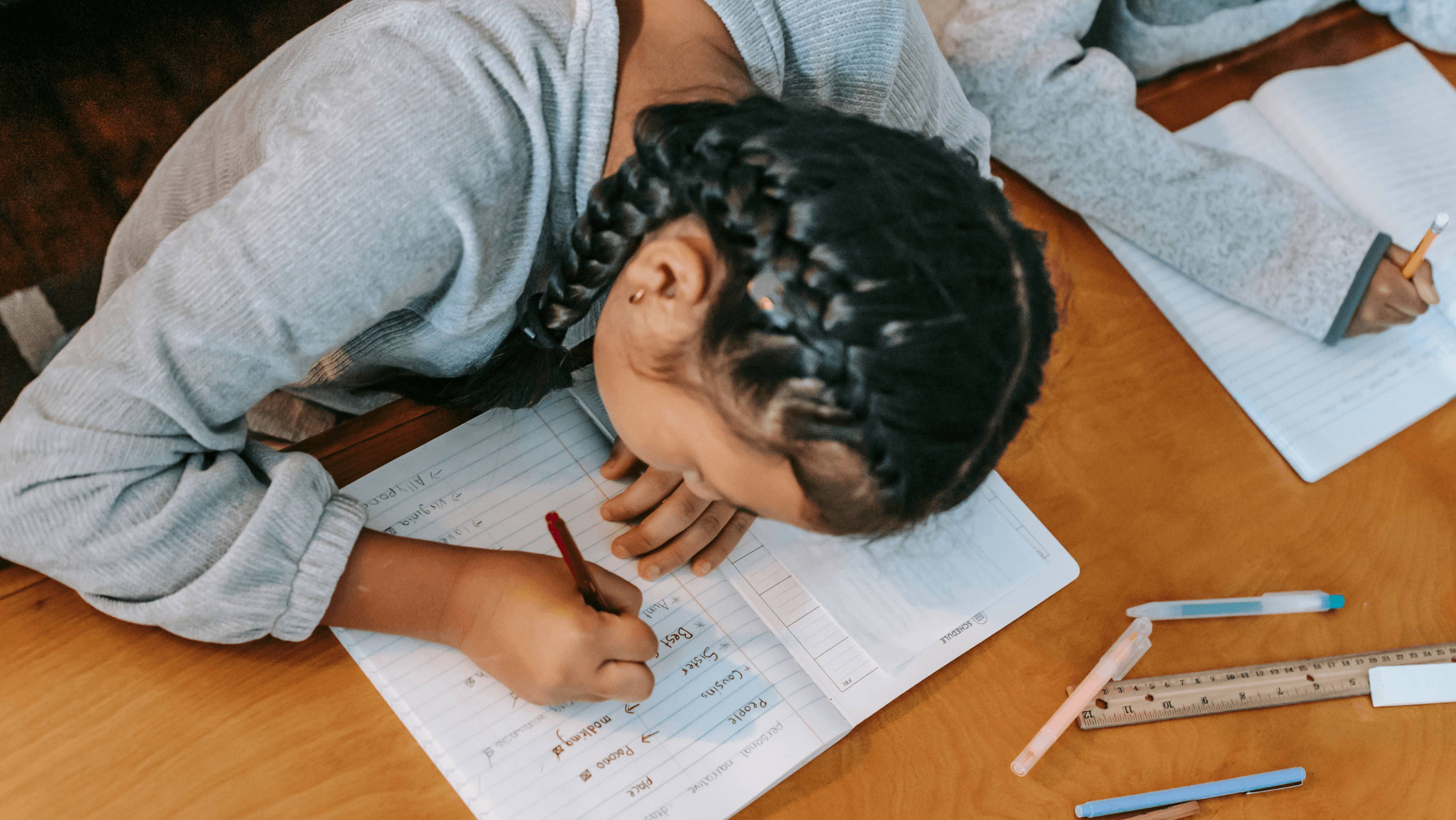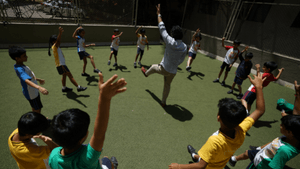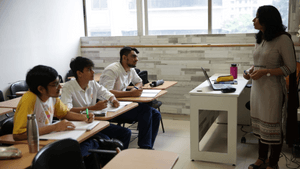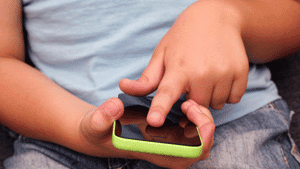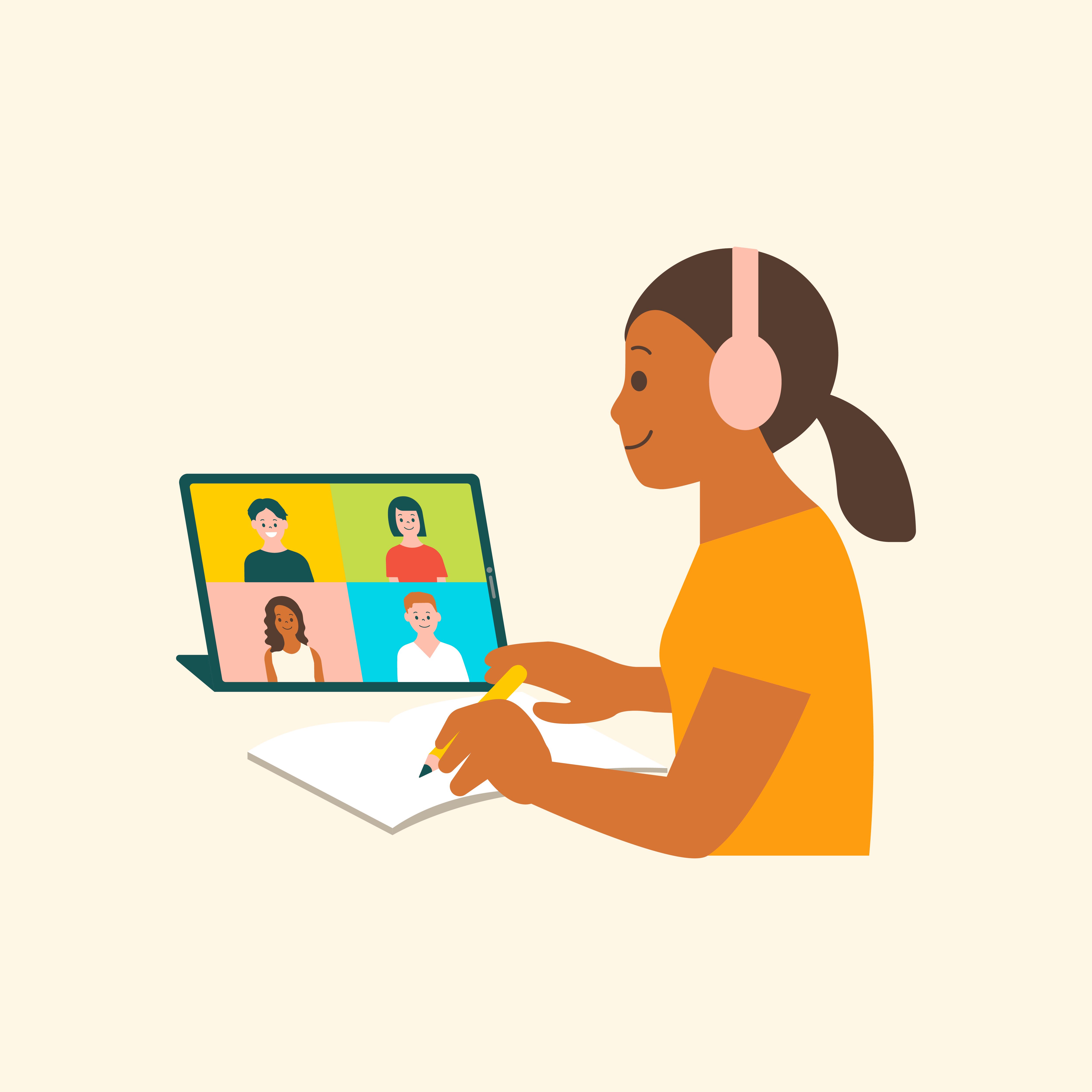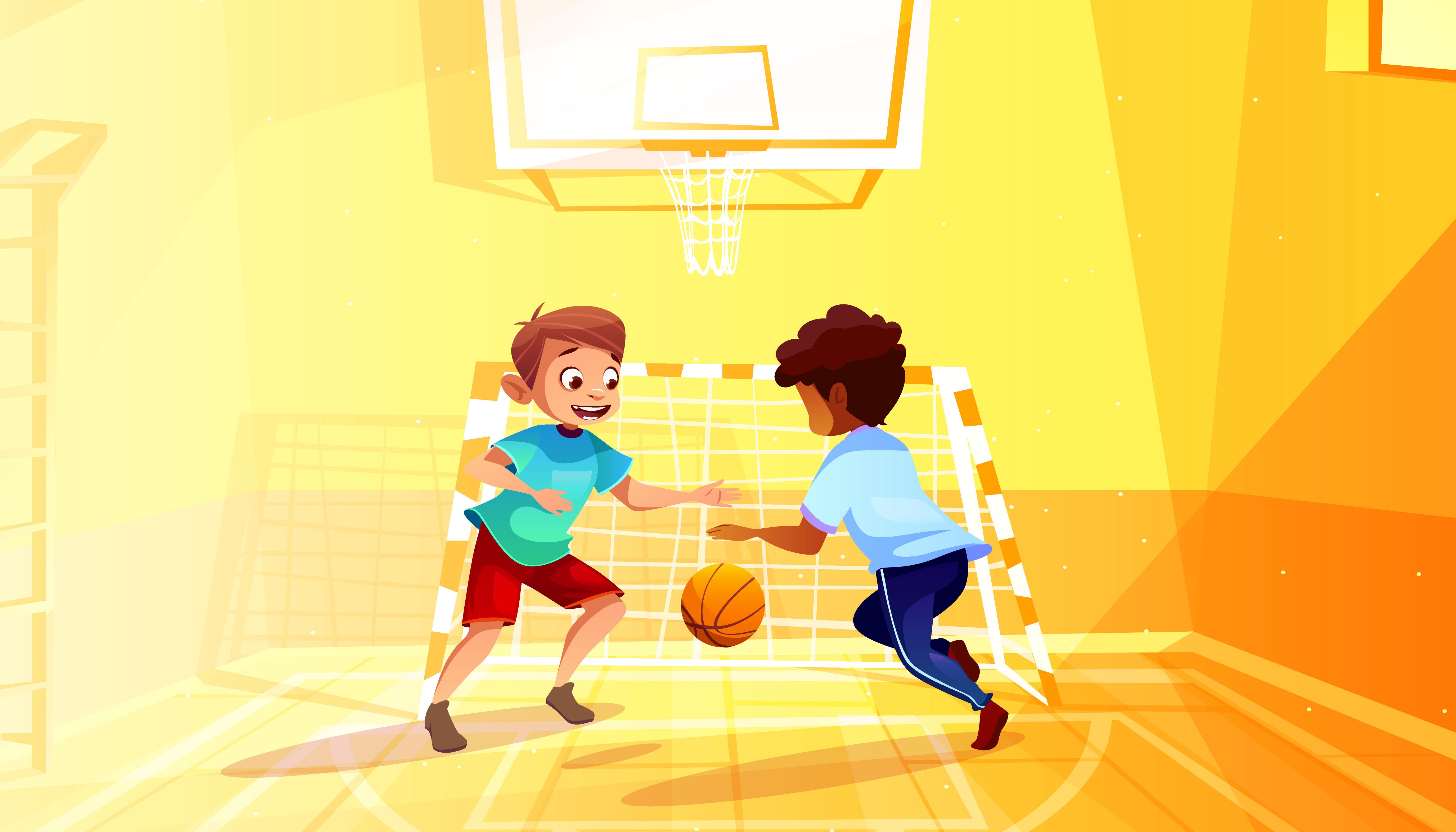Day in and out, all we hear are numbers of the destruction caused by a virus that seems to be beyond our control at the moment. It has left each and every one of us in a state of uncertainty, anxiety, isolation and helplessness. This holds true for both adults and children. It has also been reported that the covid-19 pandemic will have serious long-term effects on the mental health of the youth. What are these? How can I help overcome them? Do I have the ability to deal with this?
Yes, is the answer to them all. We have to know that we are powerful and In order to limit its effects, we have to be unified in our efforts to physically as well as mentally deal with Covid-19. Coping with fears, stressors as well as change constructively, will make us and our community stronger. It is that time to be positive role models, advocate resilience, overcome our fears by challenging ourselves and empower our children to deal with change by accepting it the way it is.
The fight for a healthy mind, body and soul is real and as a mental health professional, it is my constant endeavor to equip everyone with the way to achieve it. So the question then is, how can we as parents prevent this pandemic from impacting our children’s emotional wellbeing as well as overall health?
As you all know, it is you the parents who are the most important resource for children every day and especially in stressful situations. In this article, I have listed some of strategies that you can implement to support your children during this pandemic. I hope that with them you will not only be able to help your kids get mentally fit but also reduce any ill-effects of the pandemic on their emotional well-being in the future.
While every child and family is different, below are some ideas that may be helpful in winning our battle against Covid – 19:
- Talk to your children about Covid-19. Tell the truth, but not necessarily the whole truth, just what your child can understand. This will enable them to feel more empowered, in-charge and certain about their choices in an emergency.
- Know that you are the expert in your parent-child relationship. As and when you notice the changes in your child’s emotions, moods or conversations, help them process the information. For example, if your child suddenly starts screaming or shutting down or not wanting to talk or displays disruptive behaviours, ‘acknowledge their feelings – you seem to be worried, tense, upset’.
- Encourage your child to use calming strategies and skills, such as: taking a deep breath, spending a few minutes alone, listening to music, or going outside. Practice mindfulness and implement journaling and vision board techniques to help them manage their anxieties as well as channel their energies positively.
- Create consistency and structure in their routines. School closures and other changes in routine can make a child feel out of control or distressed – even if they seem glad not to go to school. During such times, it is extremely imperative to keep familiarity as well as consistency in household routines such as bedtime, wake-up time, chores, family rules, and play.
- Limit exposure to media and news channels. You can better your child’s emotional health by taking breaks from watching, reading or listening to news stories and social media platforms, as repeatedly gaining insight into the pandemic can be upsetting. It is also important for younger children to get their information only from you, as you are their resource and will provide information, which is correct.
- Know when to seek help during such an emergency, for children who are easily anxious, worried, display behaviour and other emotional problems. A stressful event like the Covid-19 pandemic, has caused some children to develop more intense reactions of anxiety, depression, or behavioral problems. While this can happen to any child, it is important to know that there are some children who are at higher risk, including children with mental health concerns or chronic illnesses and those who have had significant losses or who have experienced traumatic events.
Children in this group may need even more consistency with routines, sleep schedules, emotional support, and reassurance about the outbreak. It is imperative for them to get a professional for their mental well-being and you as parents have to reach out during such times of crisis. If however, as a parent, if you see concerning changes and your child has never sought a mental health professional, it is okay to talk to your child’s pediatrician until you find one. Seeking medical services at such times enables children to develop healthy coping mechanisms, resilience and mental strength to deal with any future emergencies. - While you are doing everything in your capacity as a parent to support your child’s mental and physical well-being it is imperative to take care of yourself too. The COVID-19 outbreak has caused worry and stress among parents, too. When you pay attention to your own emotions and take time to care for yourself, it’s good for both you and your family. Connecting with friends and family through video calls and phone calls at such times will help with feelings of isolation and loneliness if any. Making time to unwind, listening to your favourite music, playing an instrument, learning new skills and languages all helps in creating a healthy mind and need to be incorporated into our daily routines. Exercising, eating healthy, on a timely basis, getting plenty of sleep and being present are essential for decreasing the impact of the virus on your well-being.
While the above seven strategies can be effective in protecting and nurturing our children, I am aware that as parents, guardians and caregivers, we are constantly figuring ourselves and our children and the same will continue for generations. Therefore, It is that time to be gentle with yourself and your family, discover yourself, and take the step to change your mindset, fight the mental battle and emerge resilient for your children. Our future is shaped by the generation that stands strong mentally and physically. So, let’s do it right!
Image source-pexel






